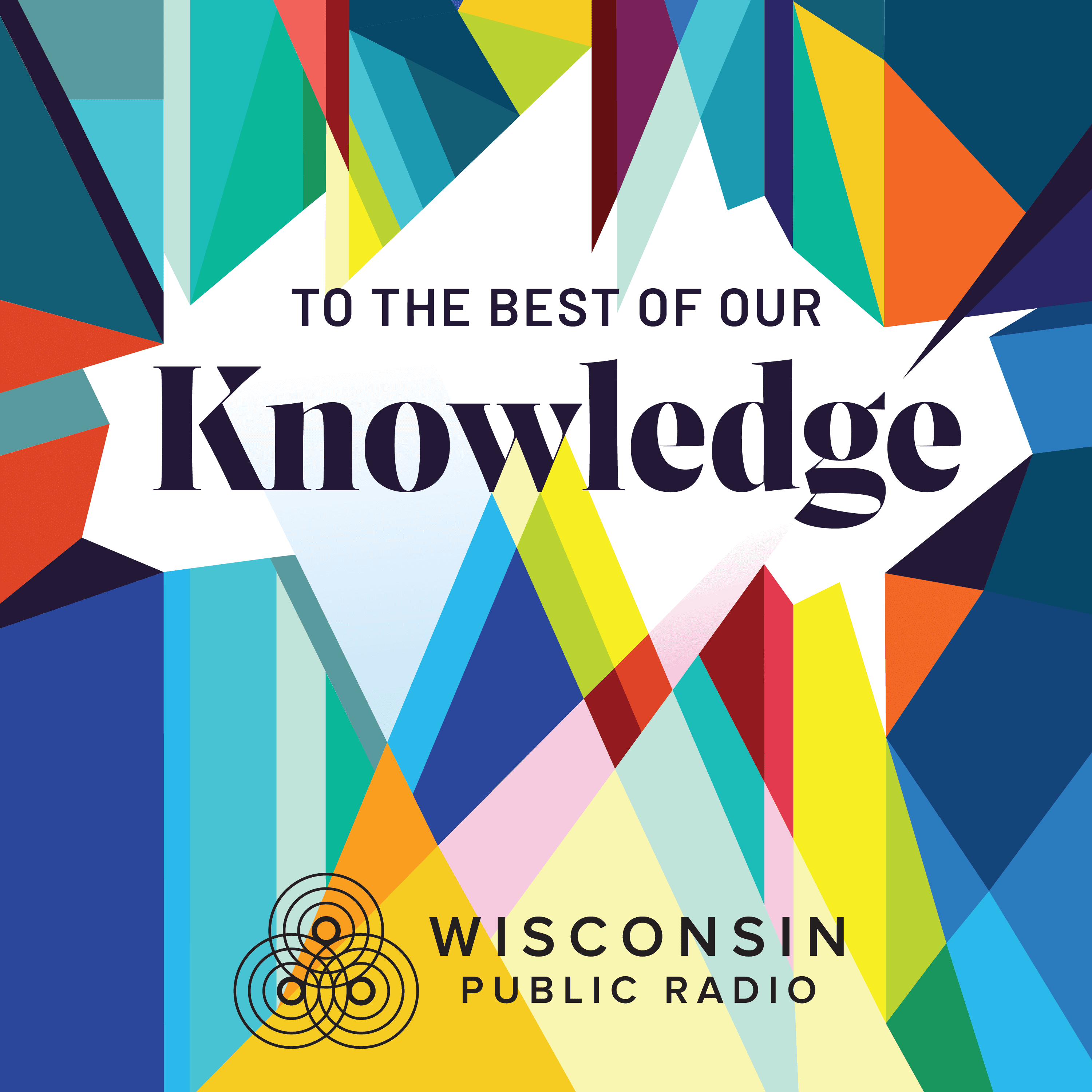
To The Best Of Our Knowledge
Wisconsin Public Radio”To the Best of Our Knowledge” is a Peabody award-winning national public radio show that explores big ideas and beautiful questions. Deep interviews with philosophers, writers, artists, scientists, historians, and others help listeners find new sources of meaning, purpose, and wonder in daily life. Whether it’s about bees, poetry, skin, or psychedelics, every episode is an intimate, sound-rich journey into open-minded, open-hearted conversations. Warm and engaging, TTBOOK helps listeners feel less alone and more connected – to our common humanity and to the world we share.
For more from the TTBOOK team, visit us at ttbook.org.
”To the Best of Our Knowledge” is a Peabody award-winning national public radio show that explores big ideas and beautiful questions. Deep interviews with philosophers, writers, artists, scientists, historians, and others help listeners find new sources of meaning, purpose, and wonder in daily life. Whether it’s about bees, poetry, skin, or psychedelics, every episode is an intimate, sound-rich journey into open-minded, open-hearted conversations. Warm and engaging, TTBOOK helps listeners feel less alone and more connected – to our common humanity and to the world we share.
For more from the TTBOOK team, visit us at ttbook.org.
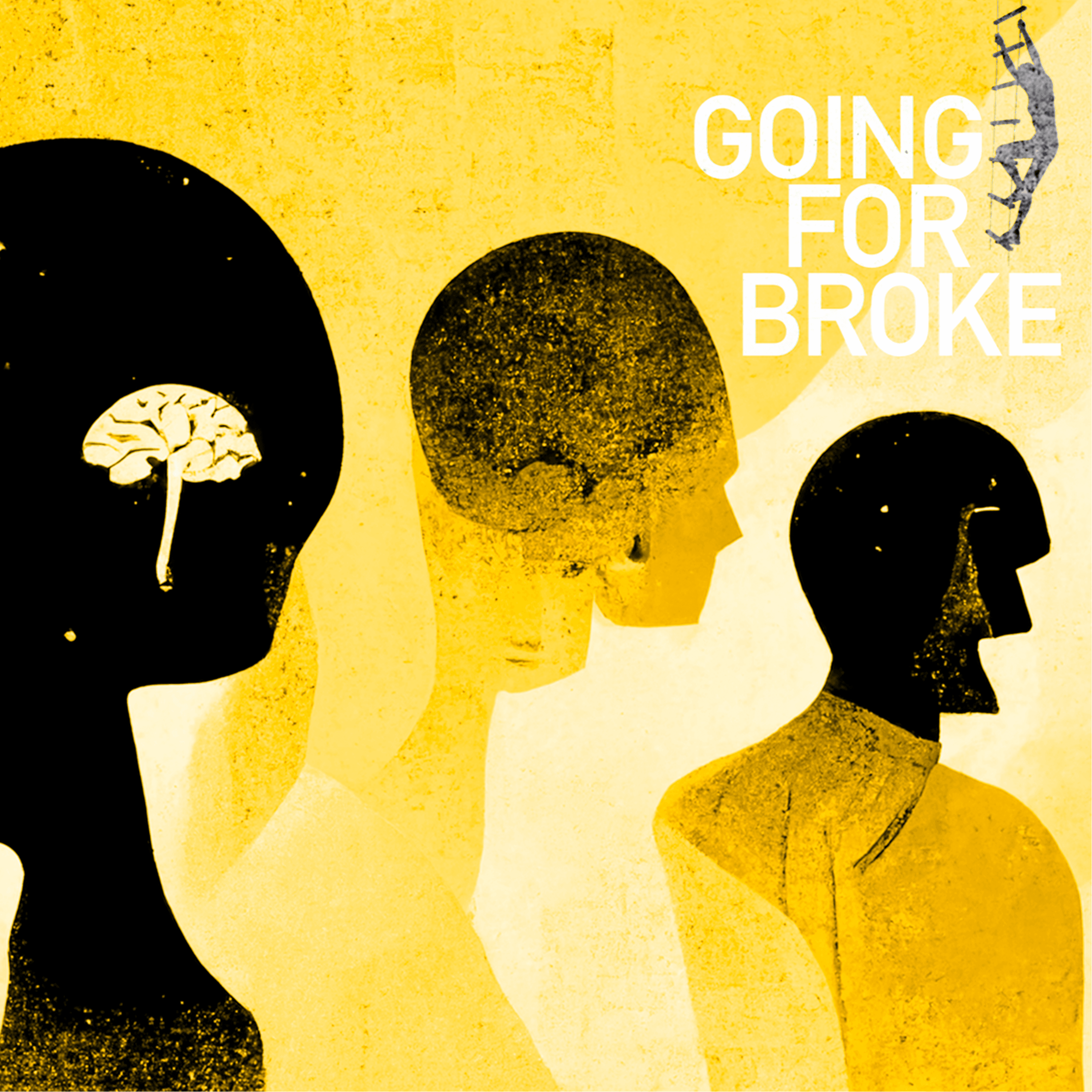

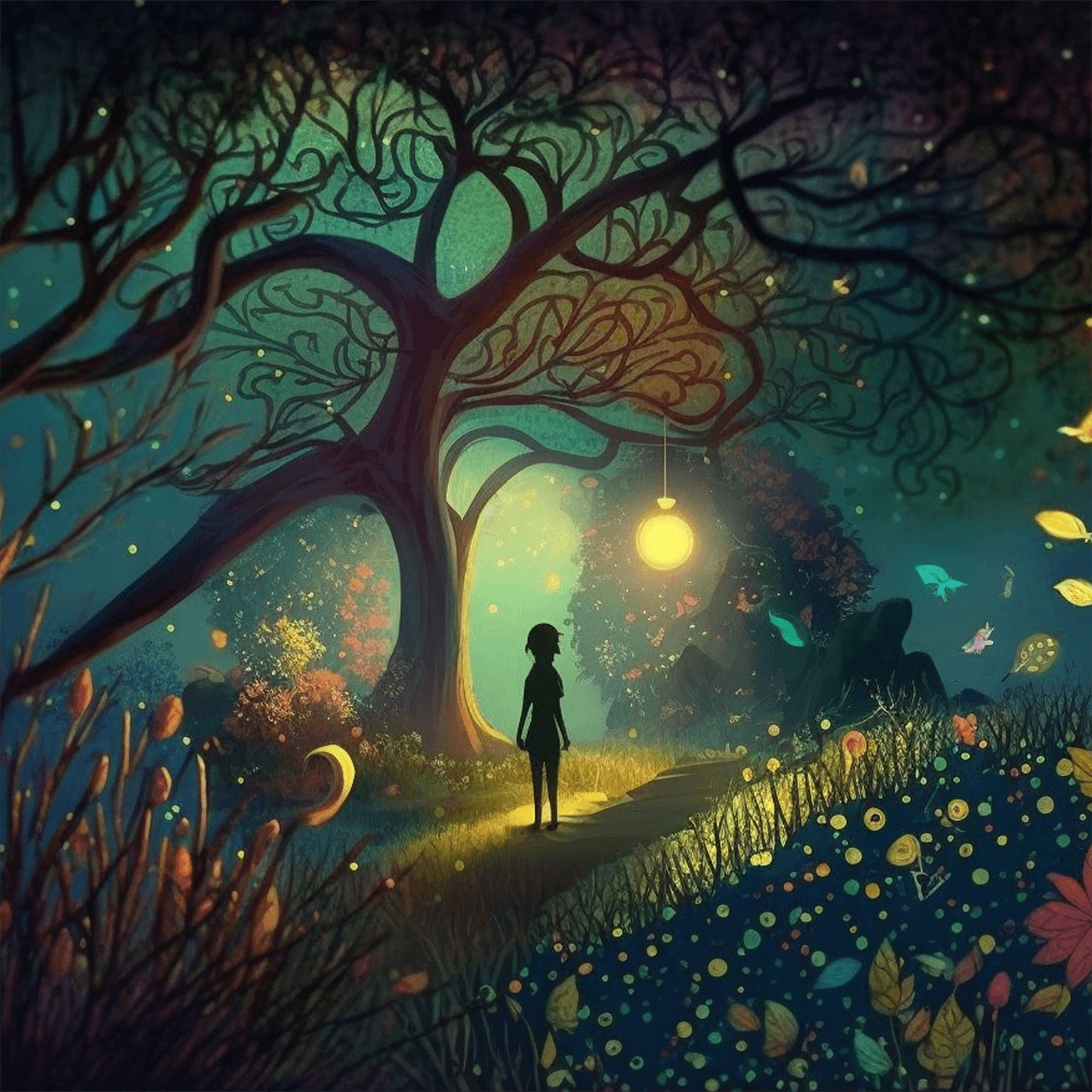

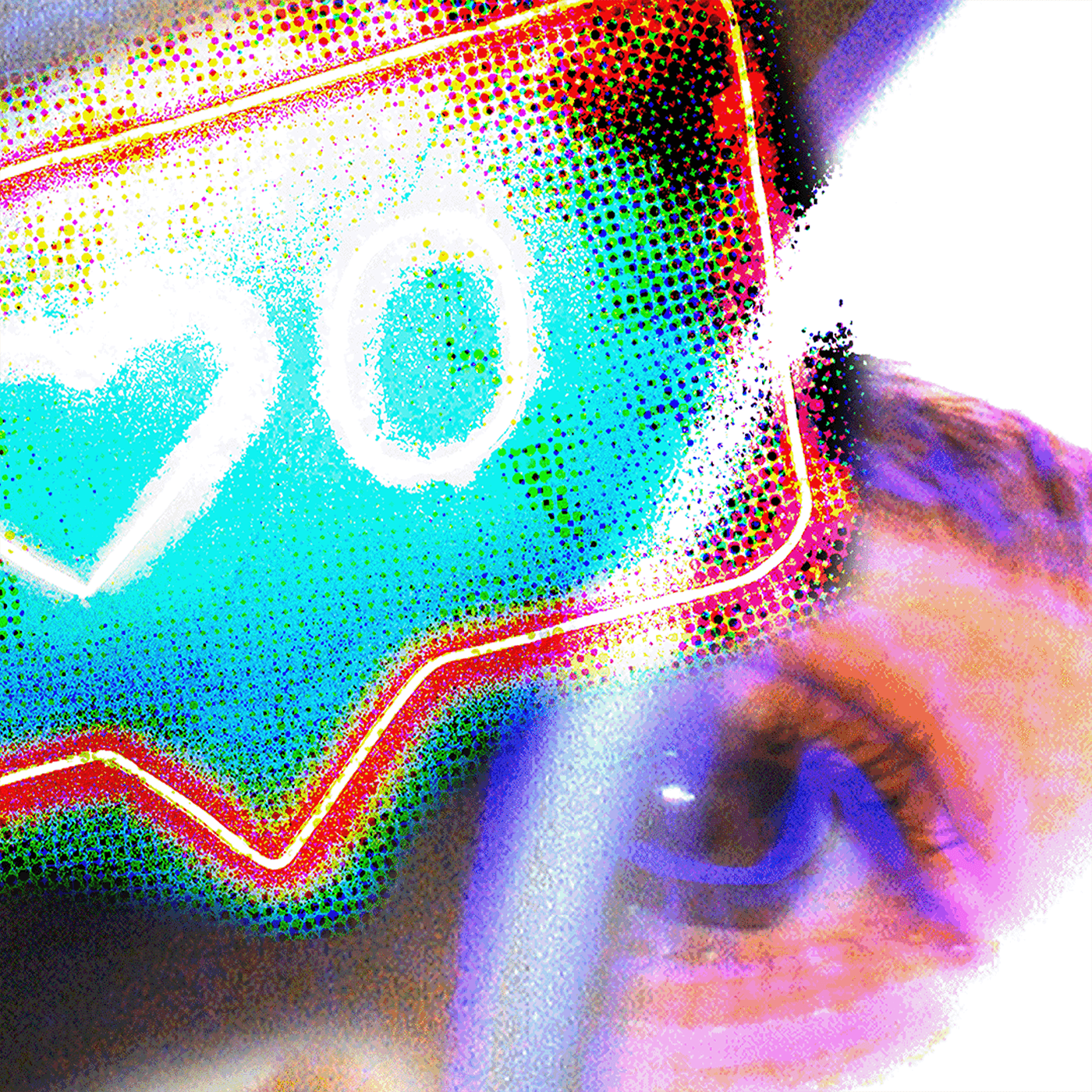
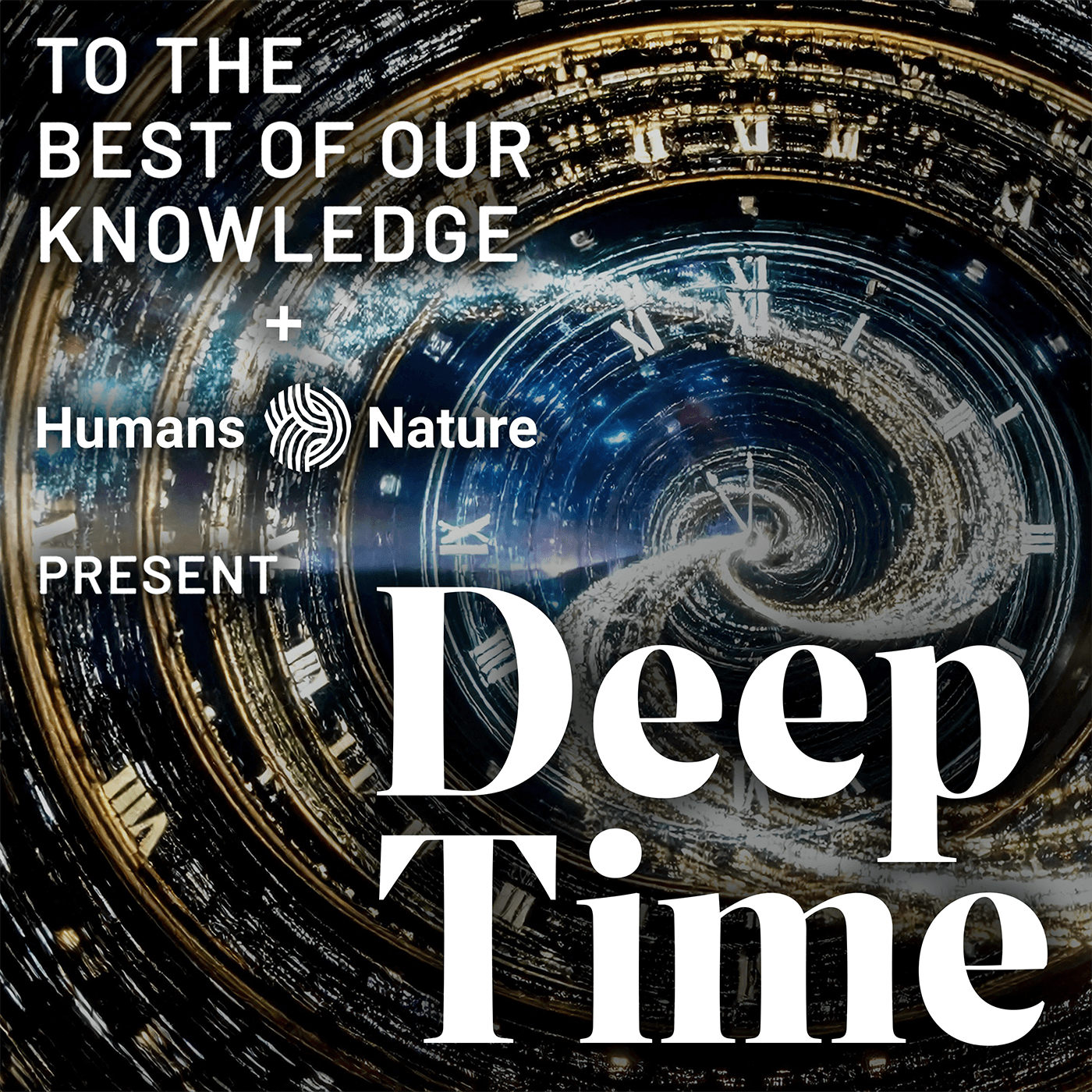
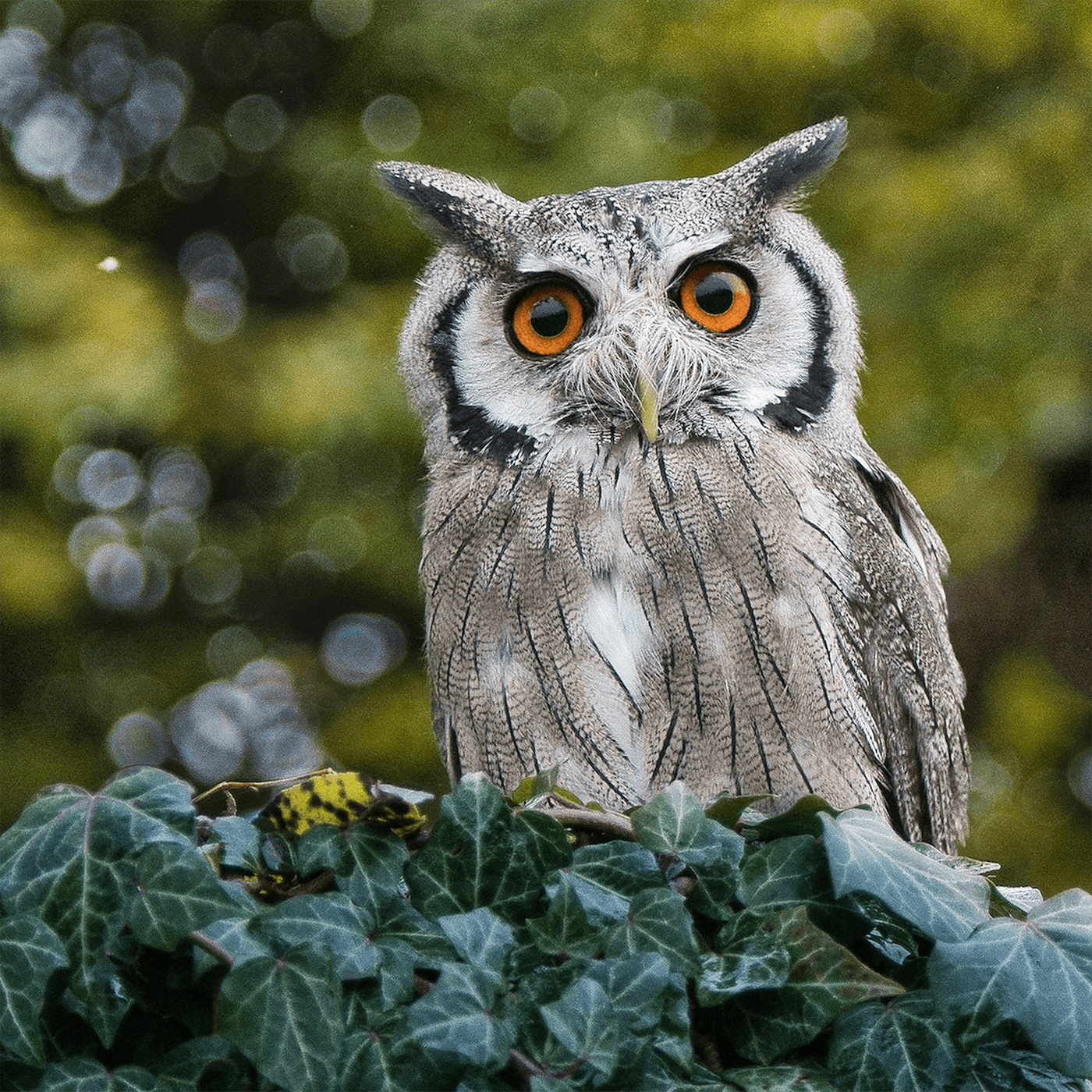


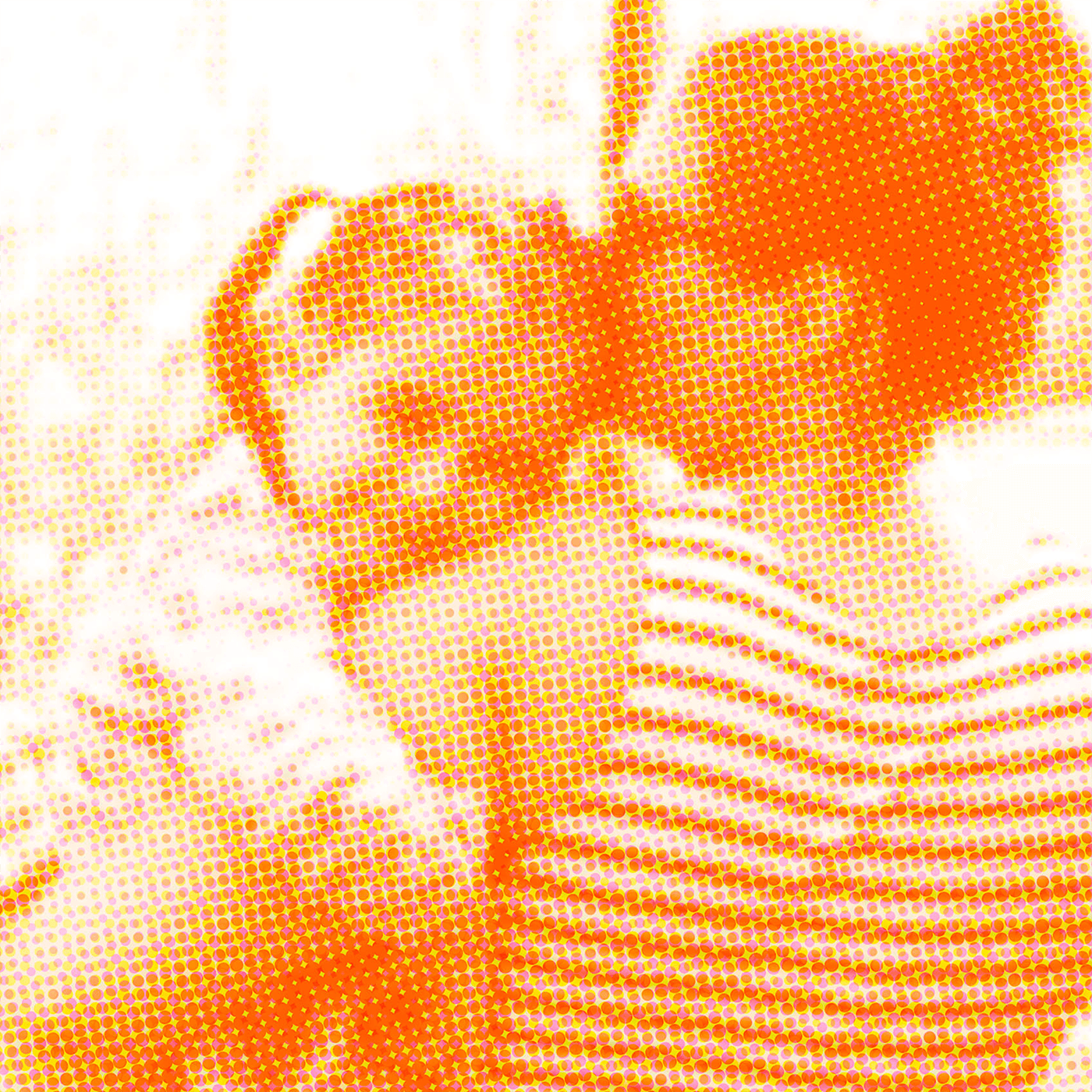
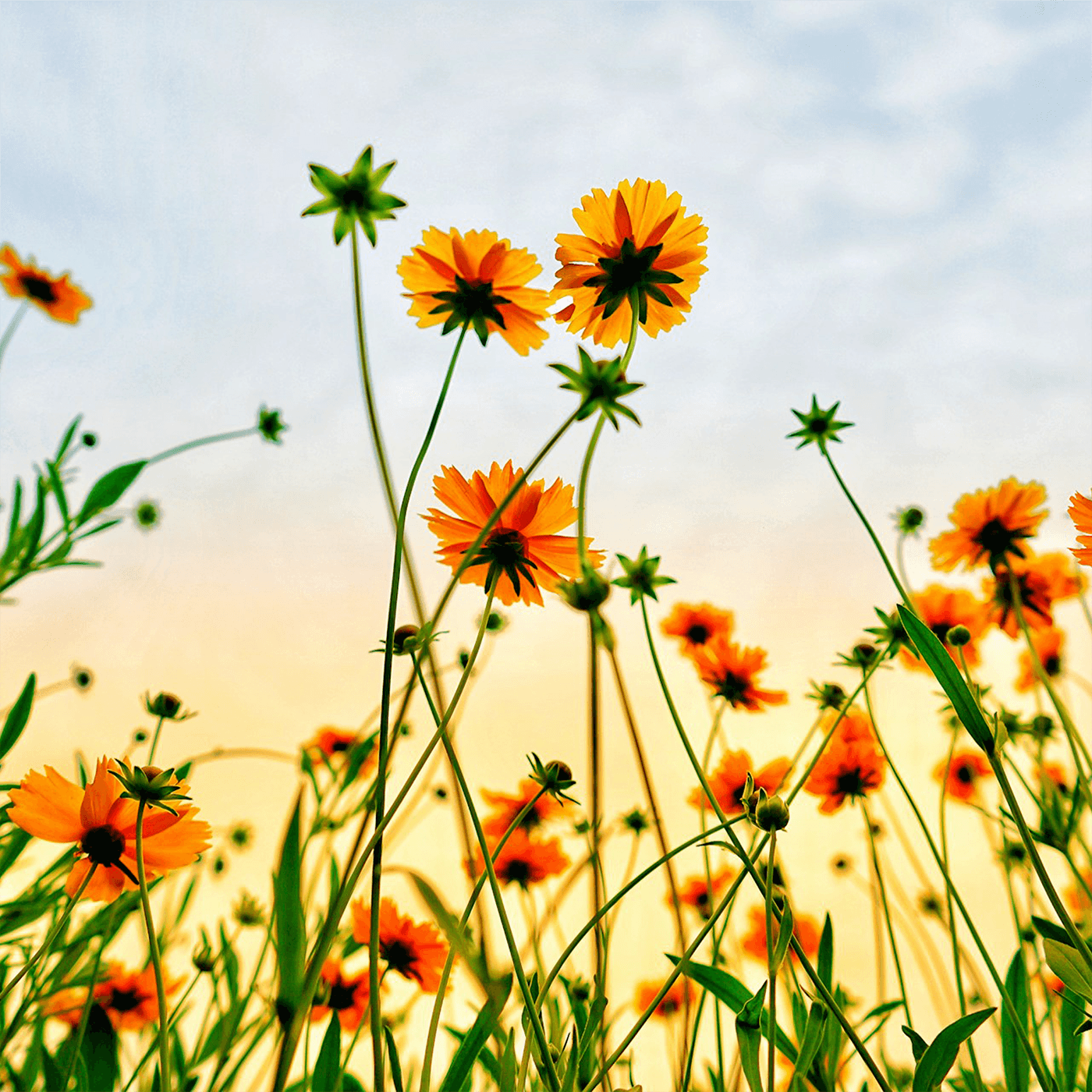
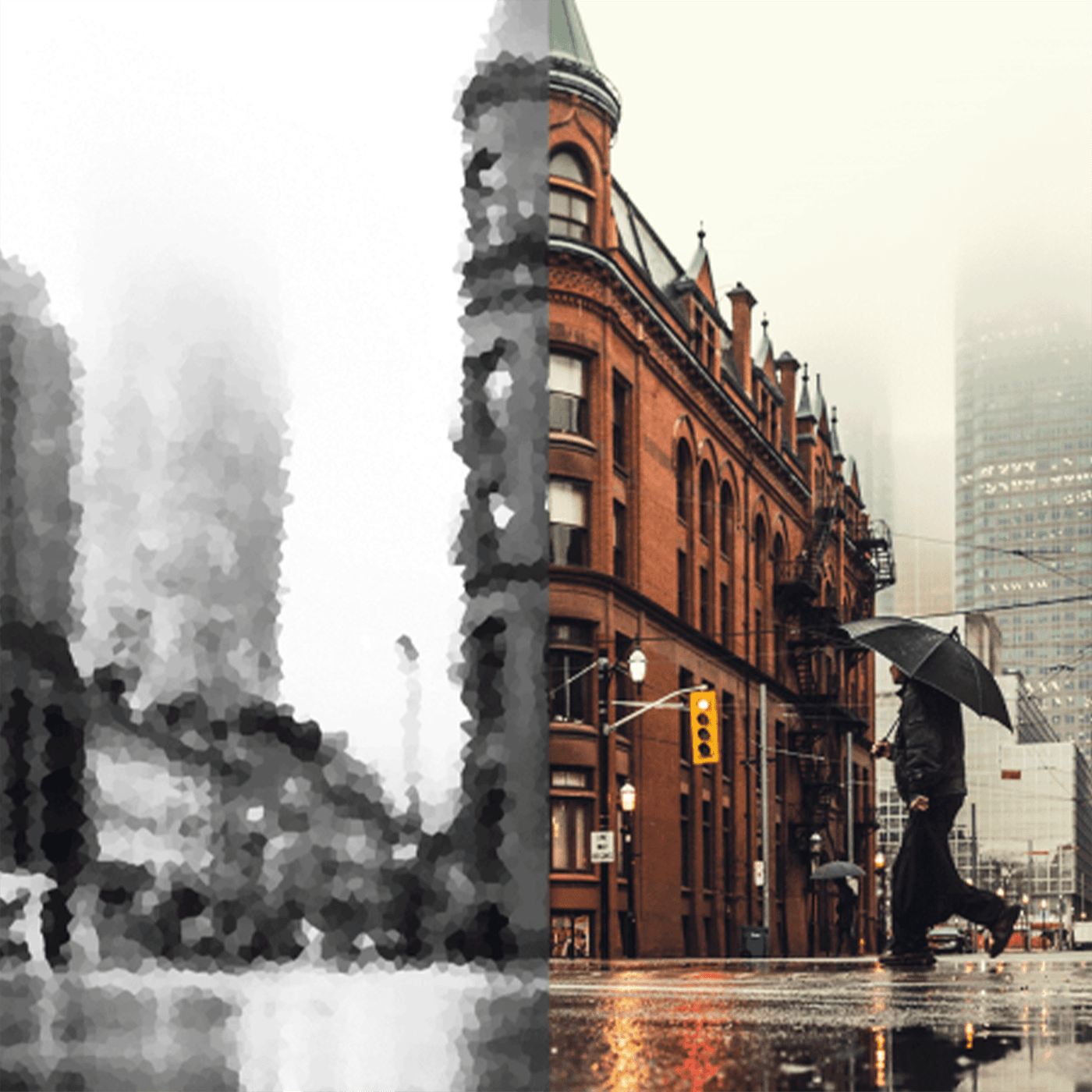
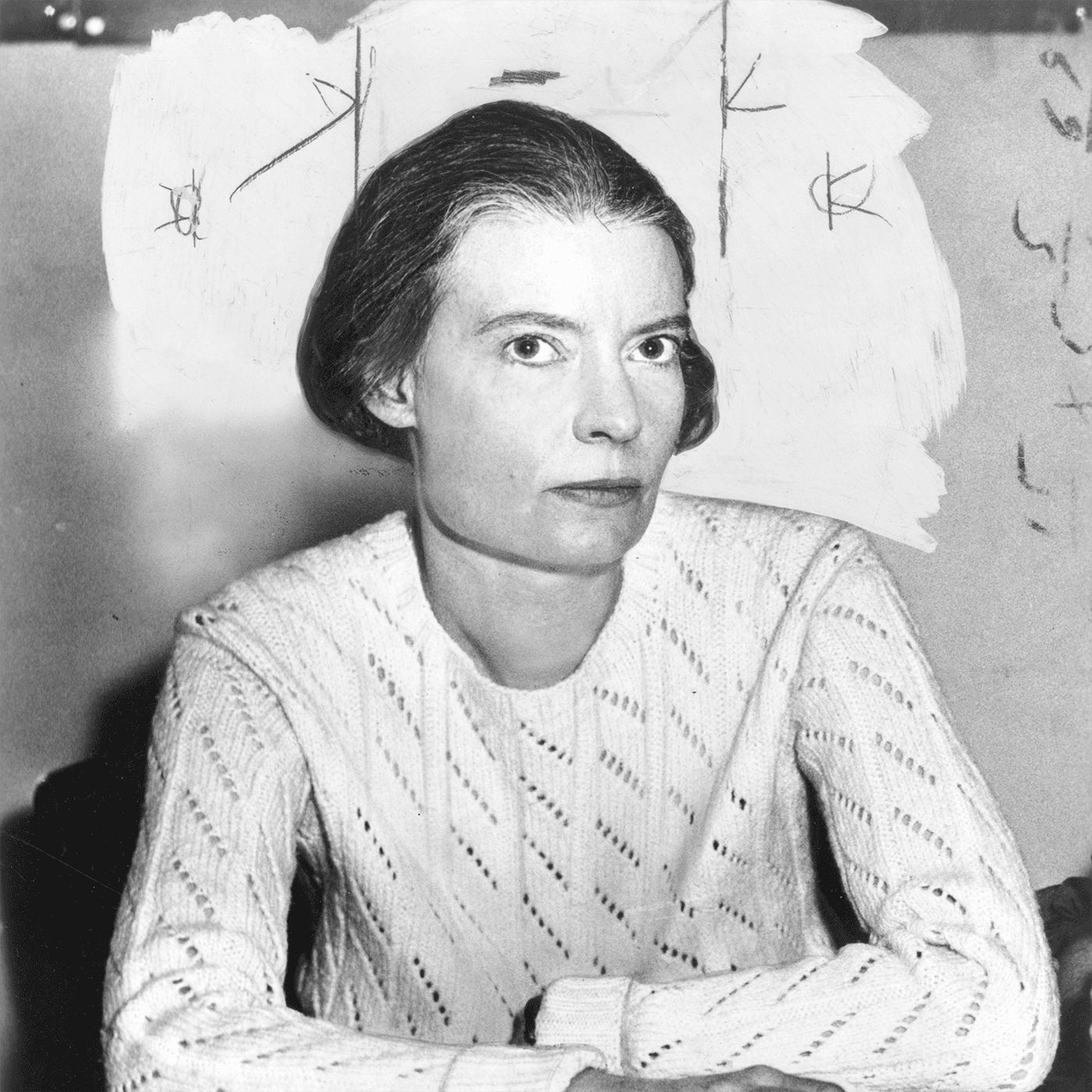
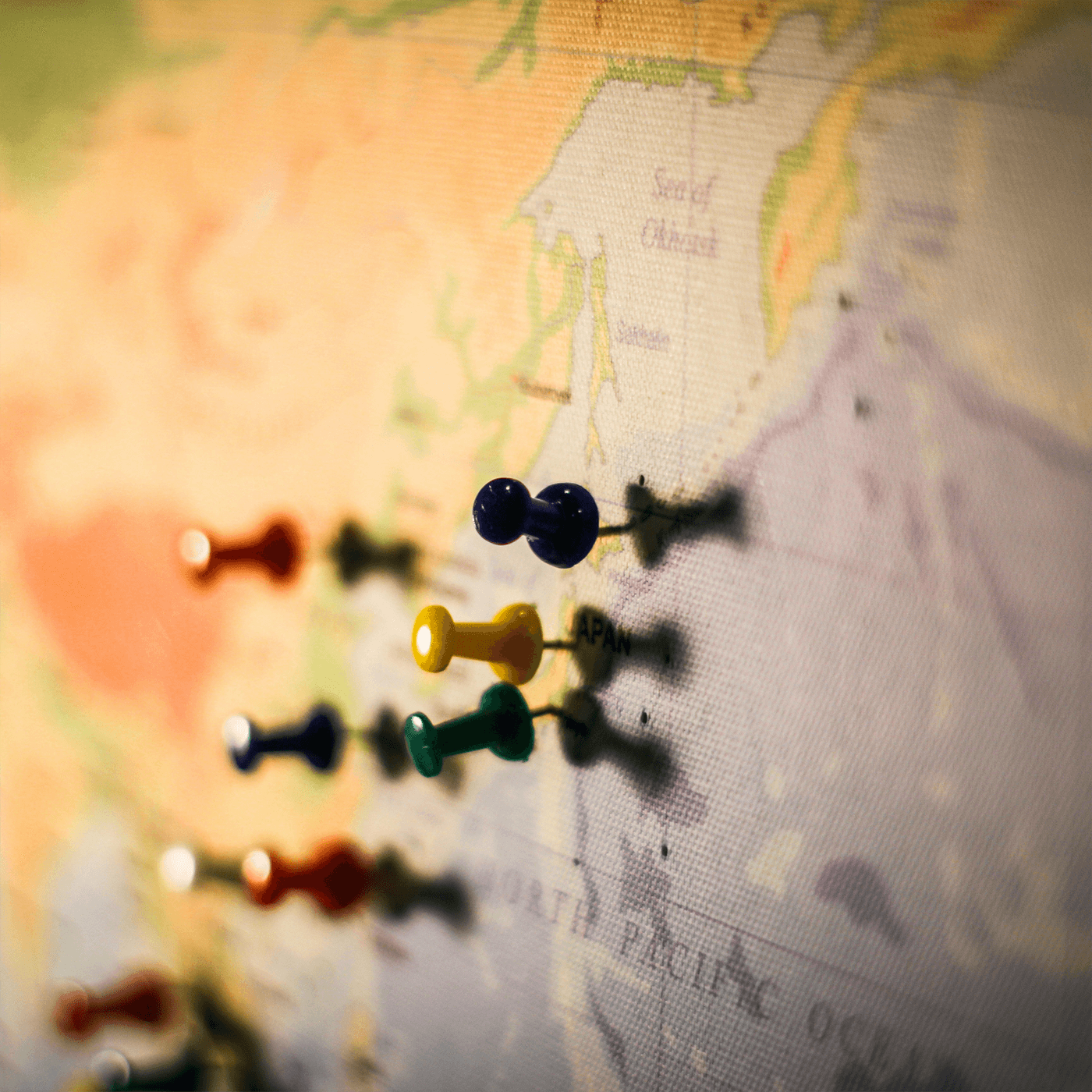
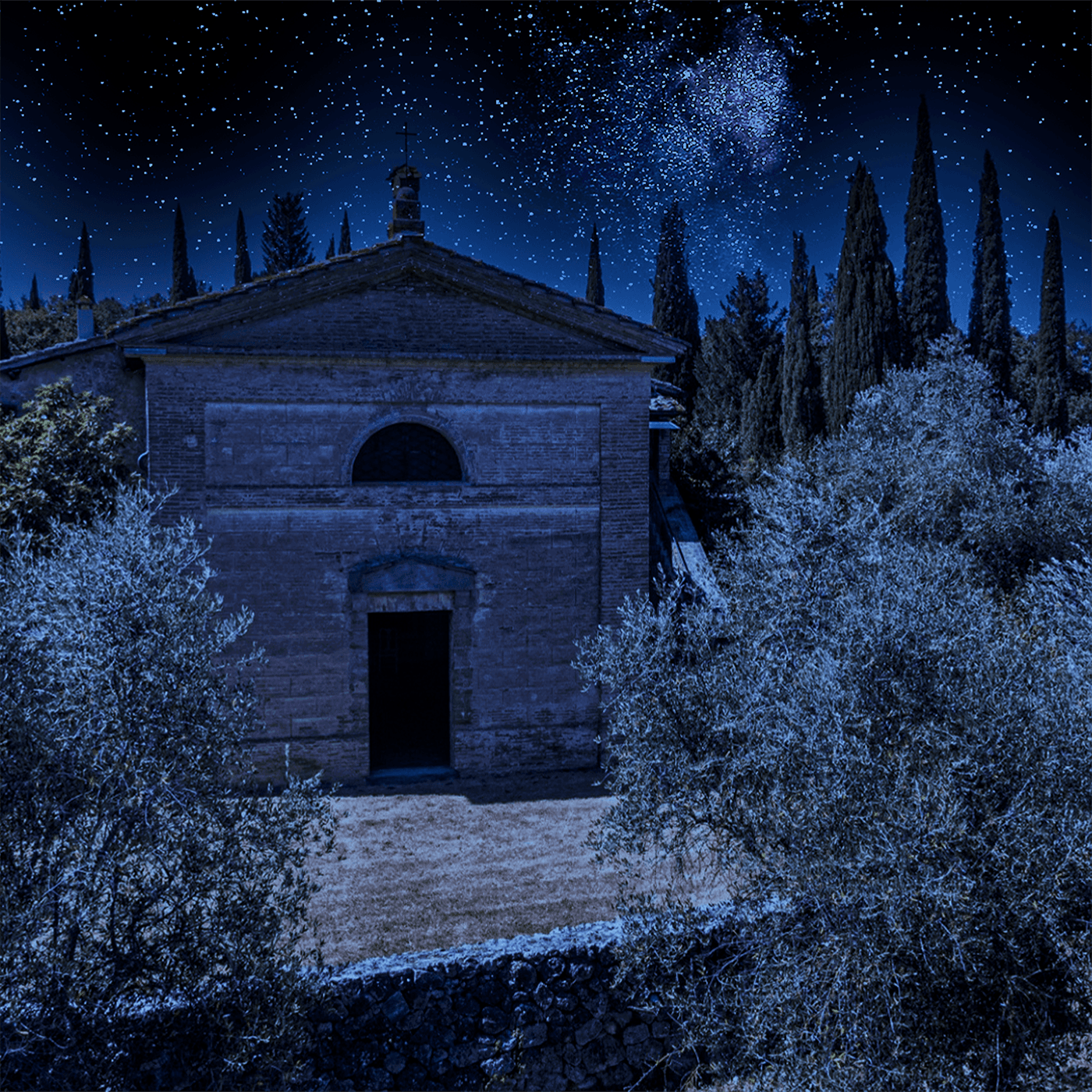
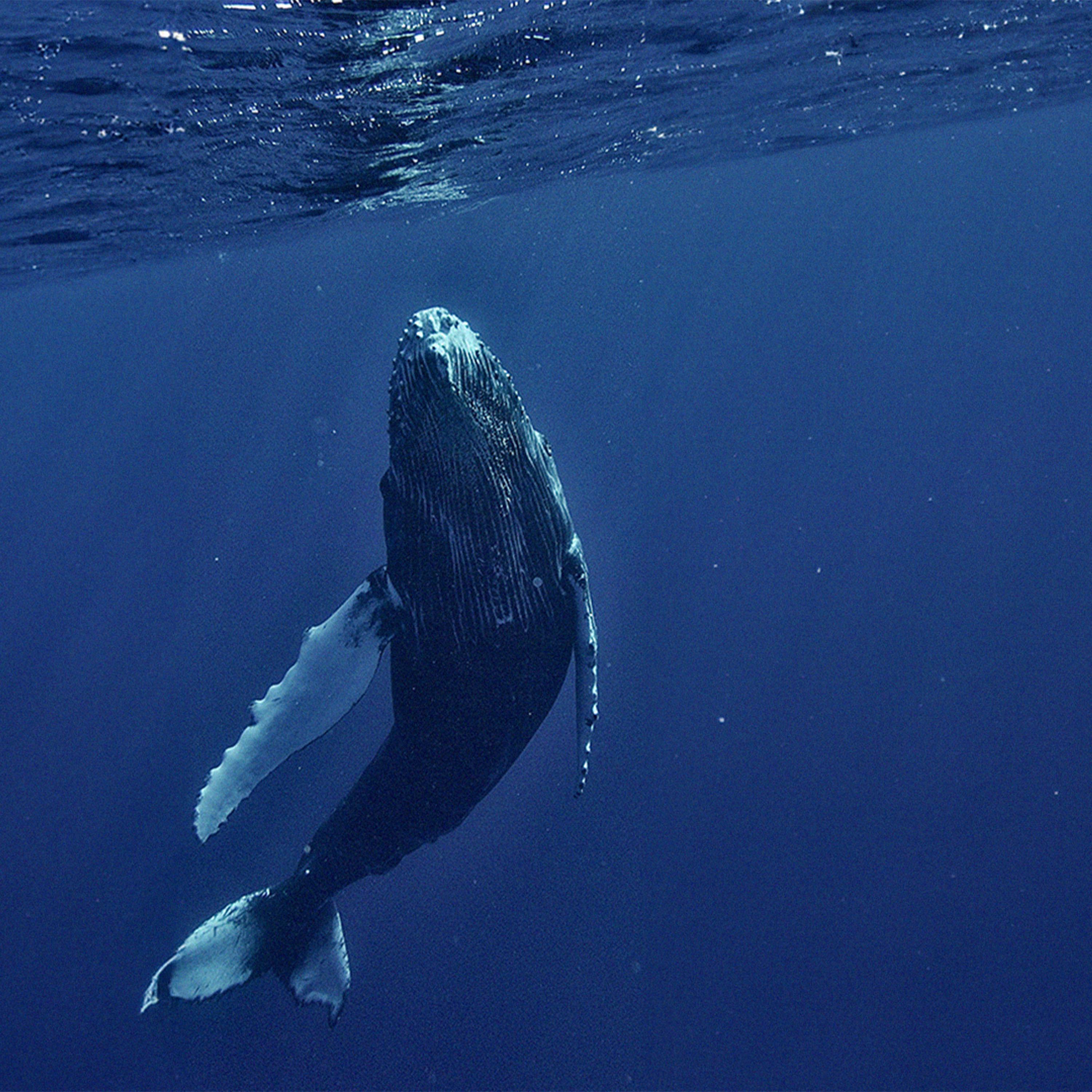
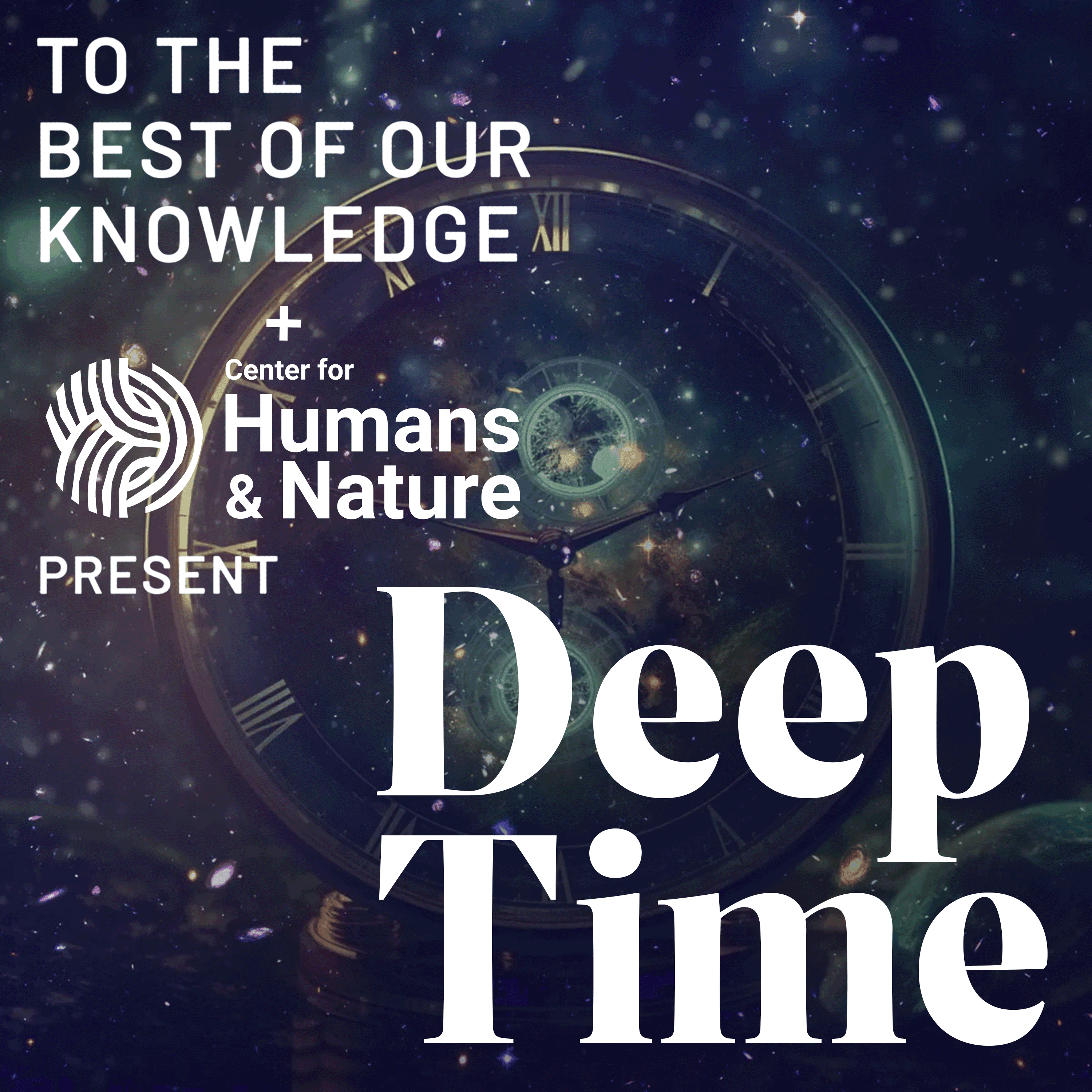
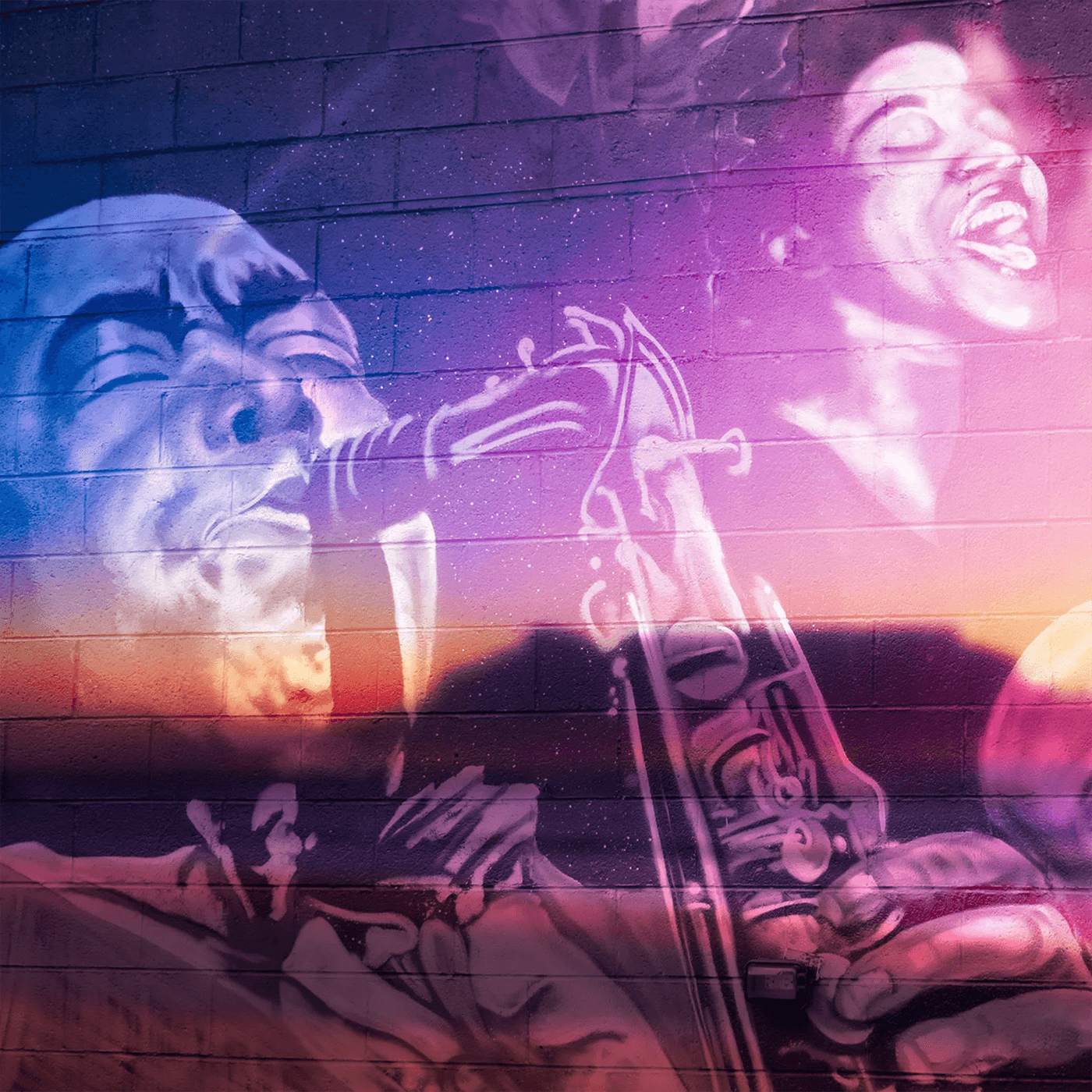
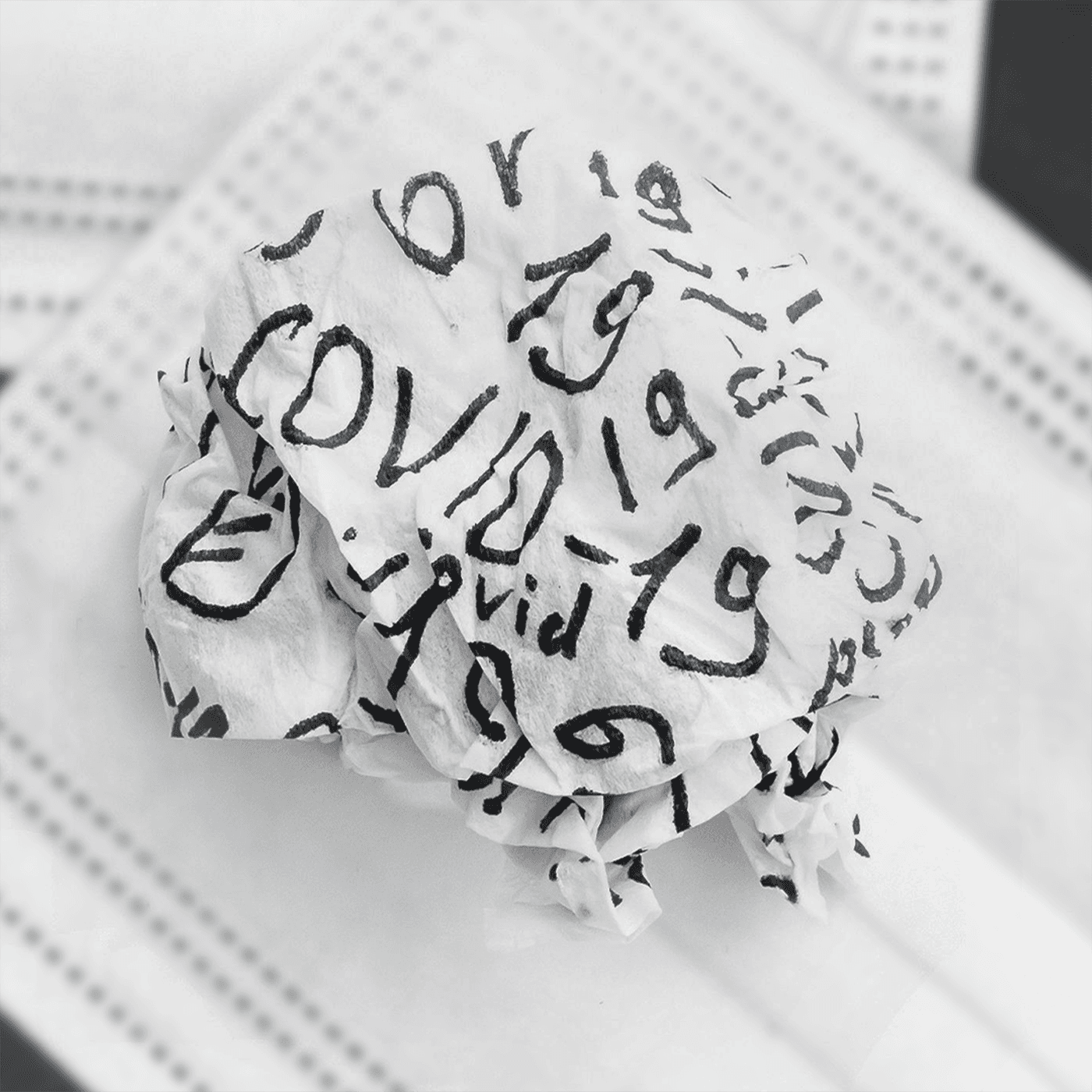
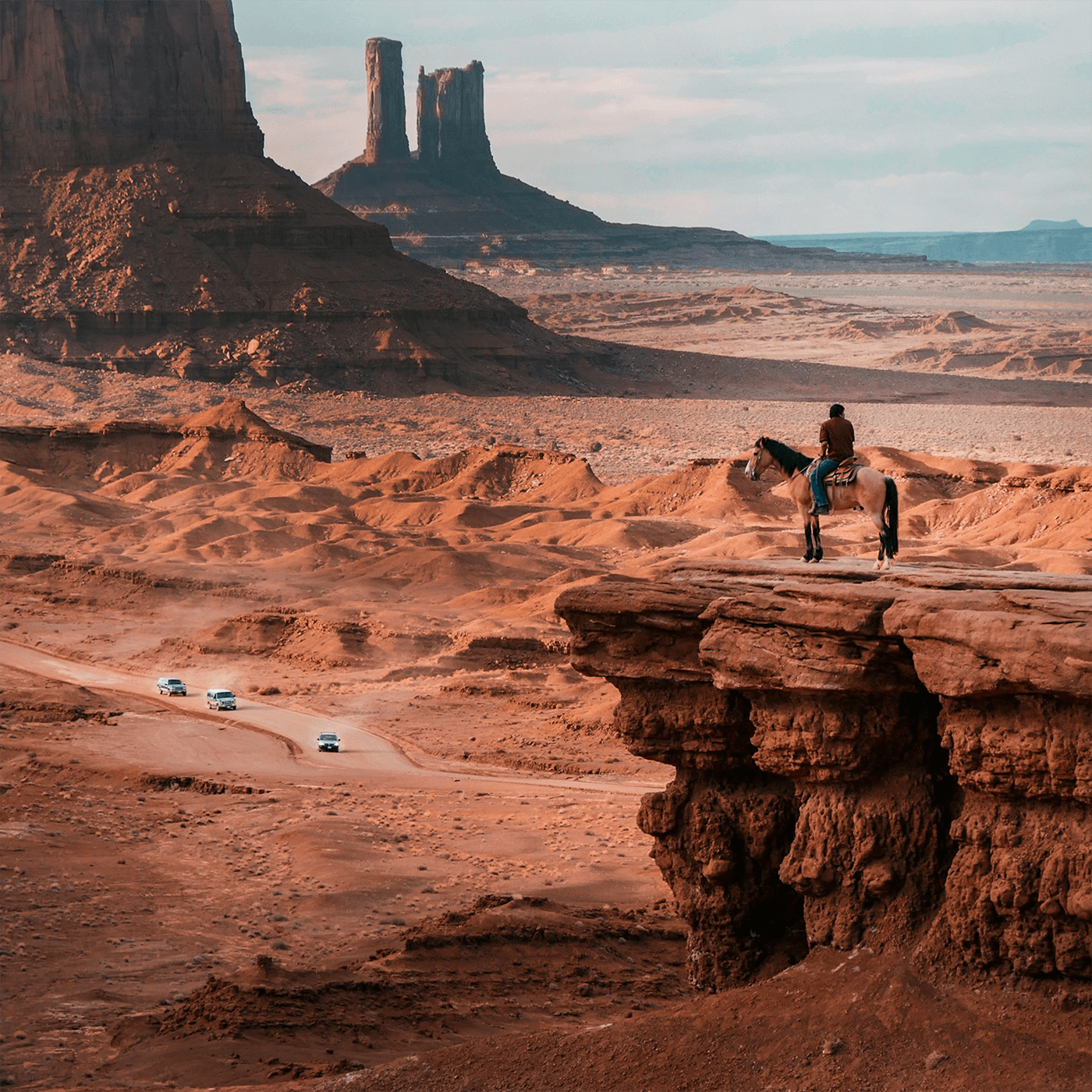

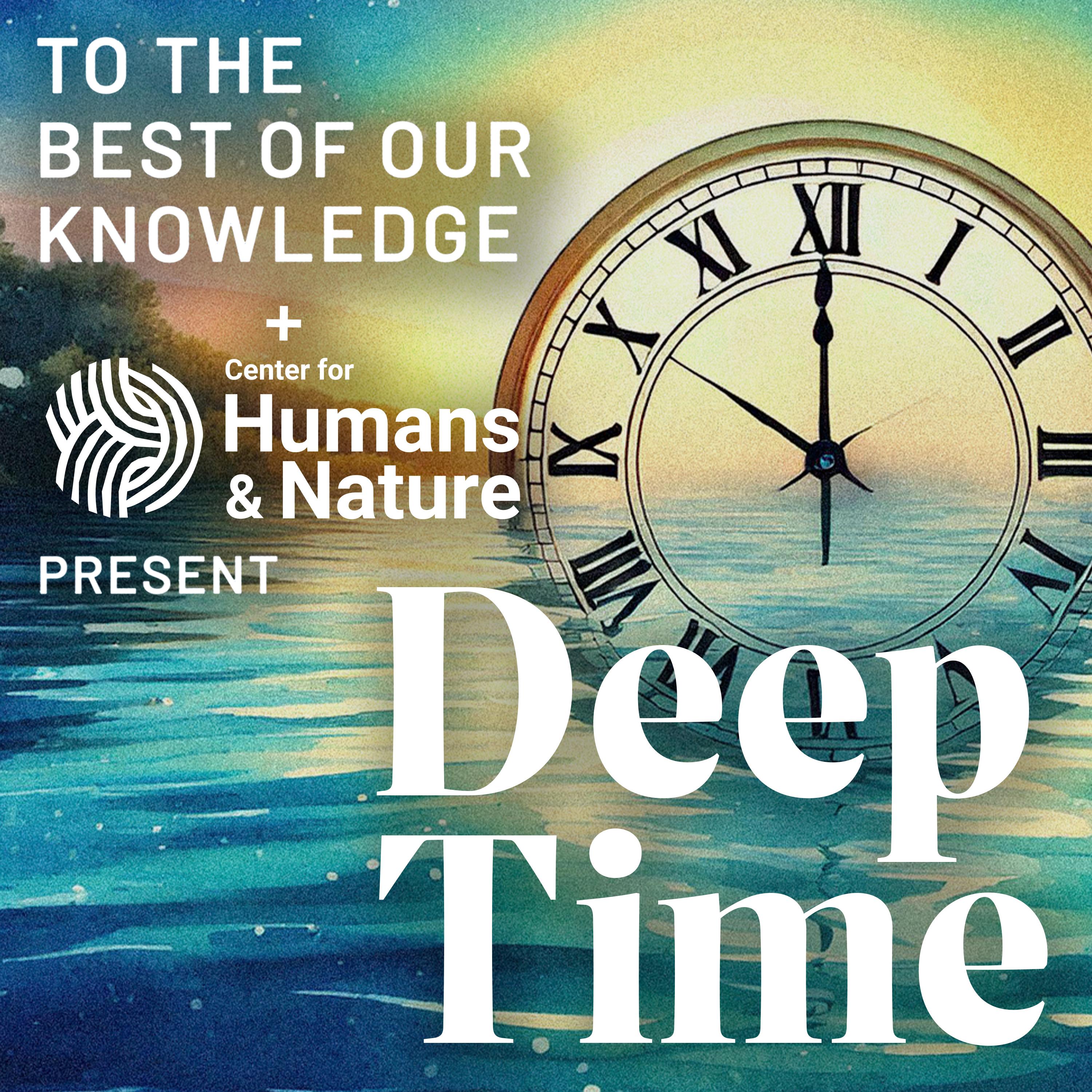
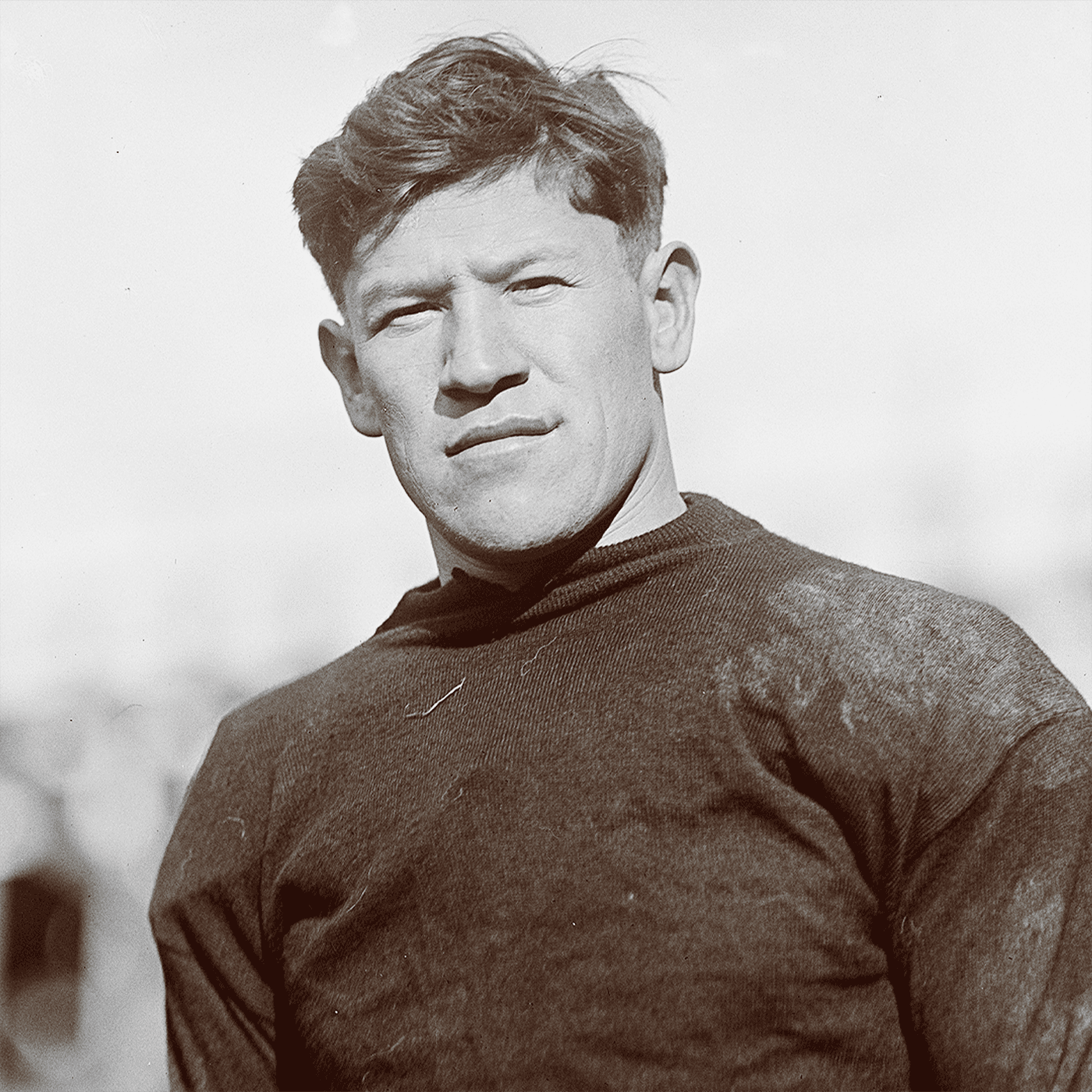





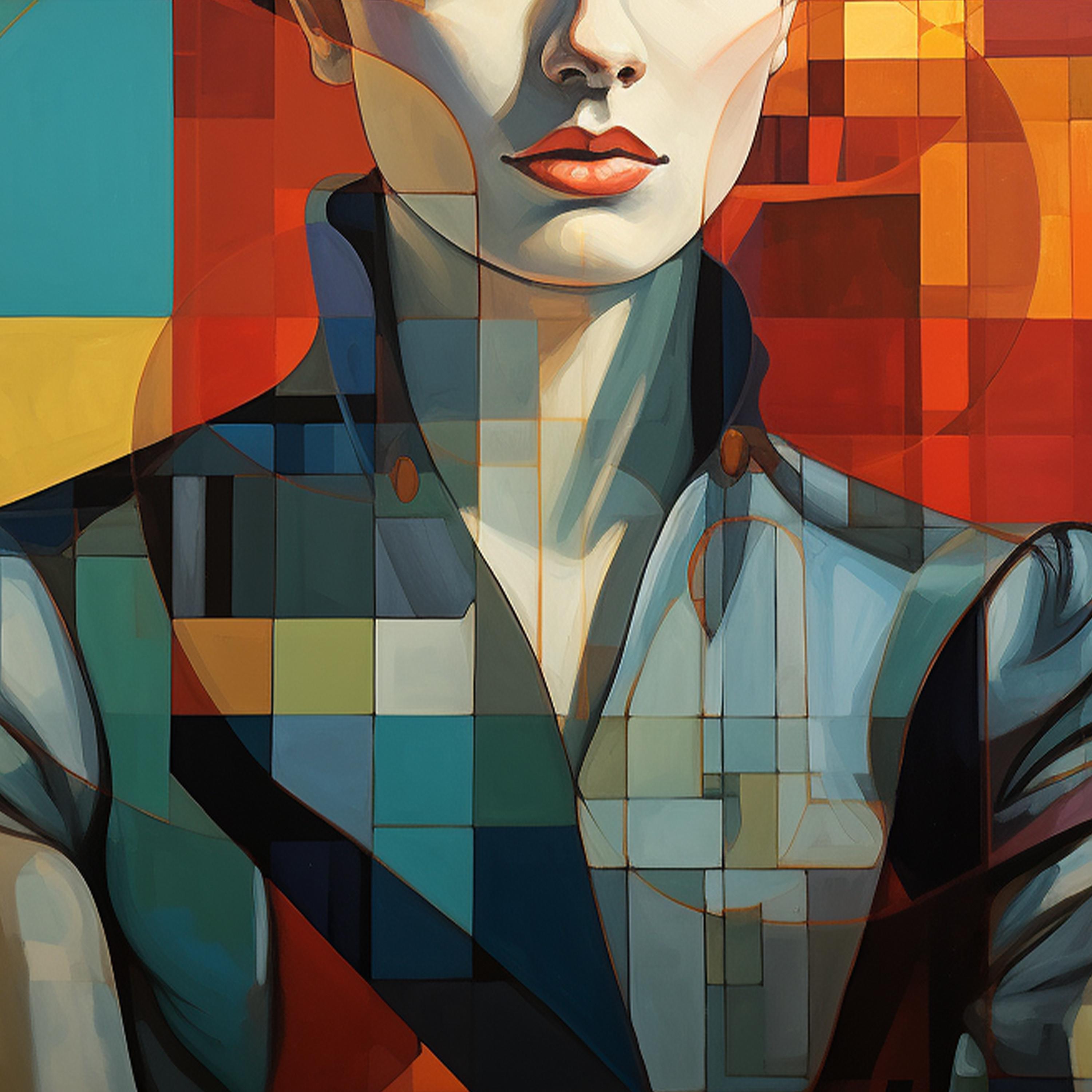
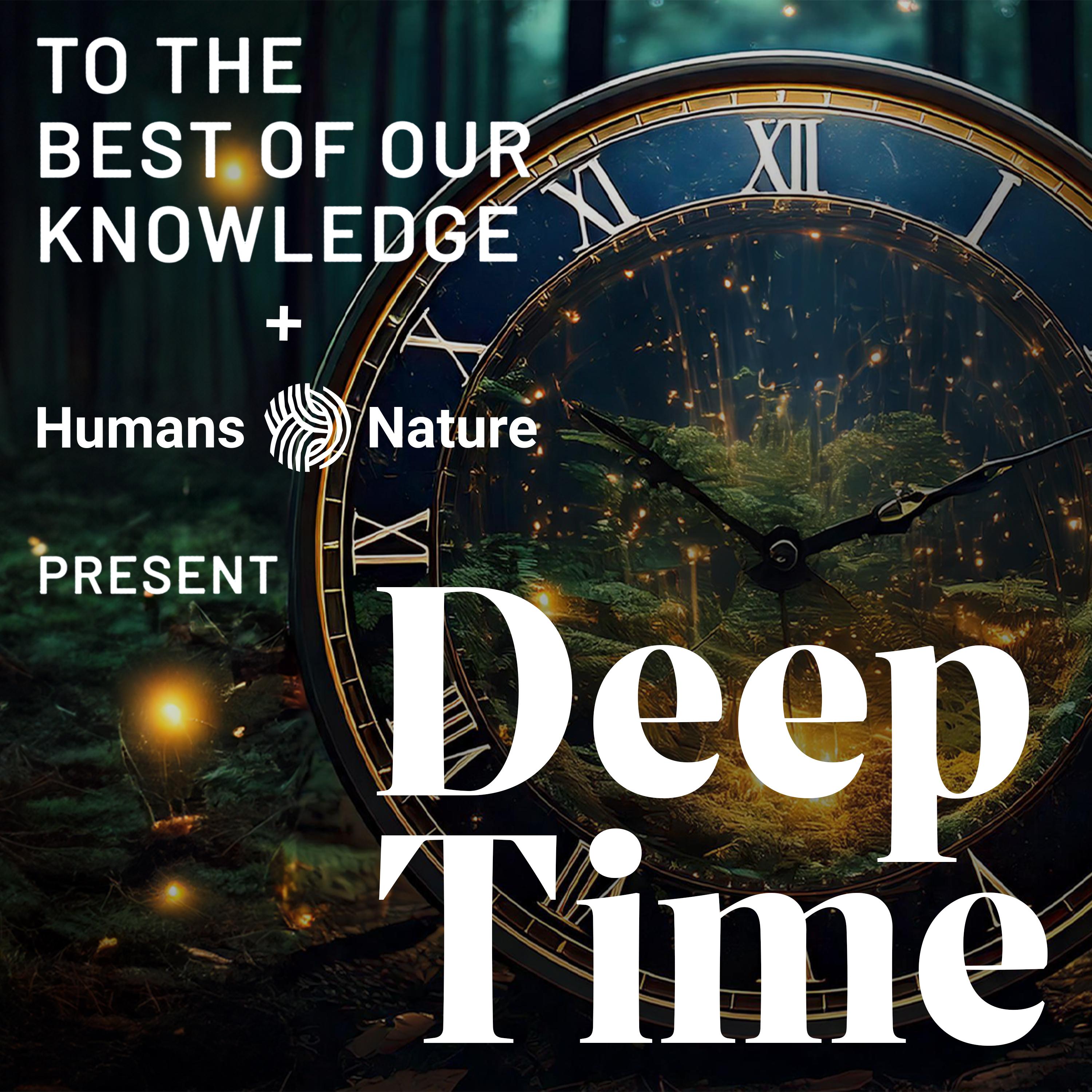
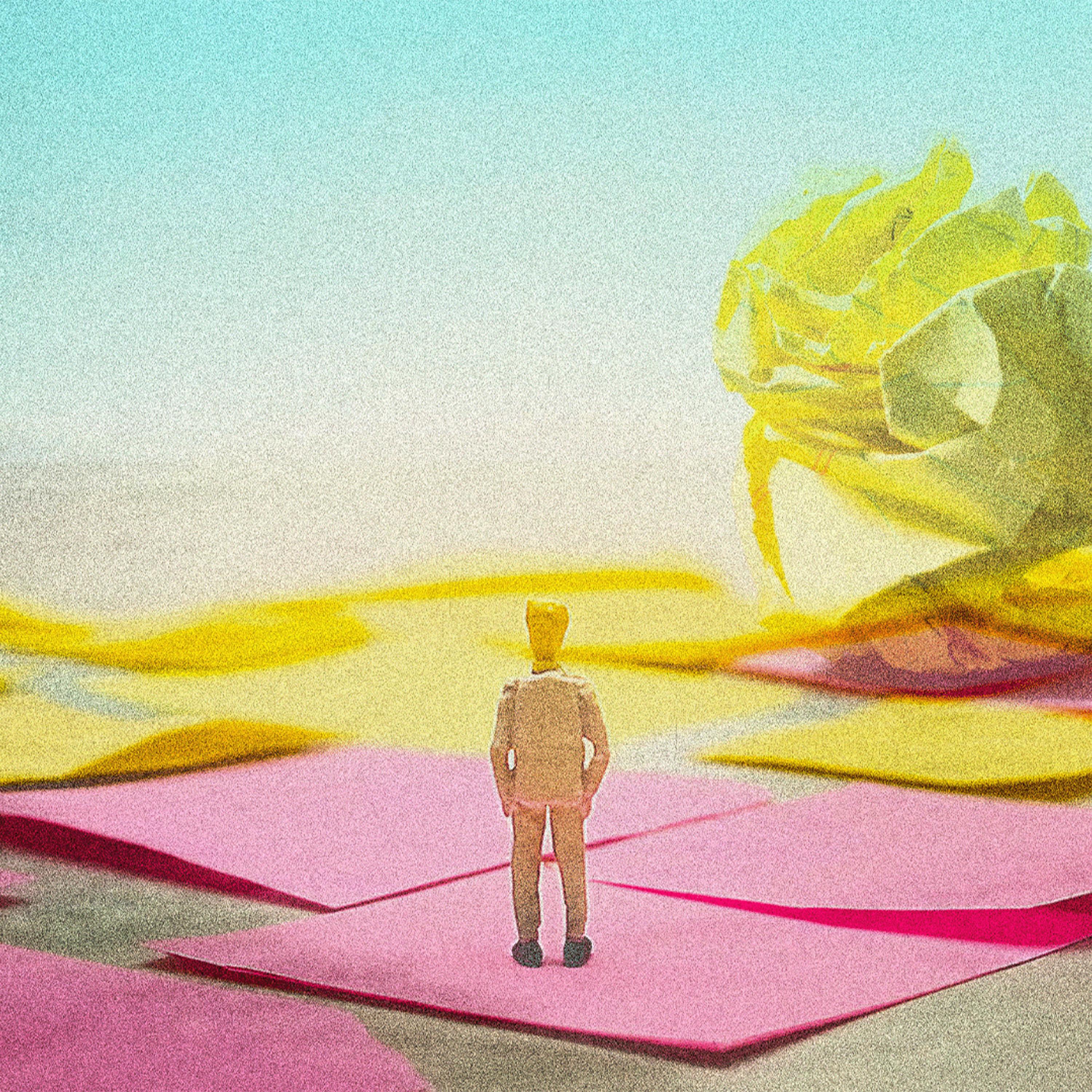
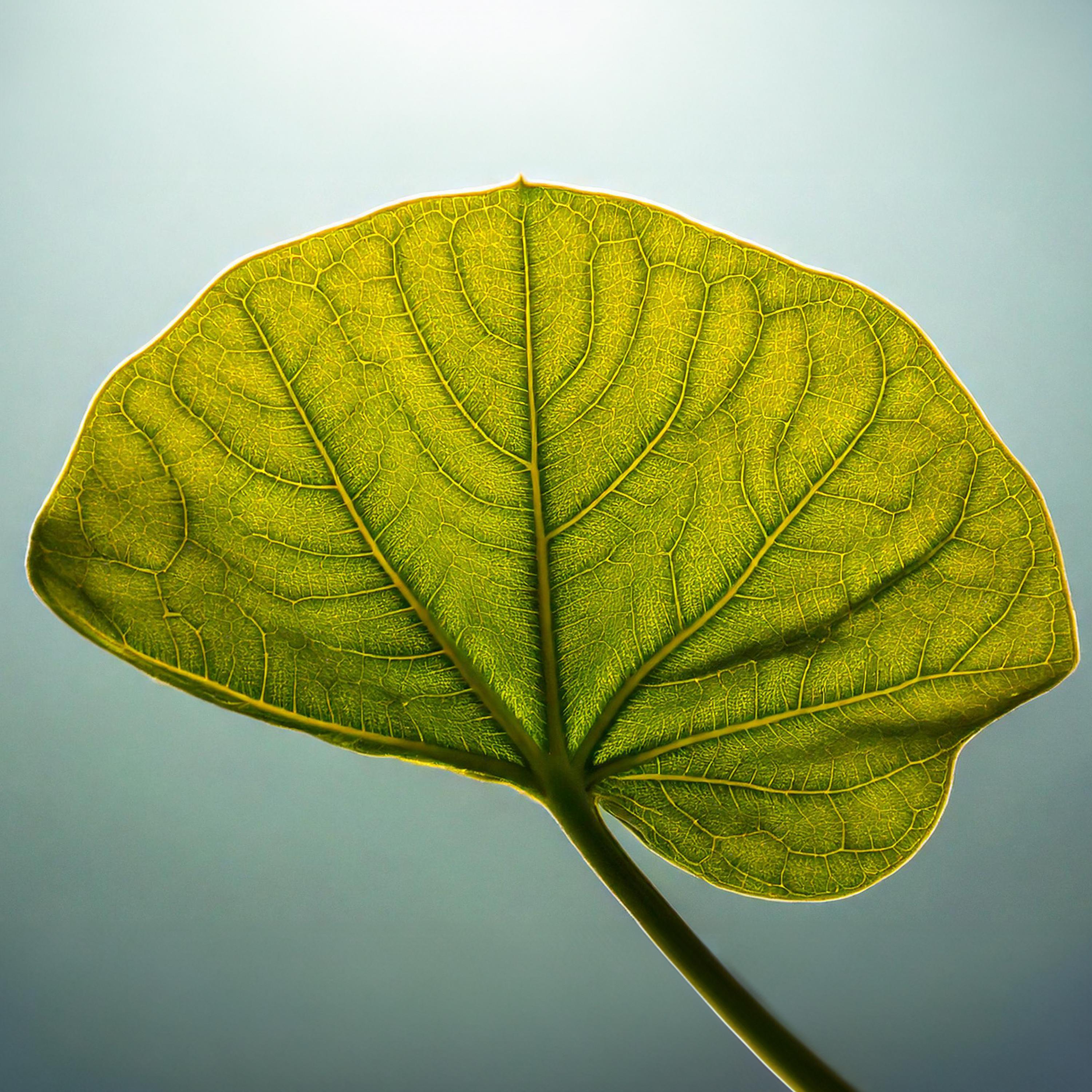


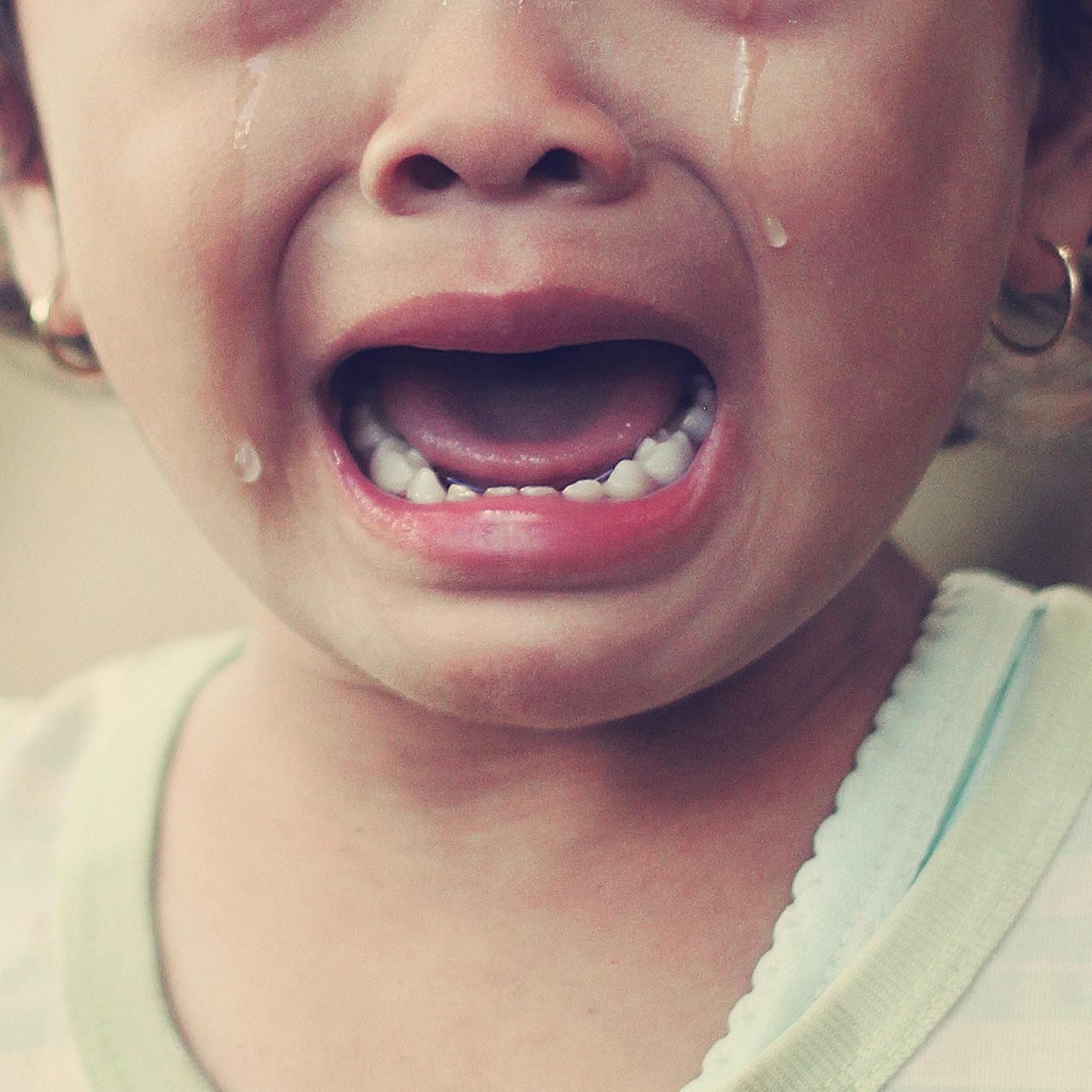
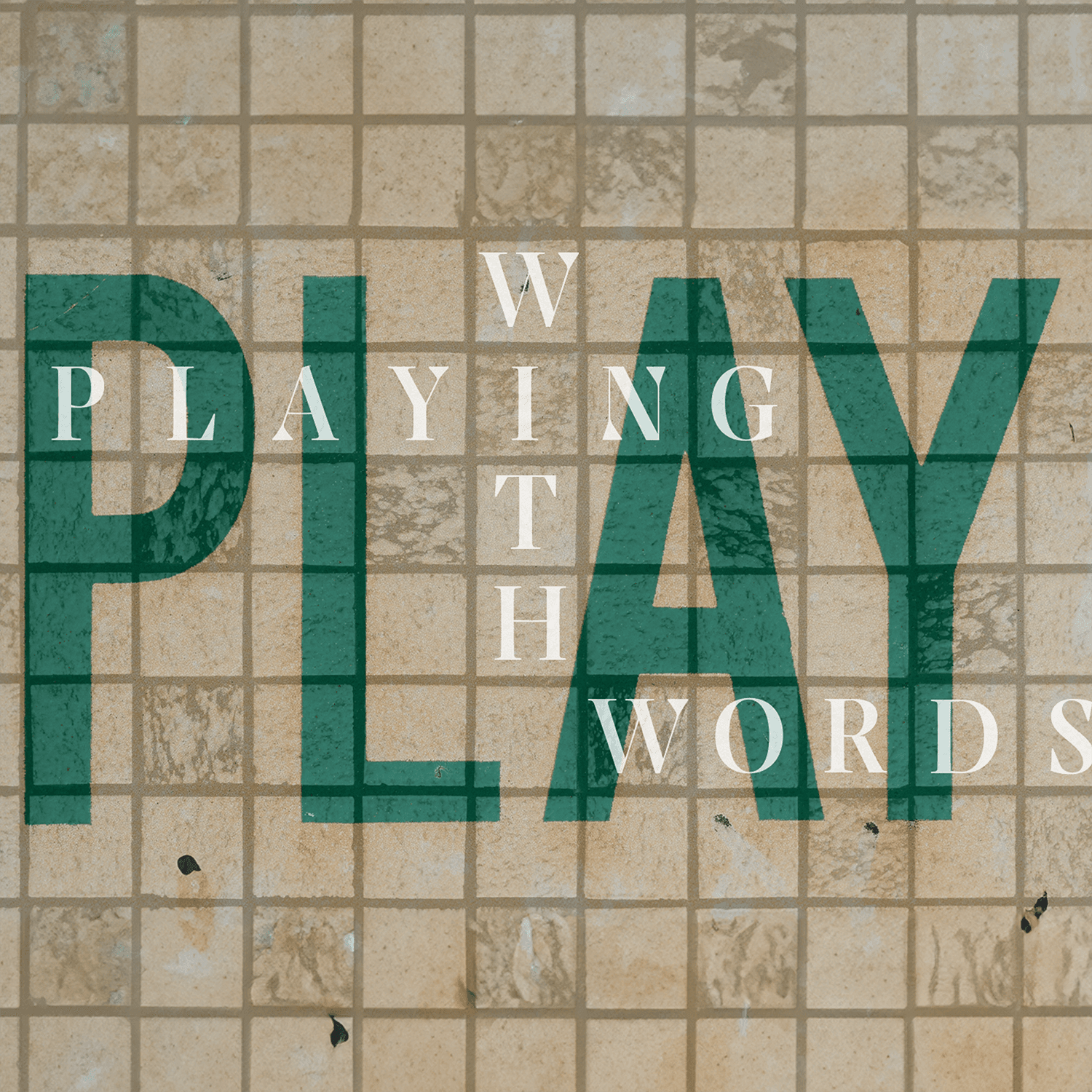


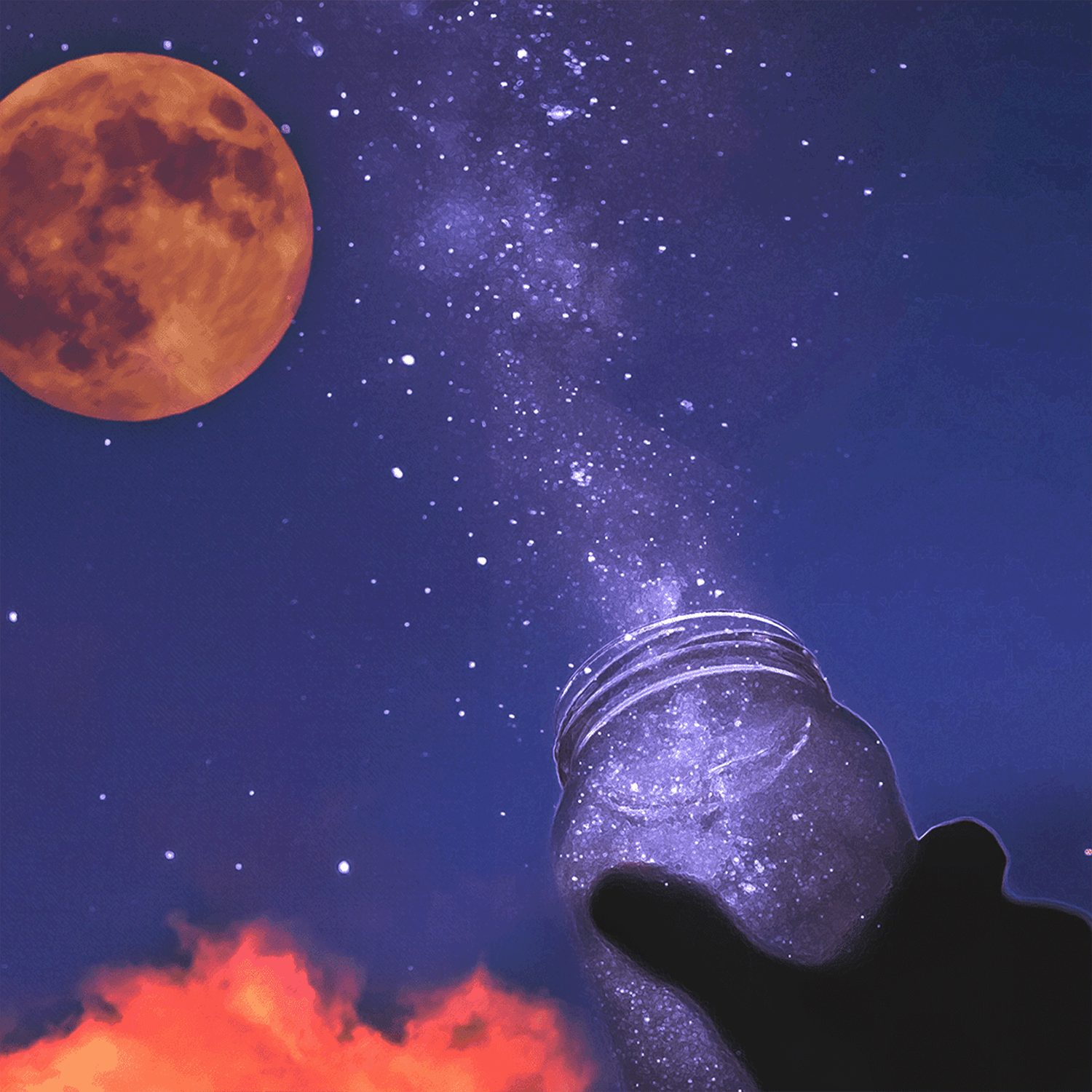

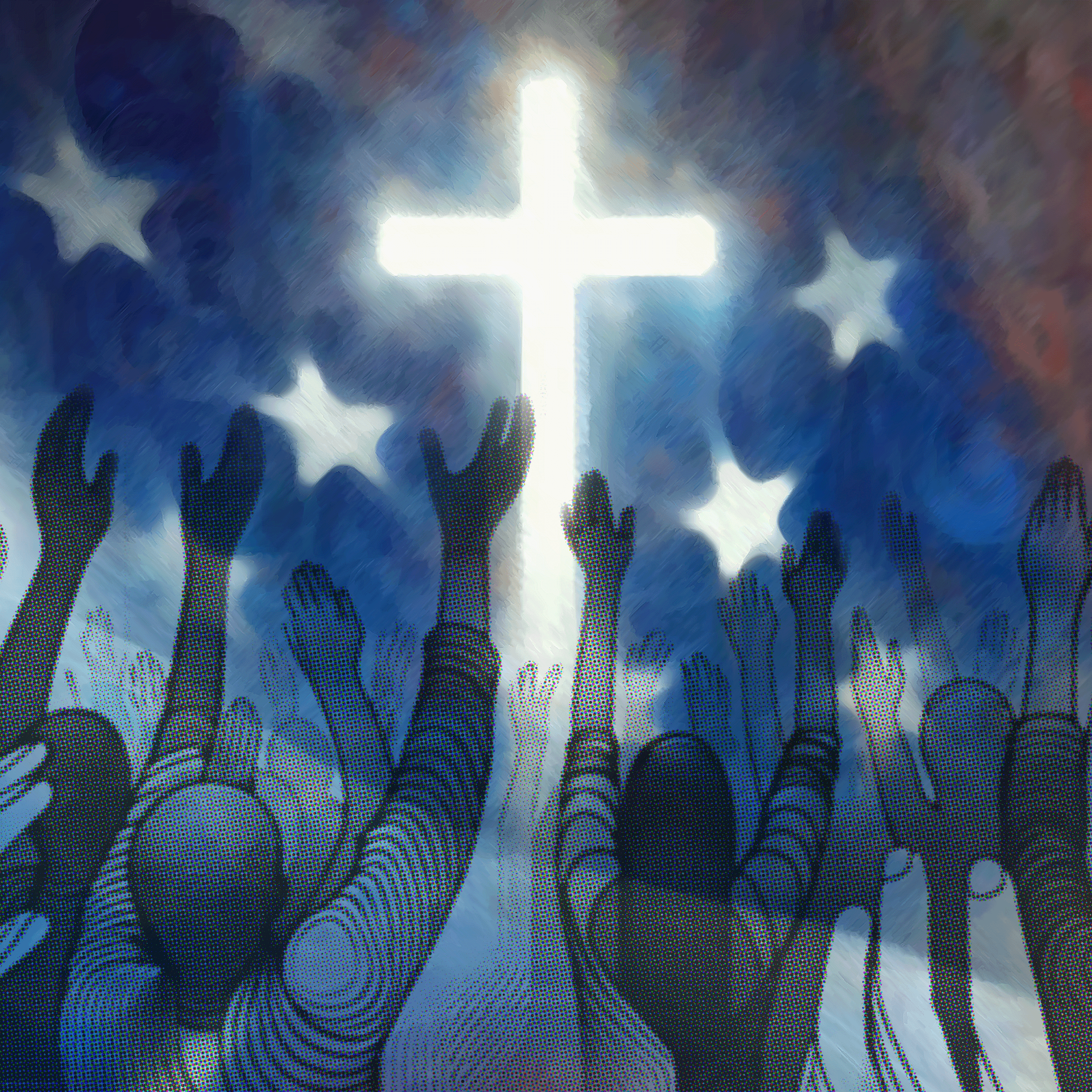
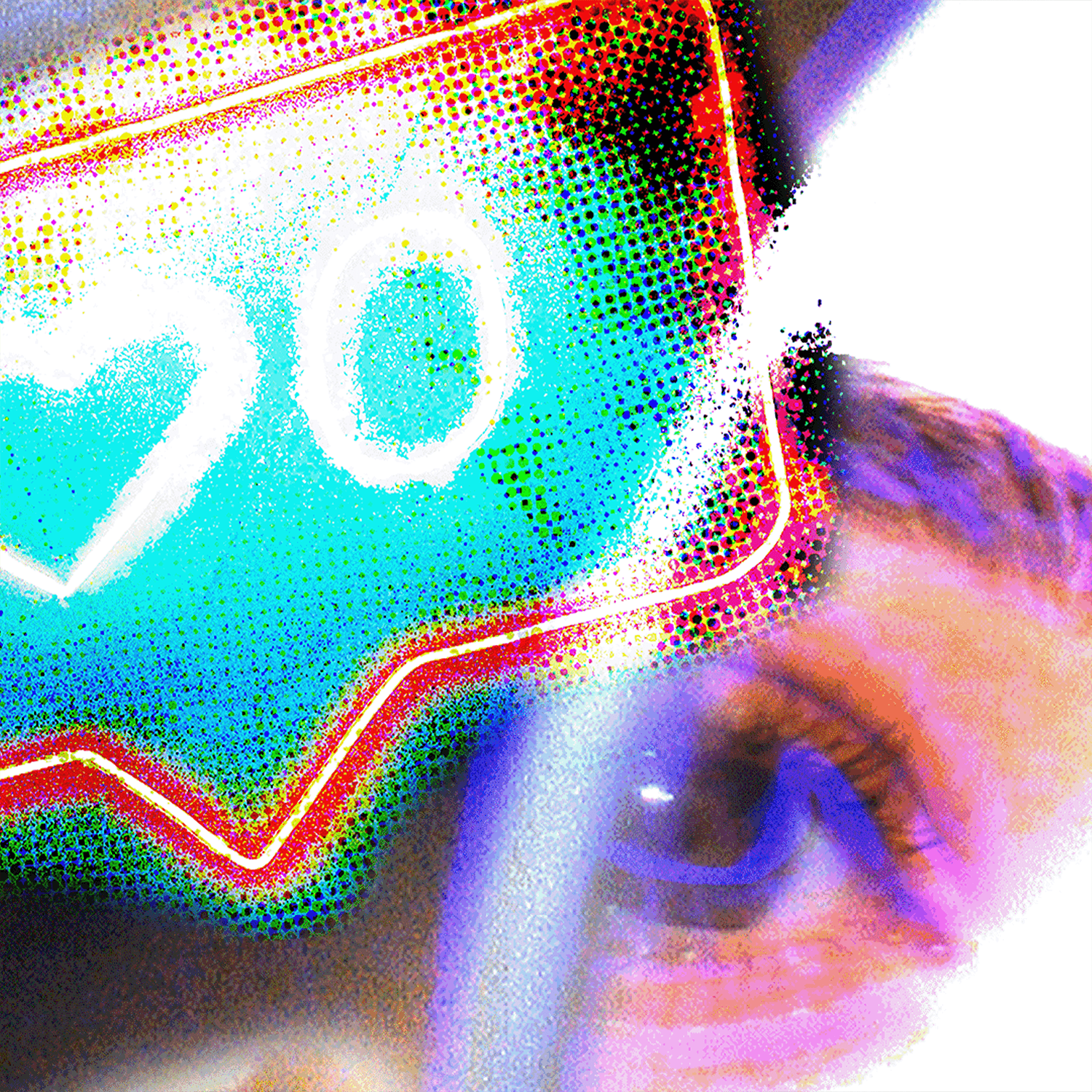
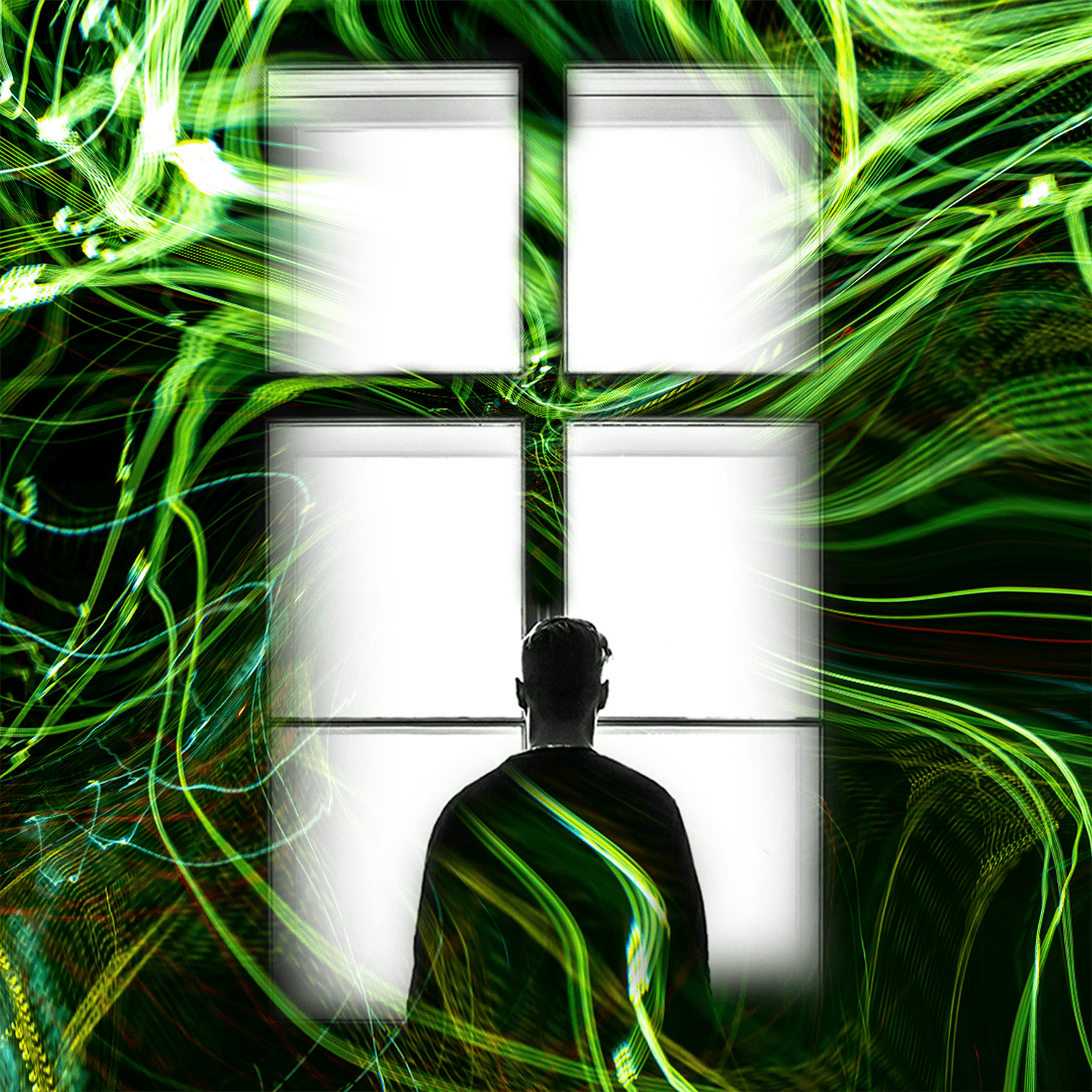

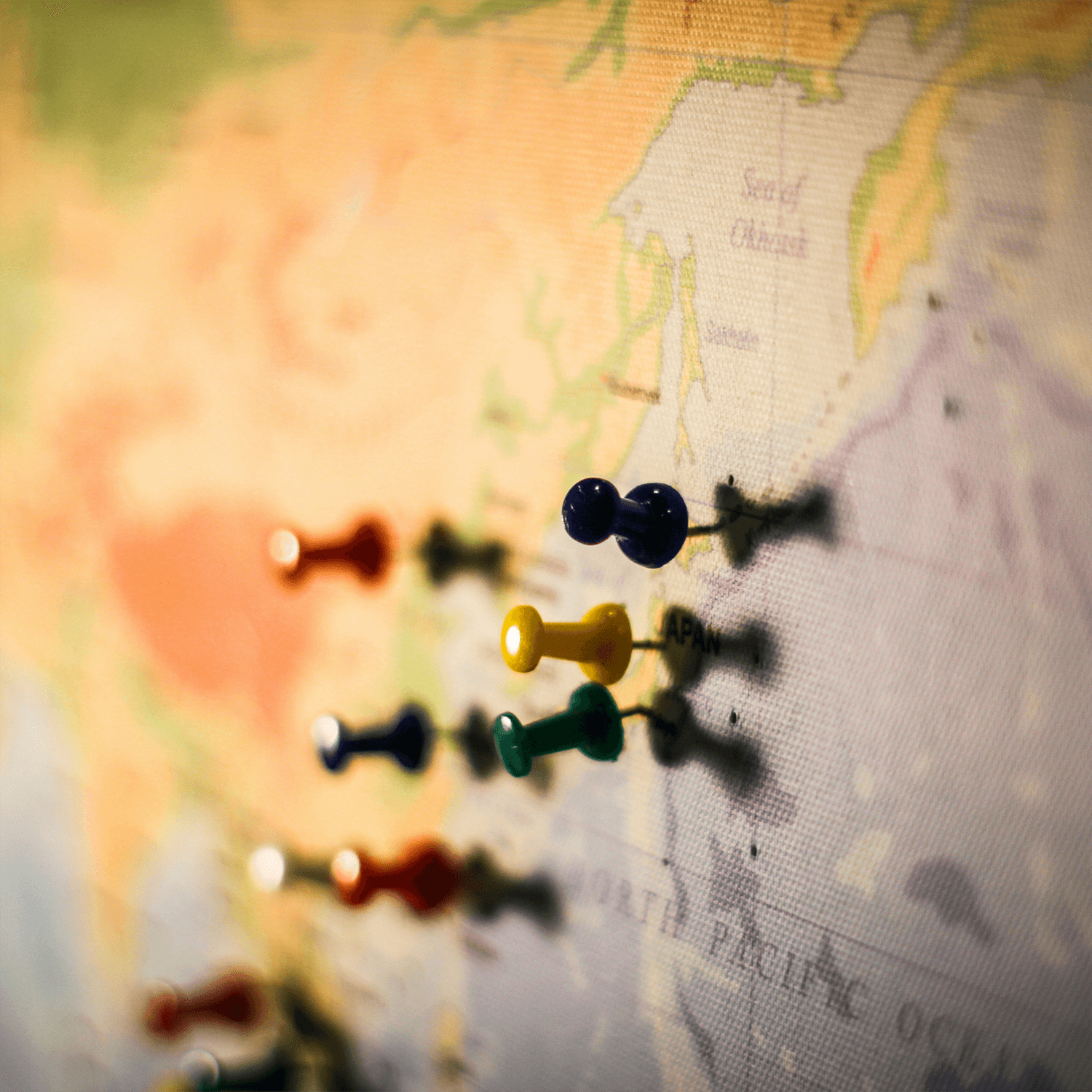
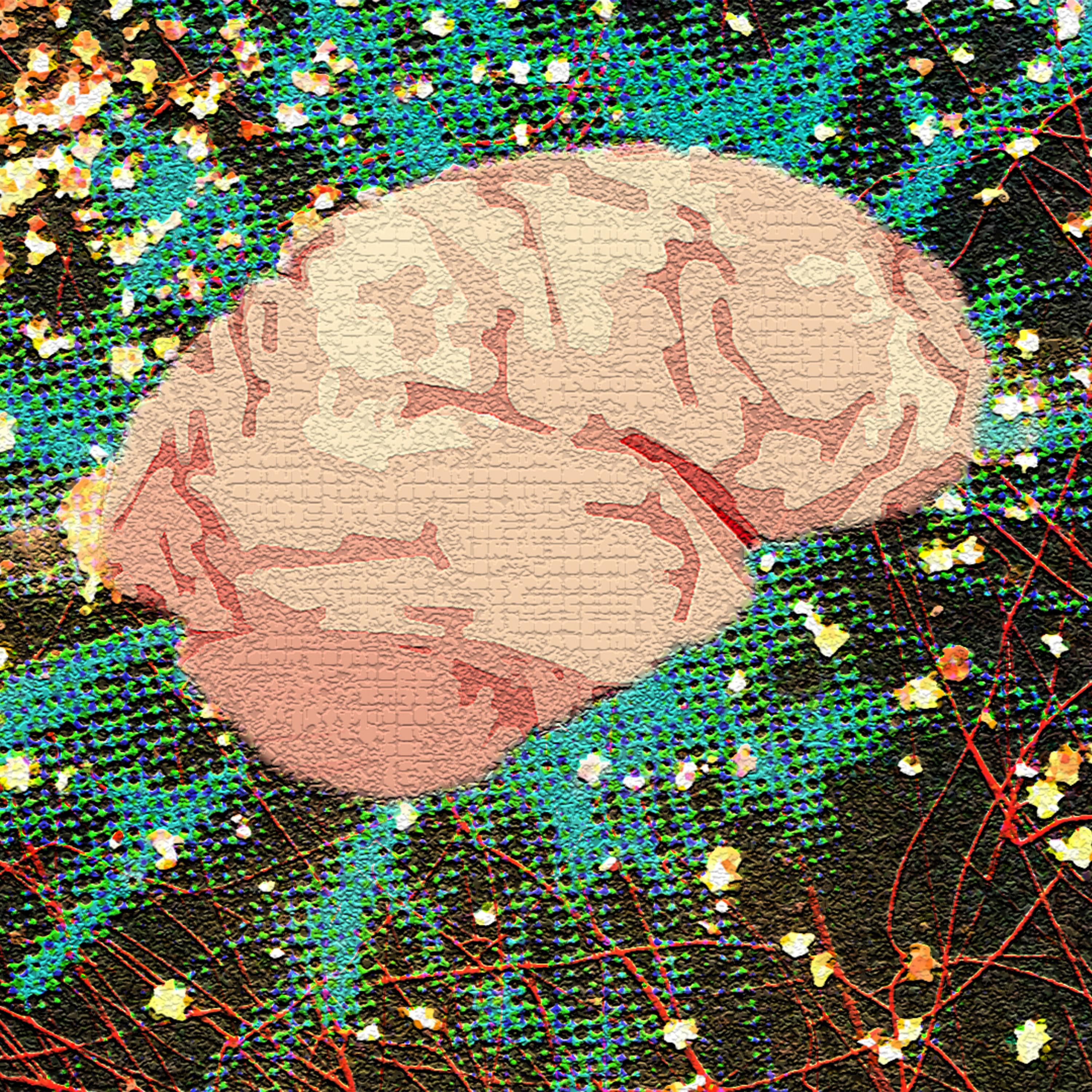
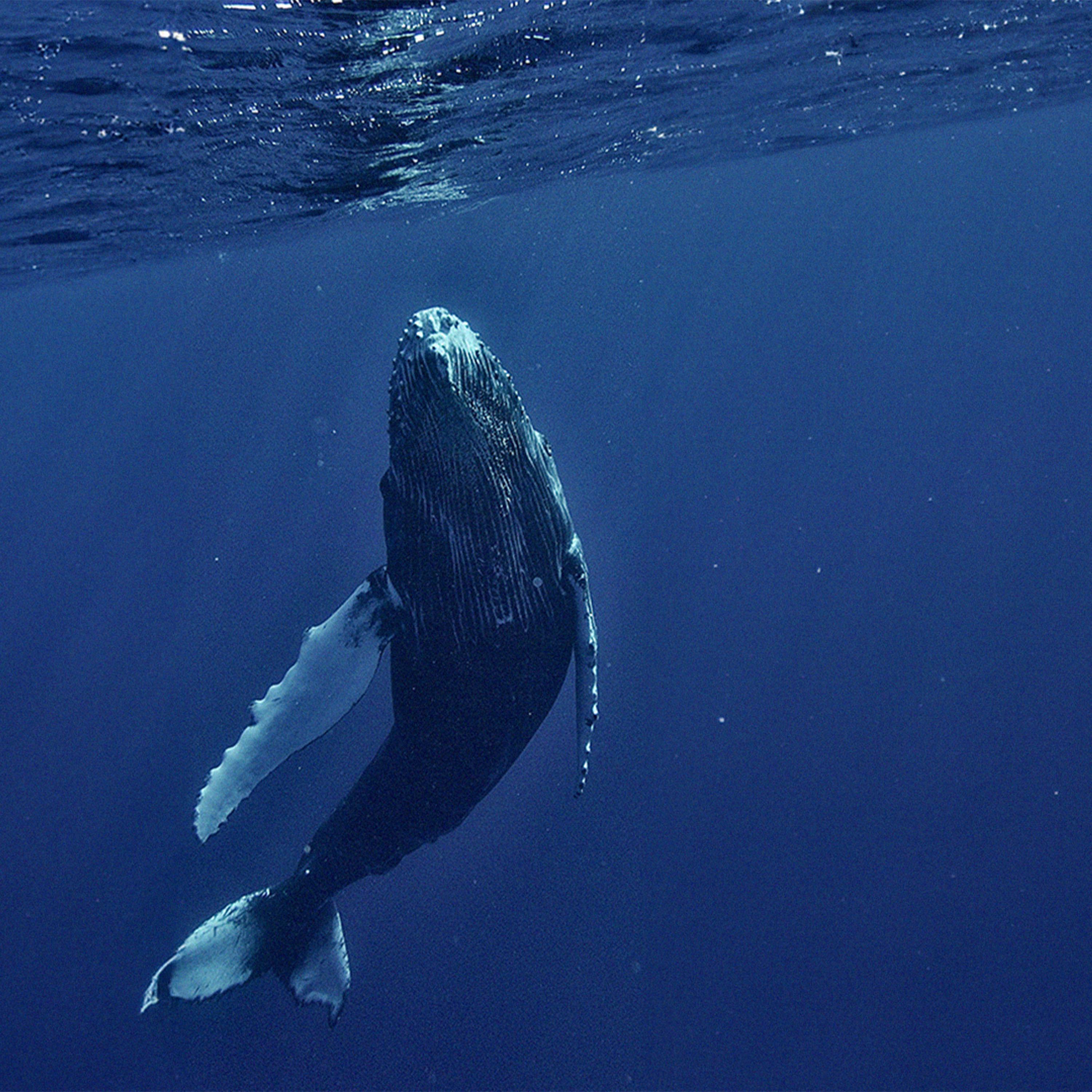
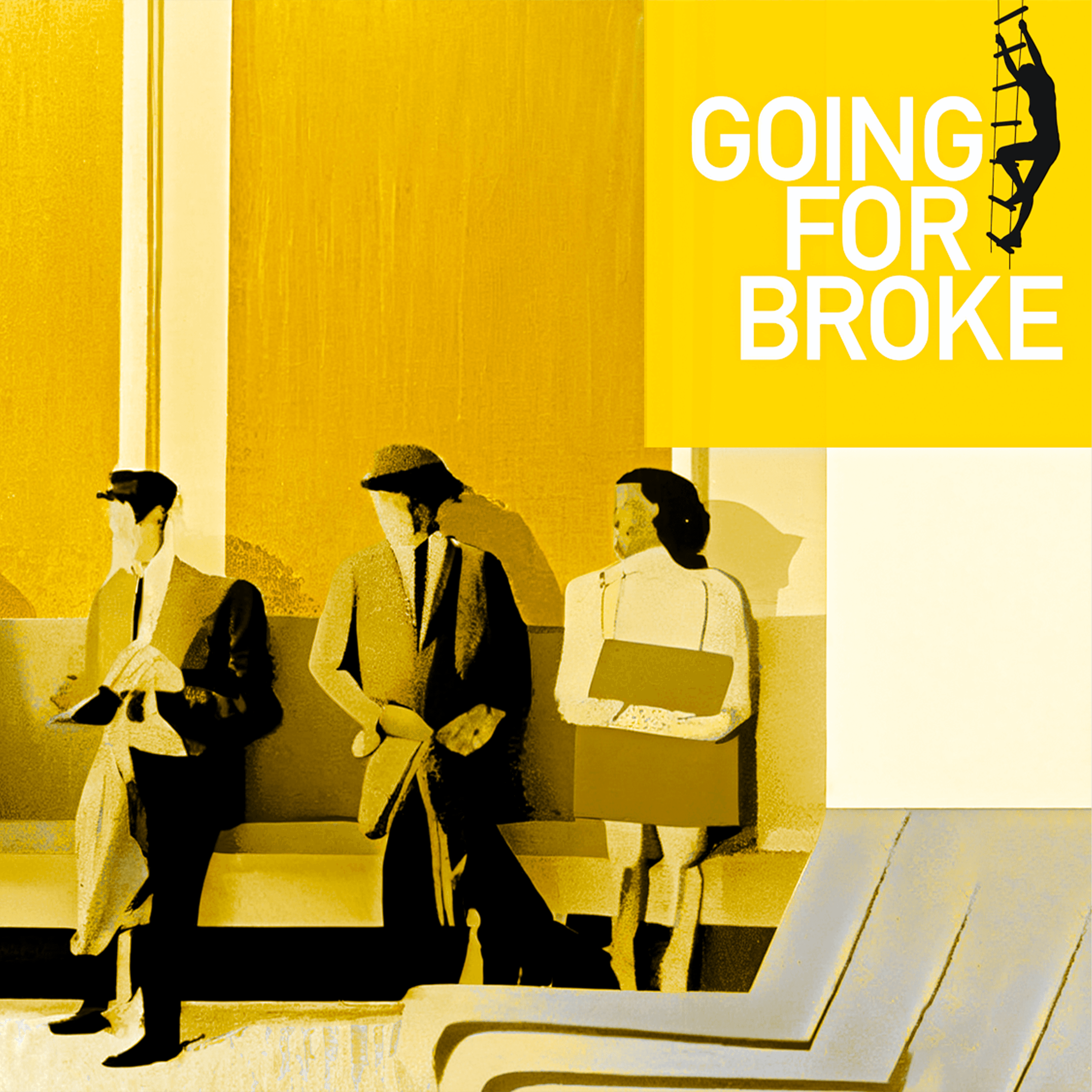
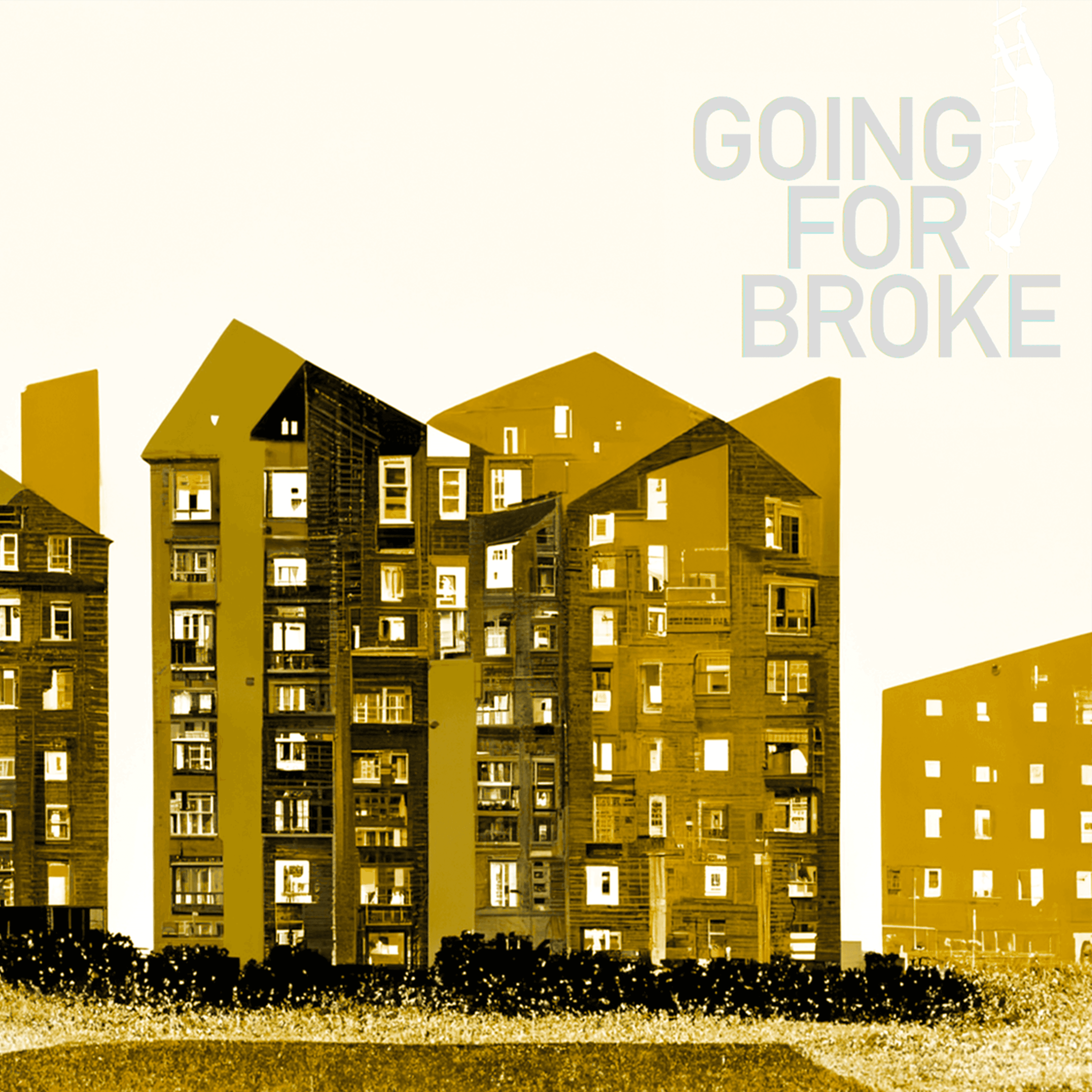

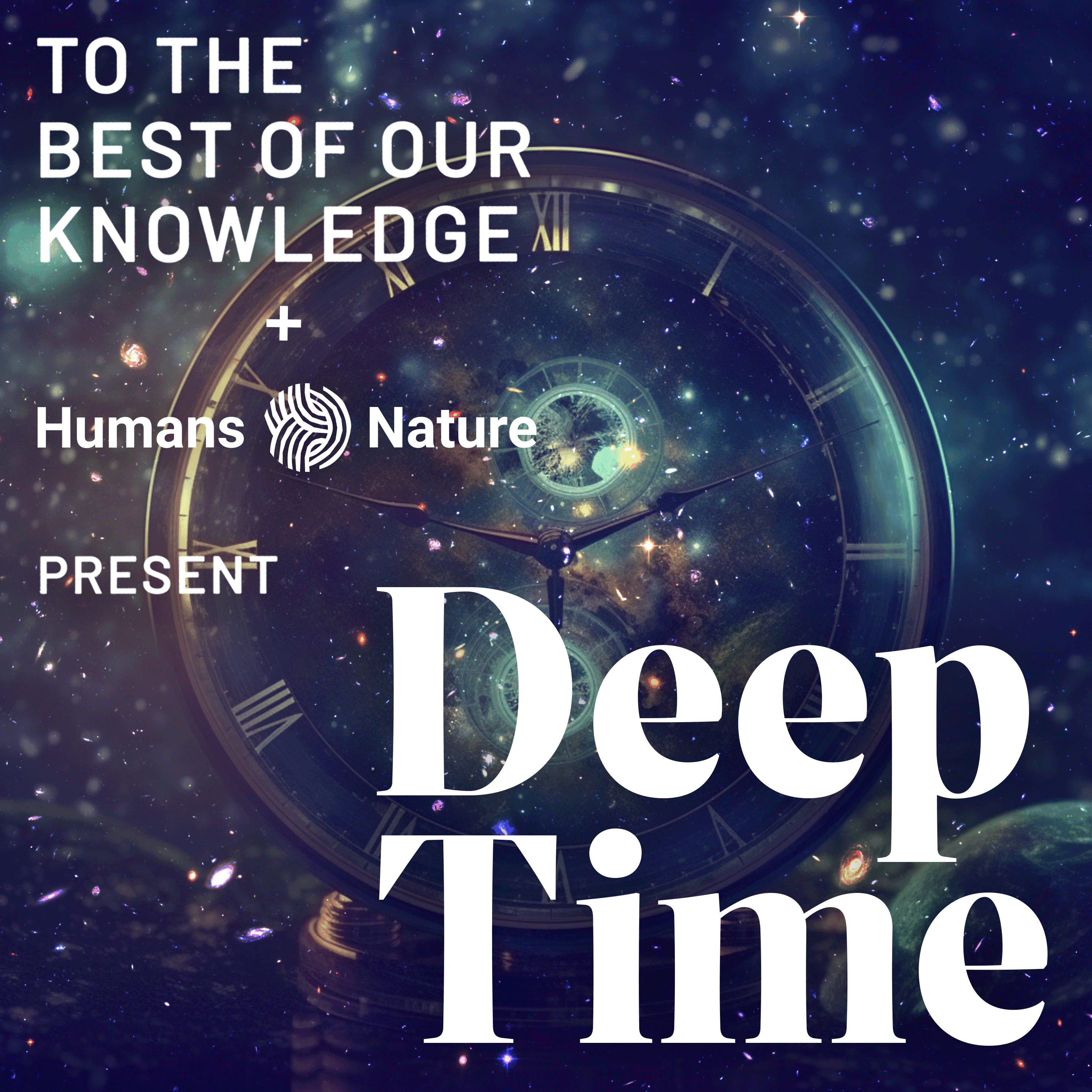

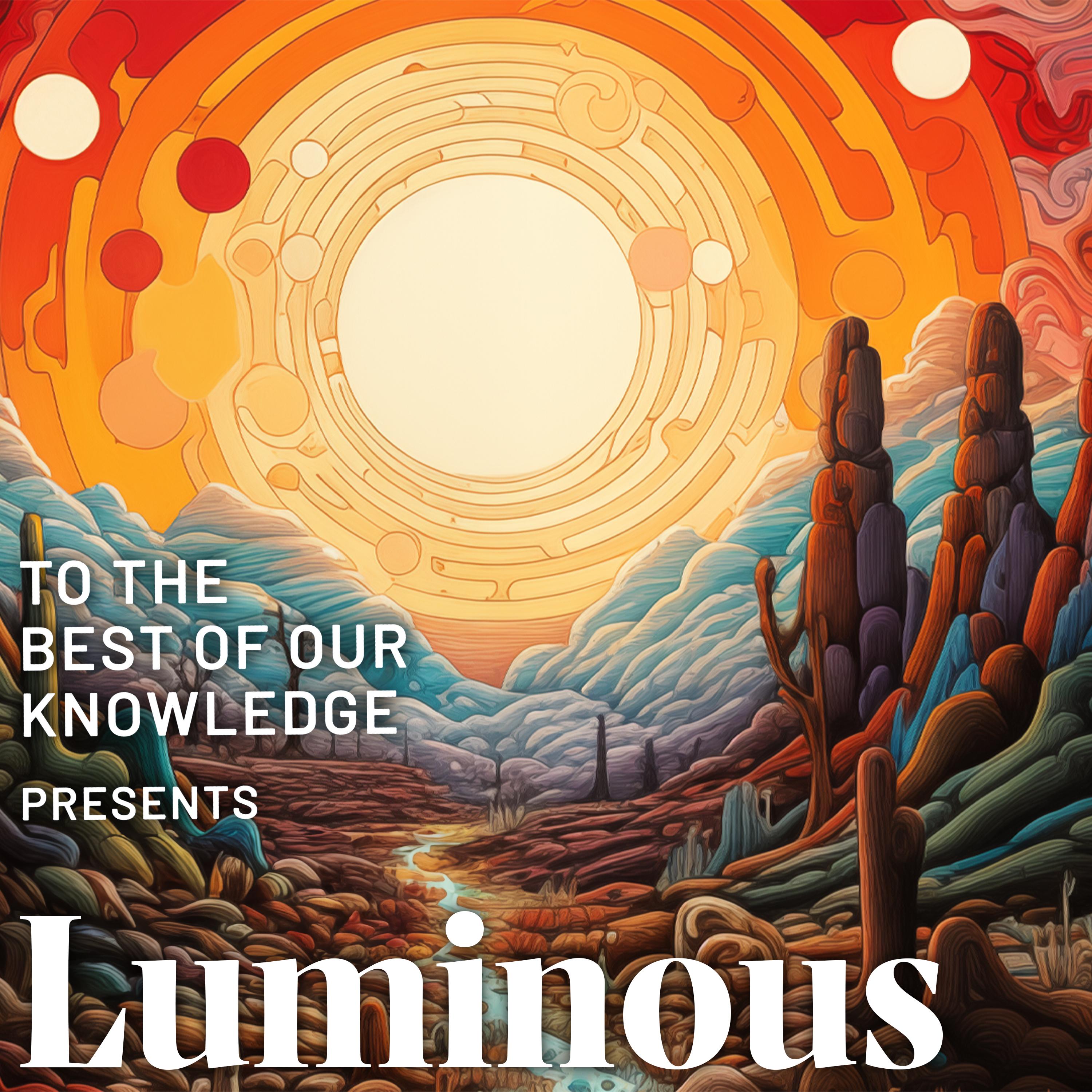

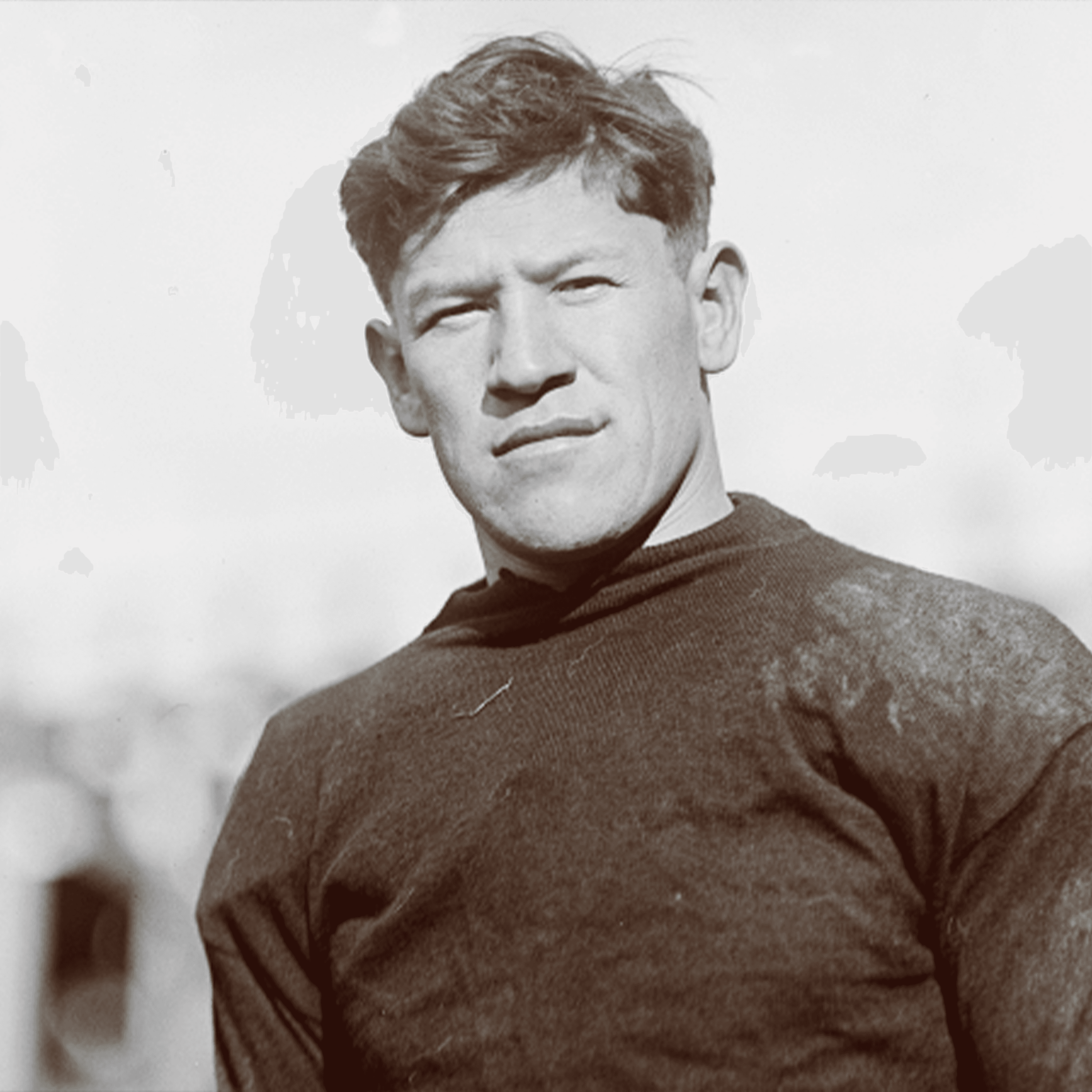

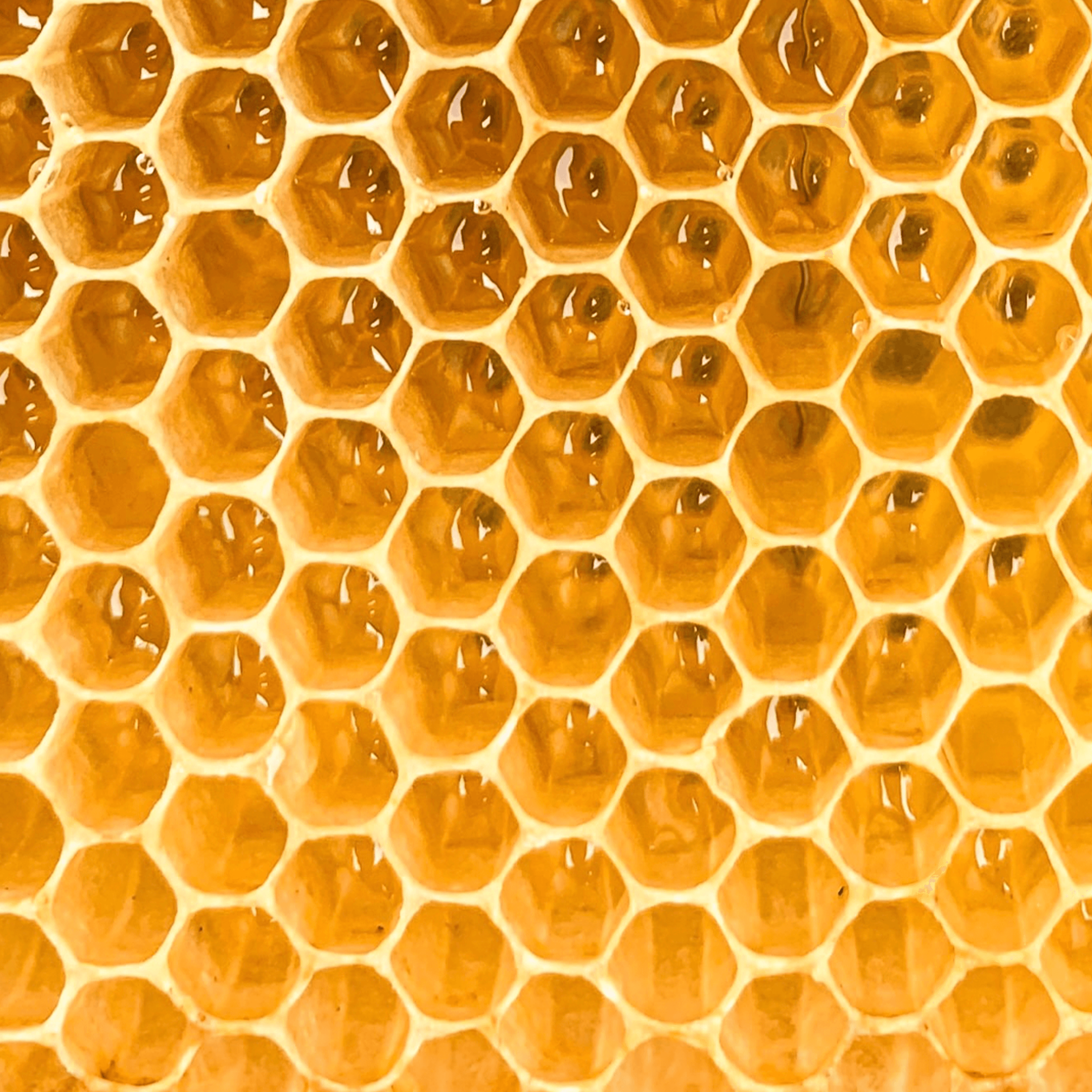

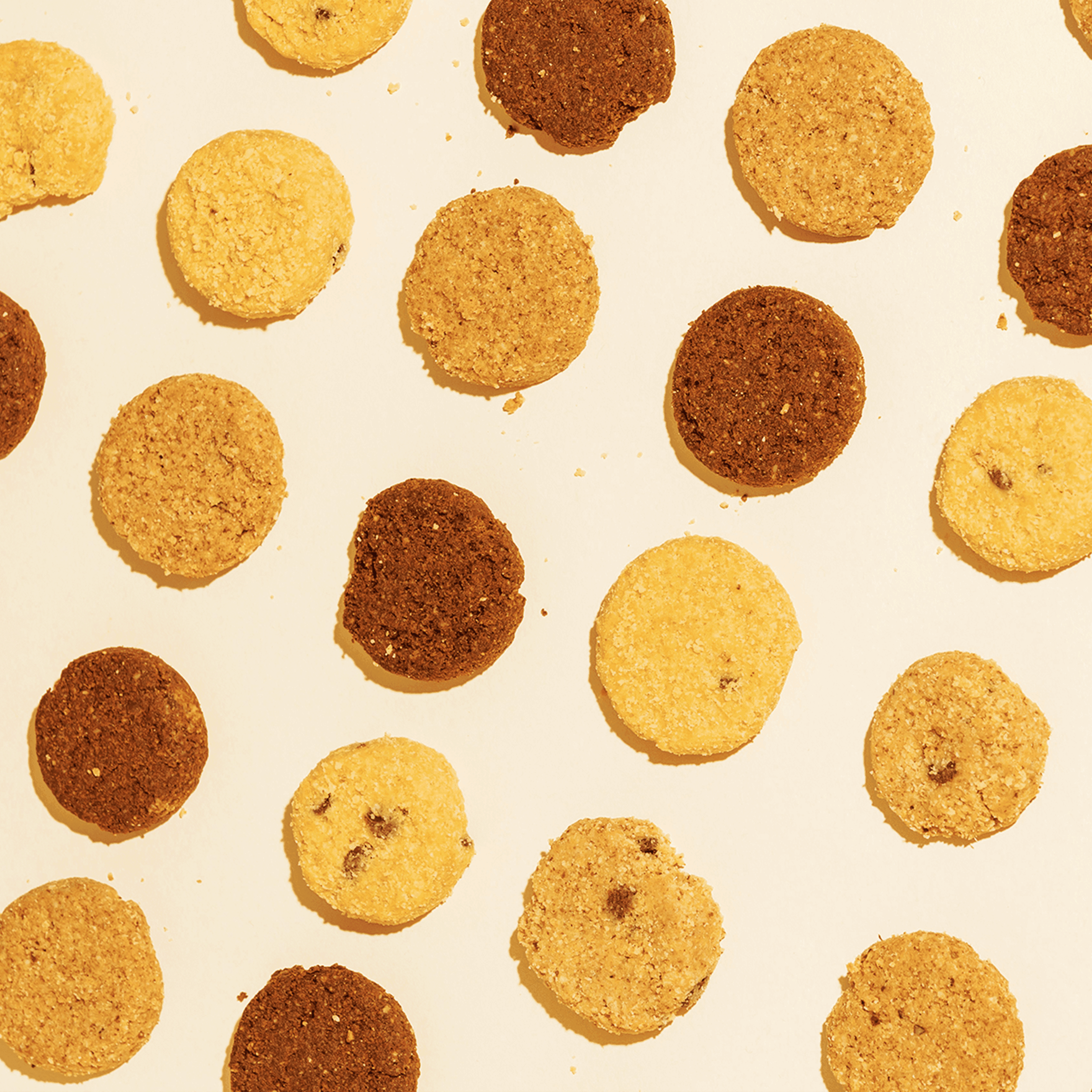

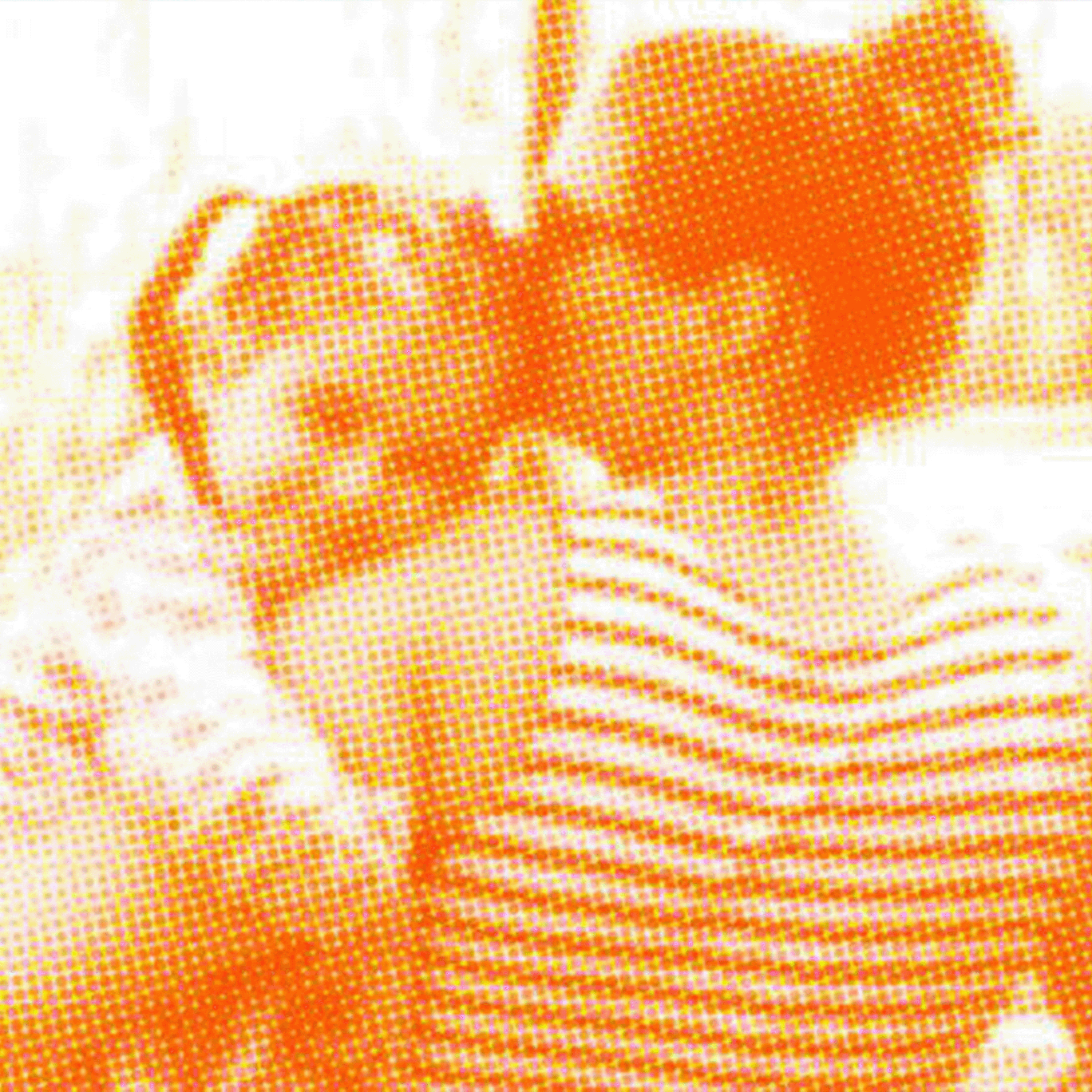
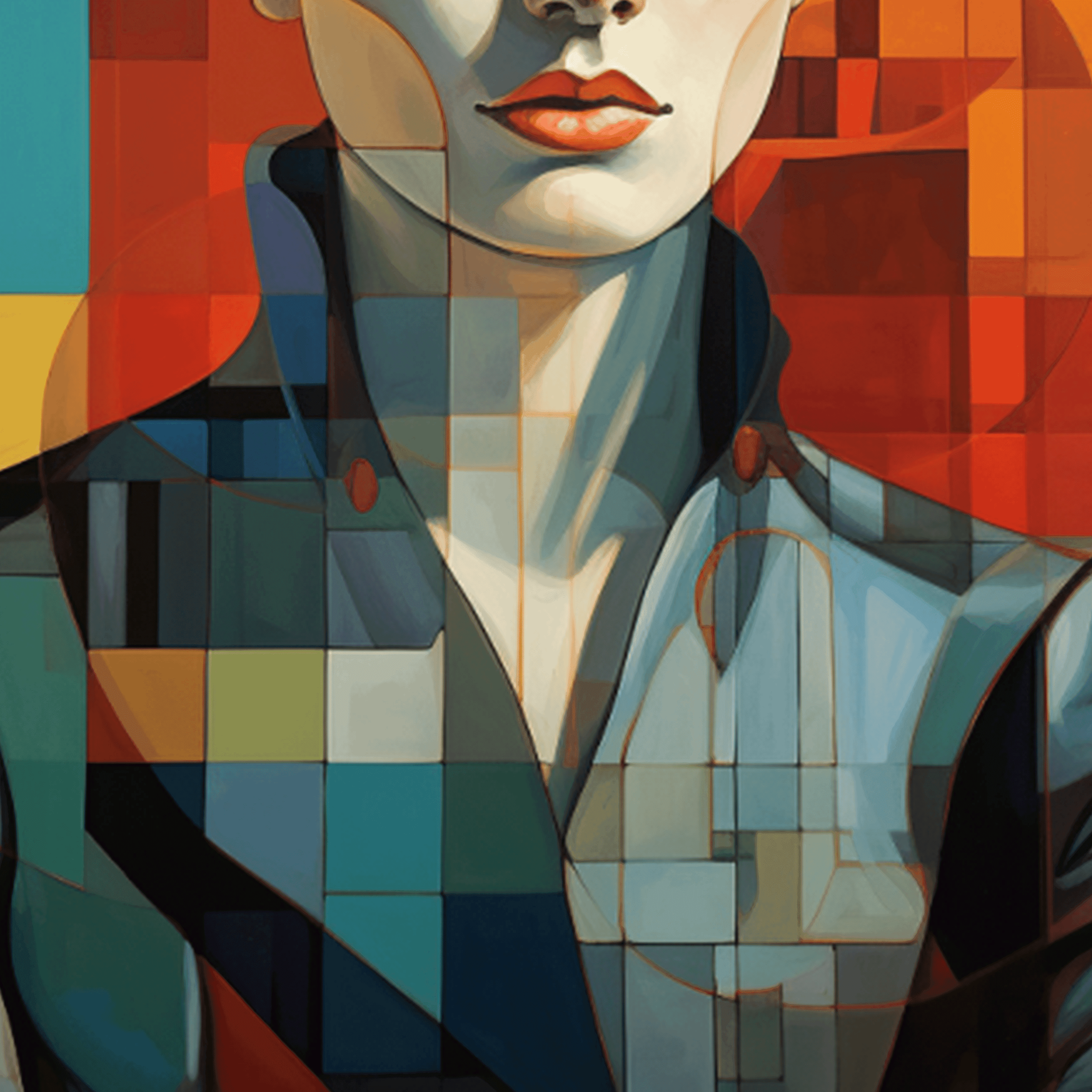
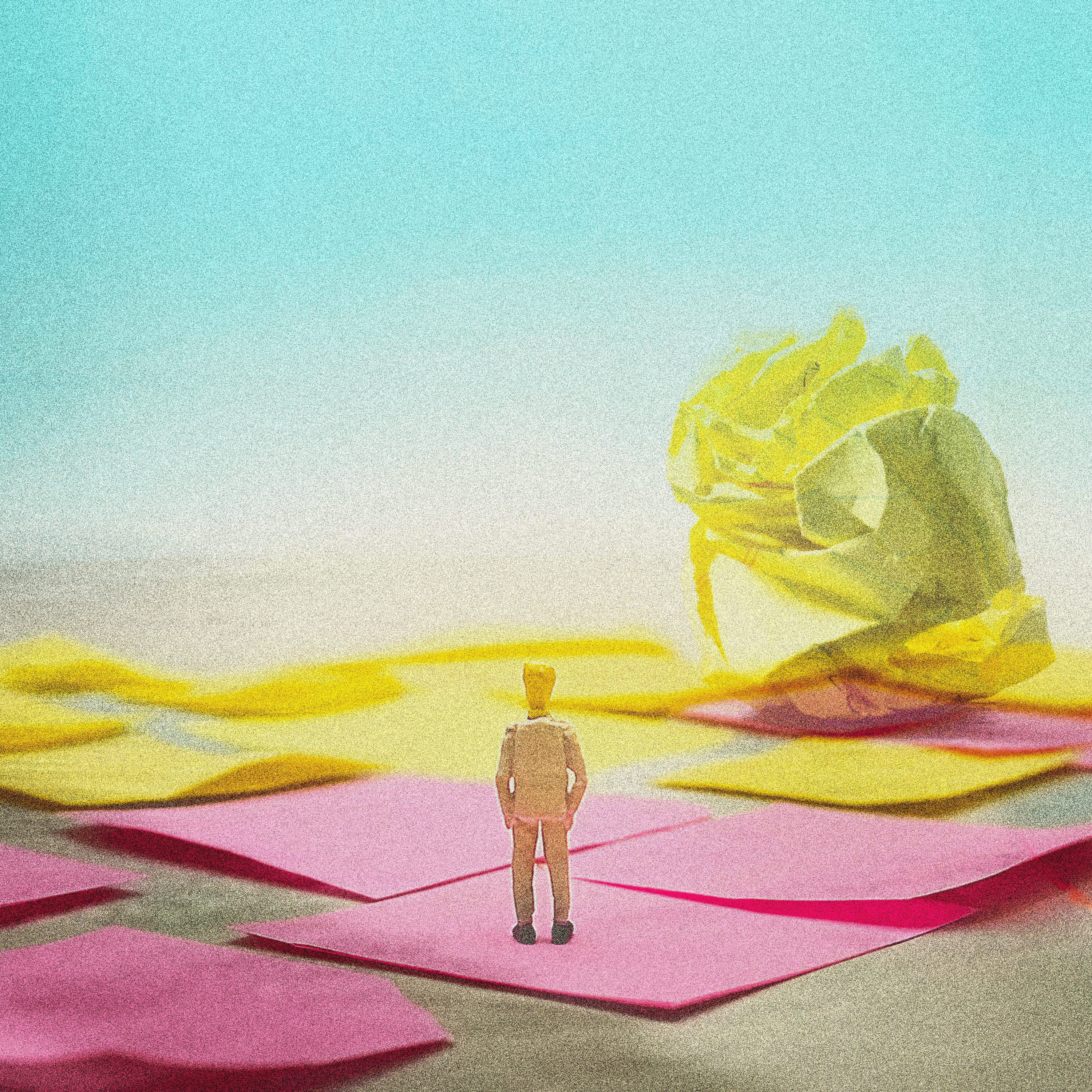
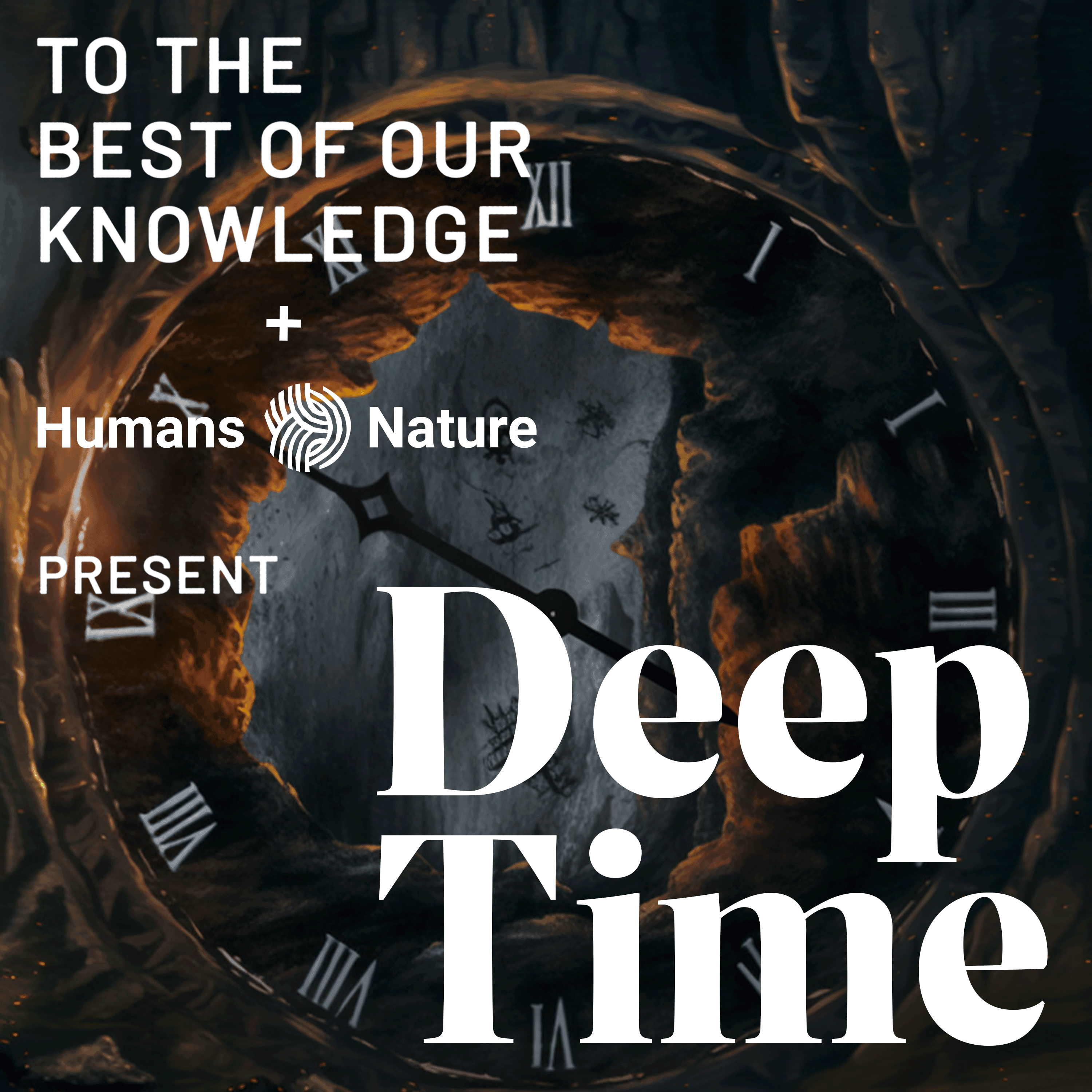
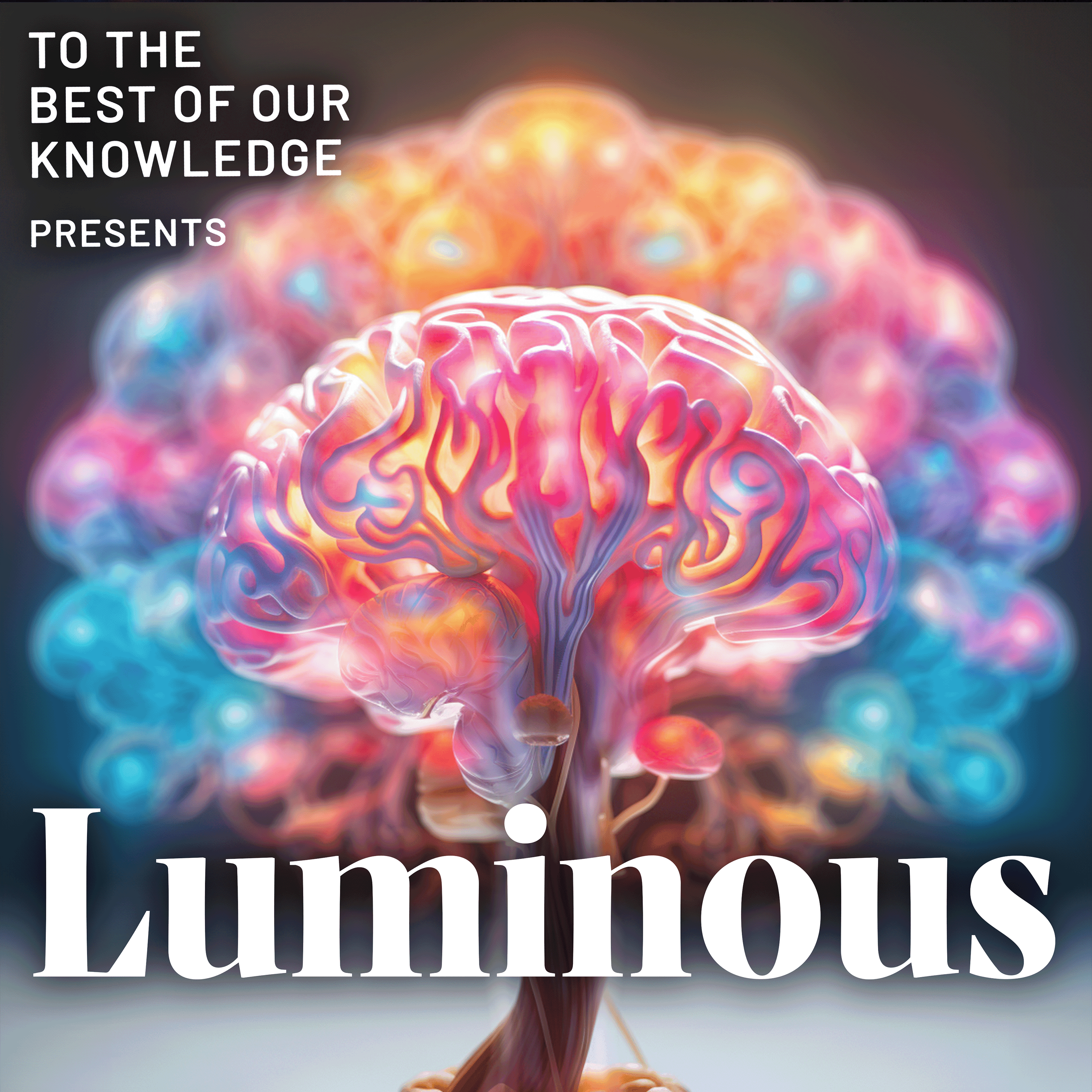


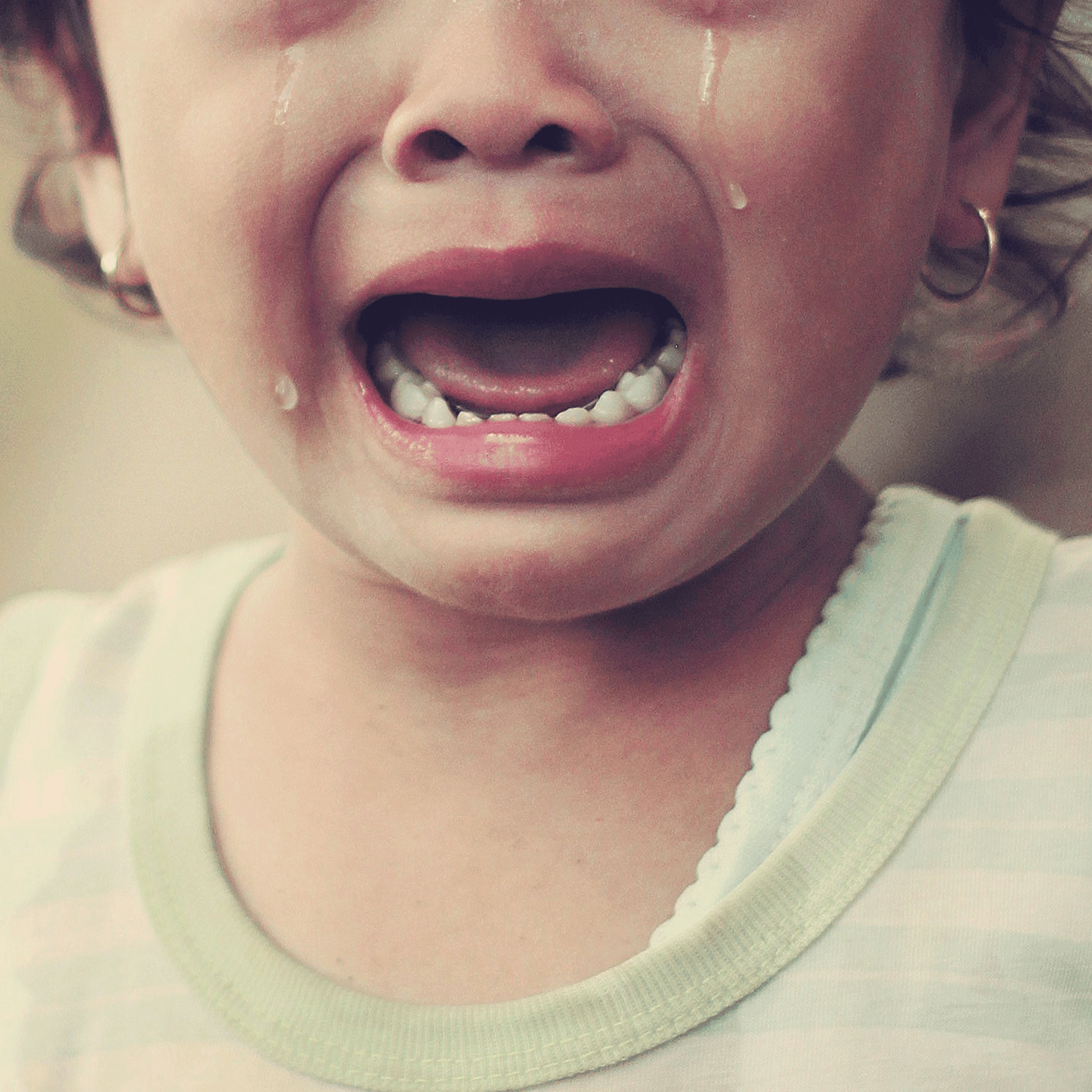


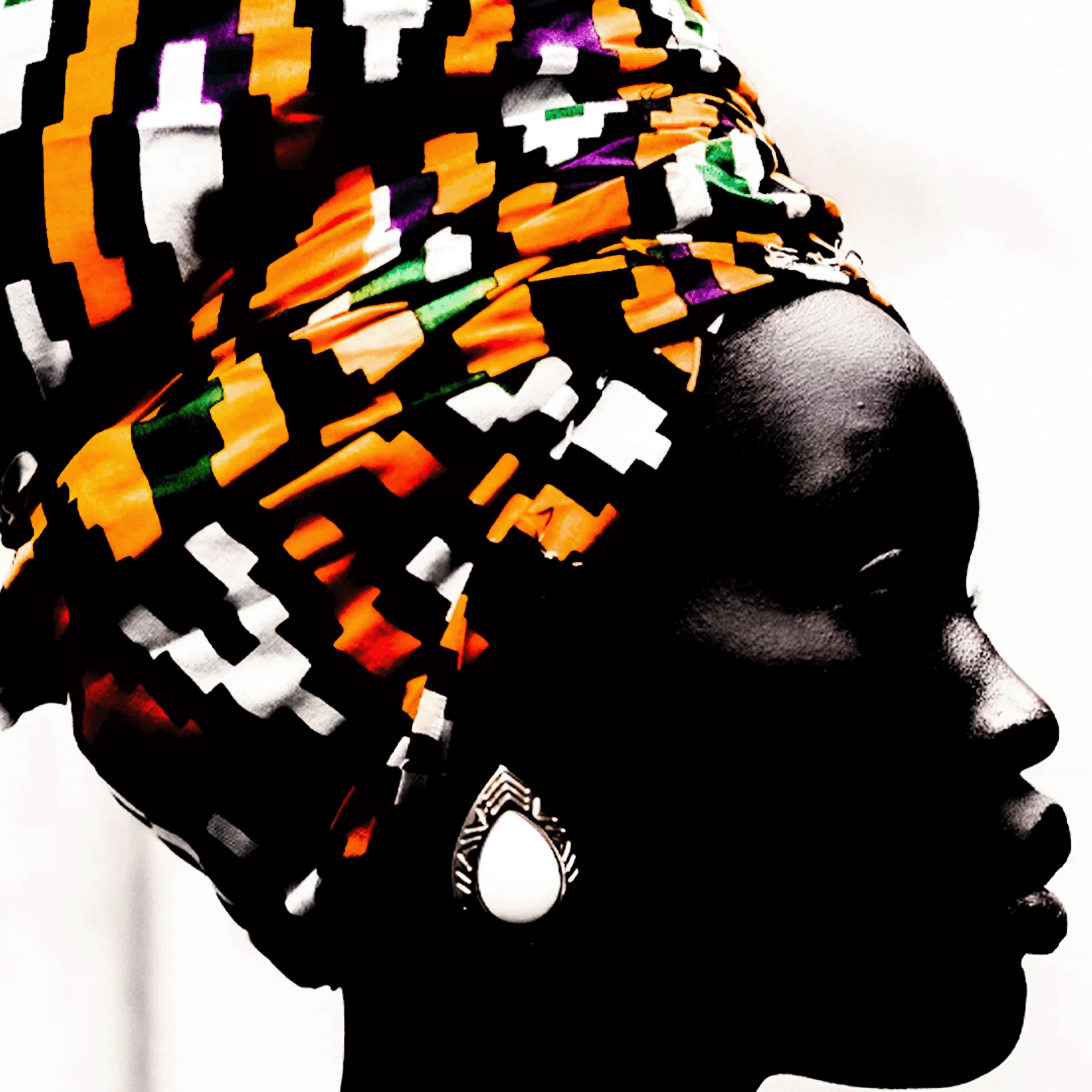
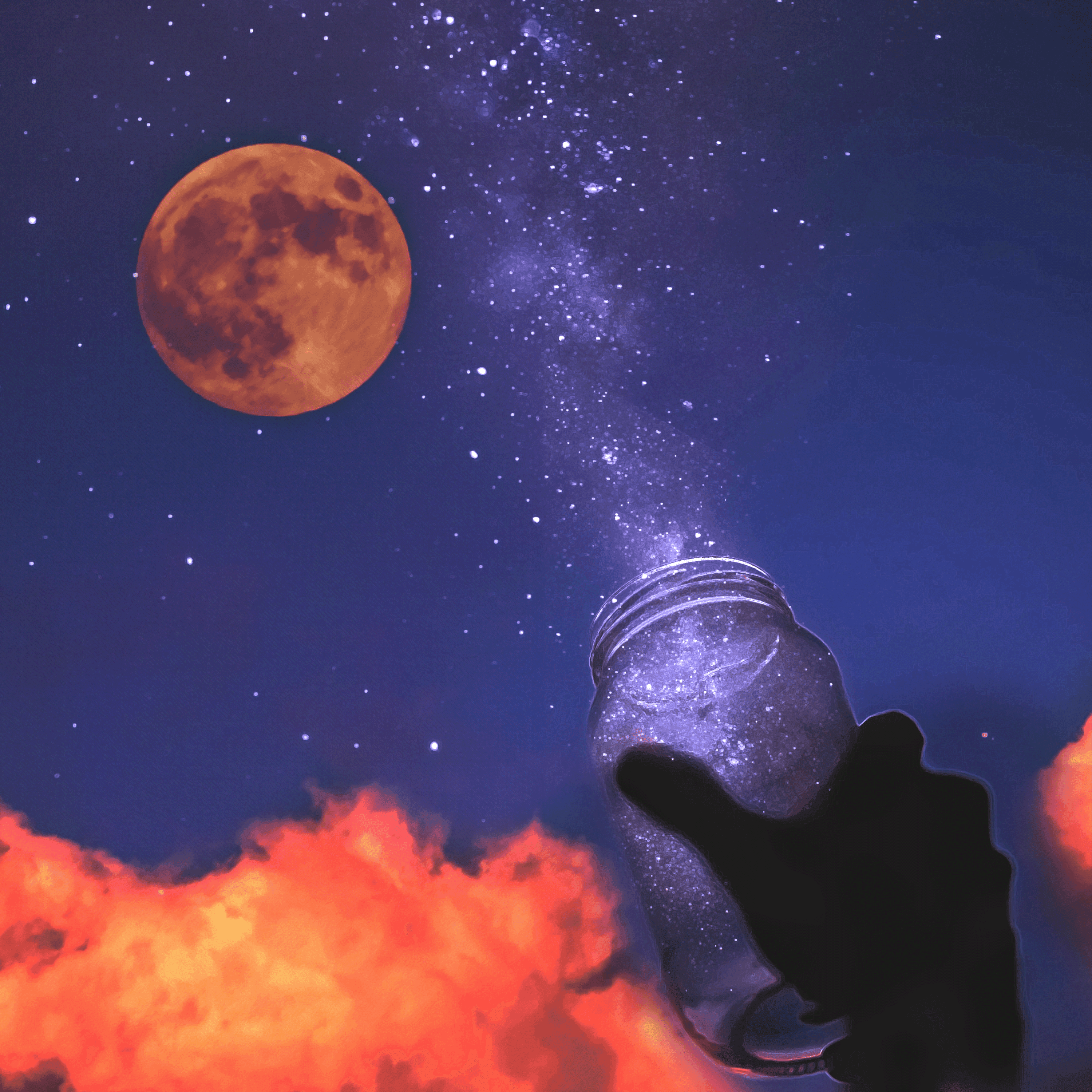

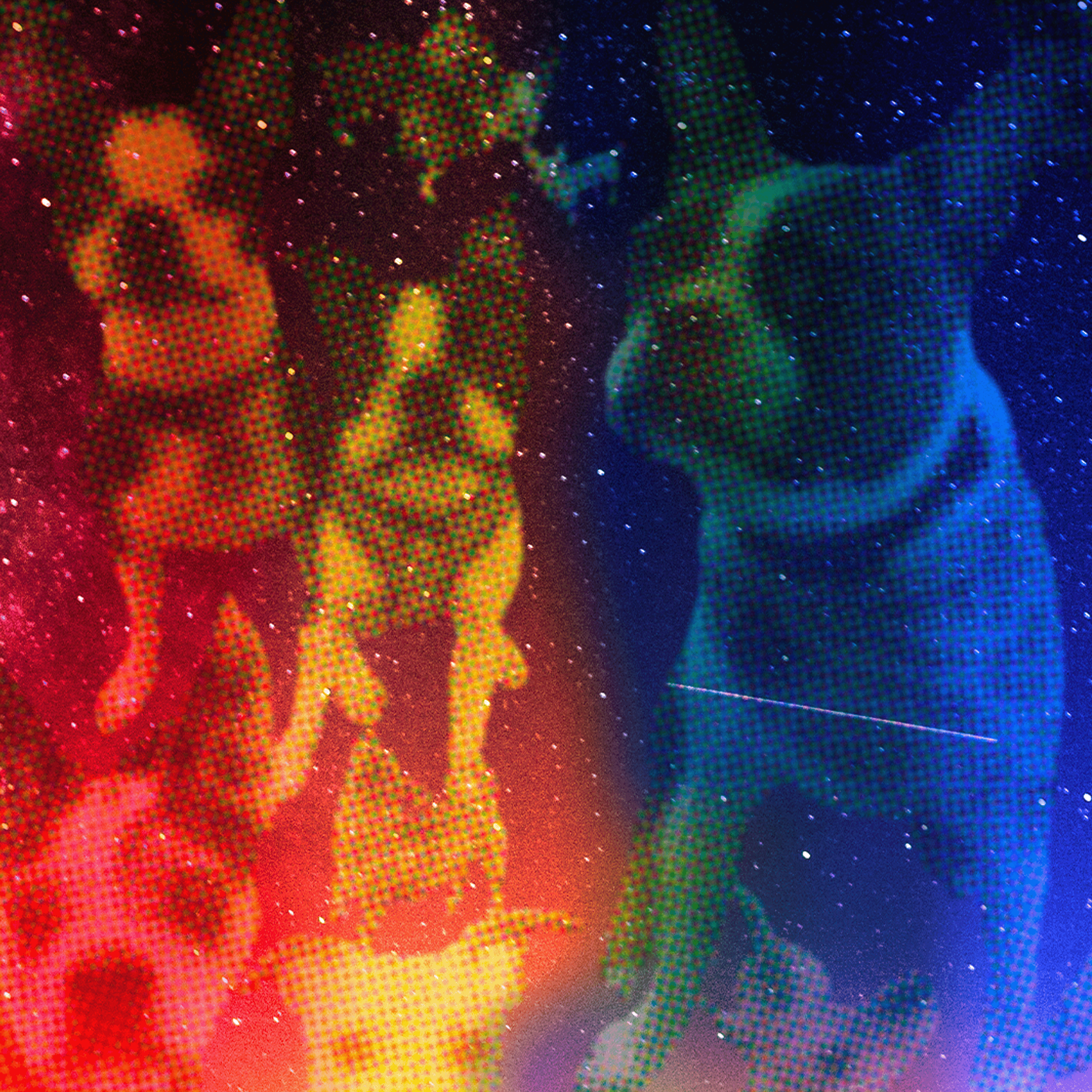
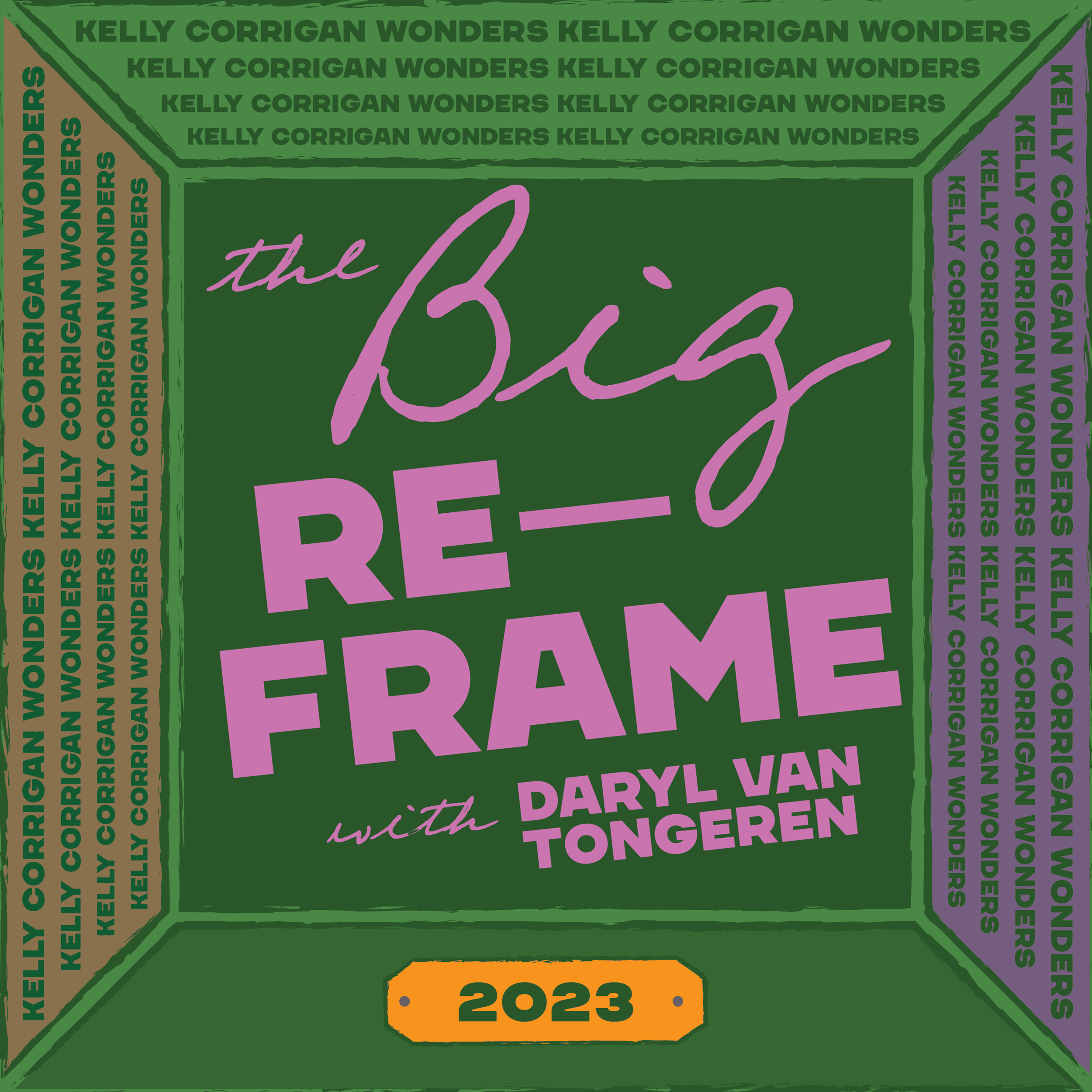
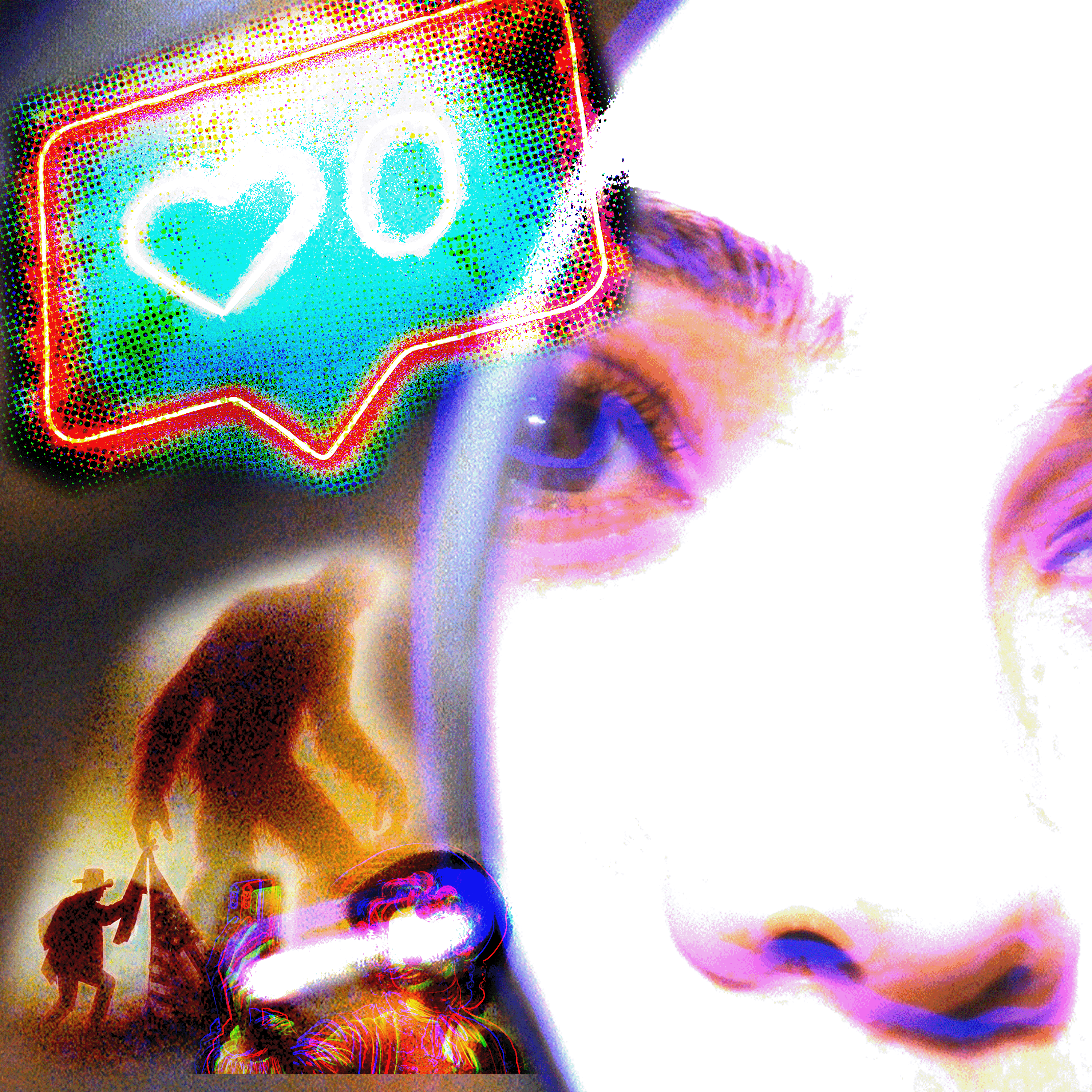
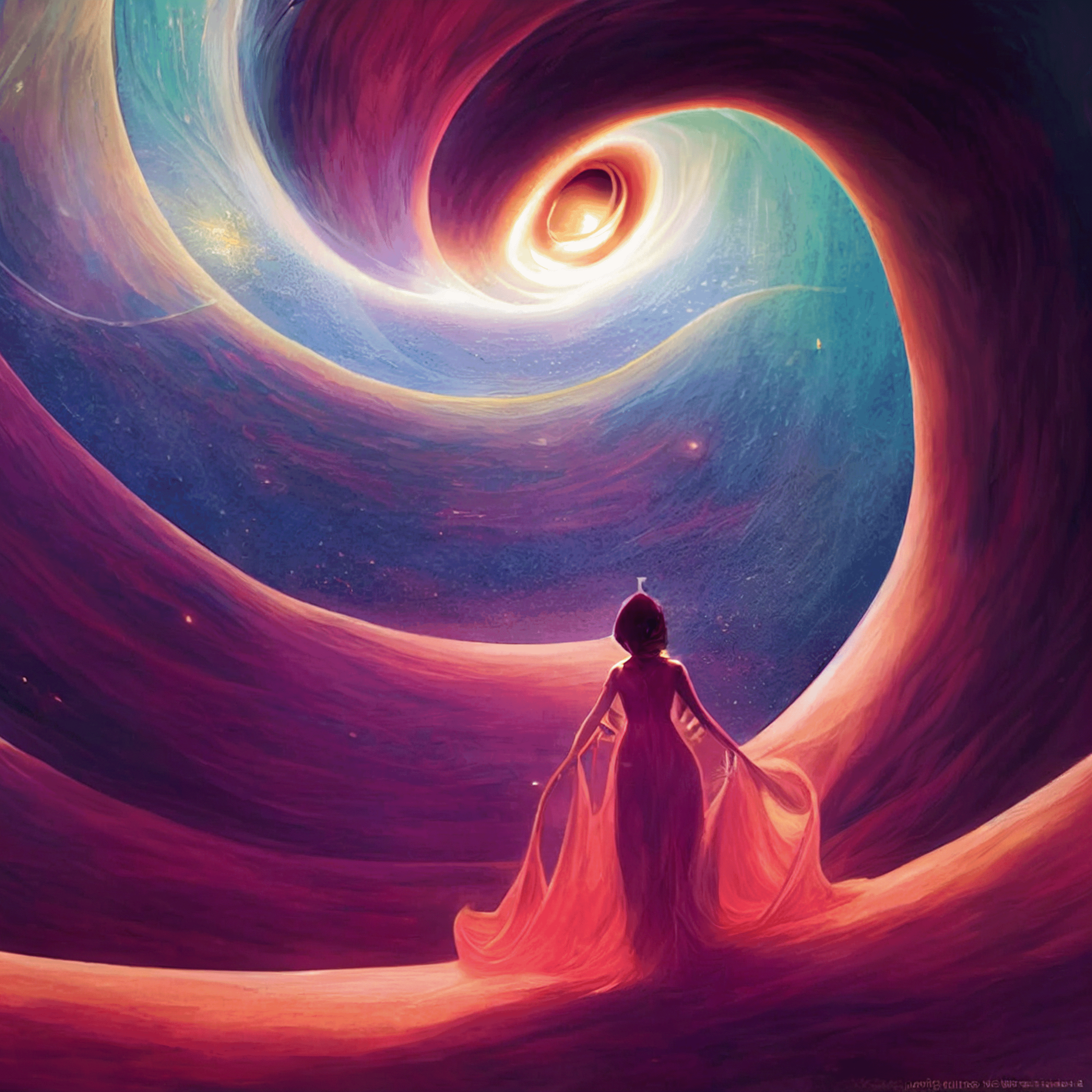
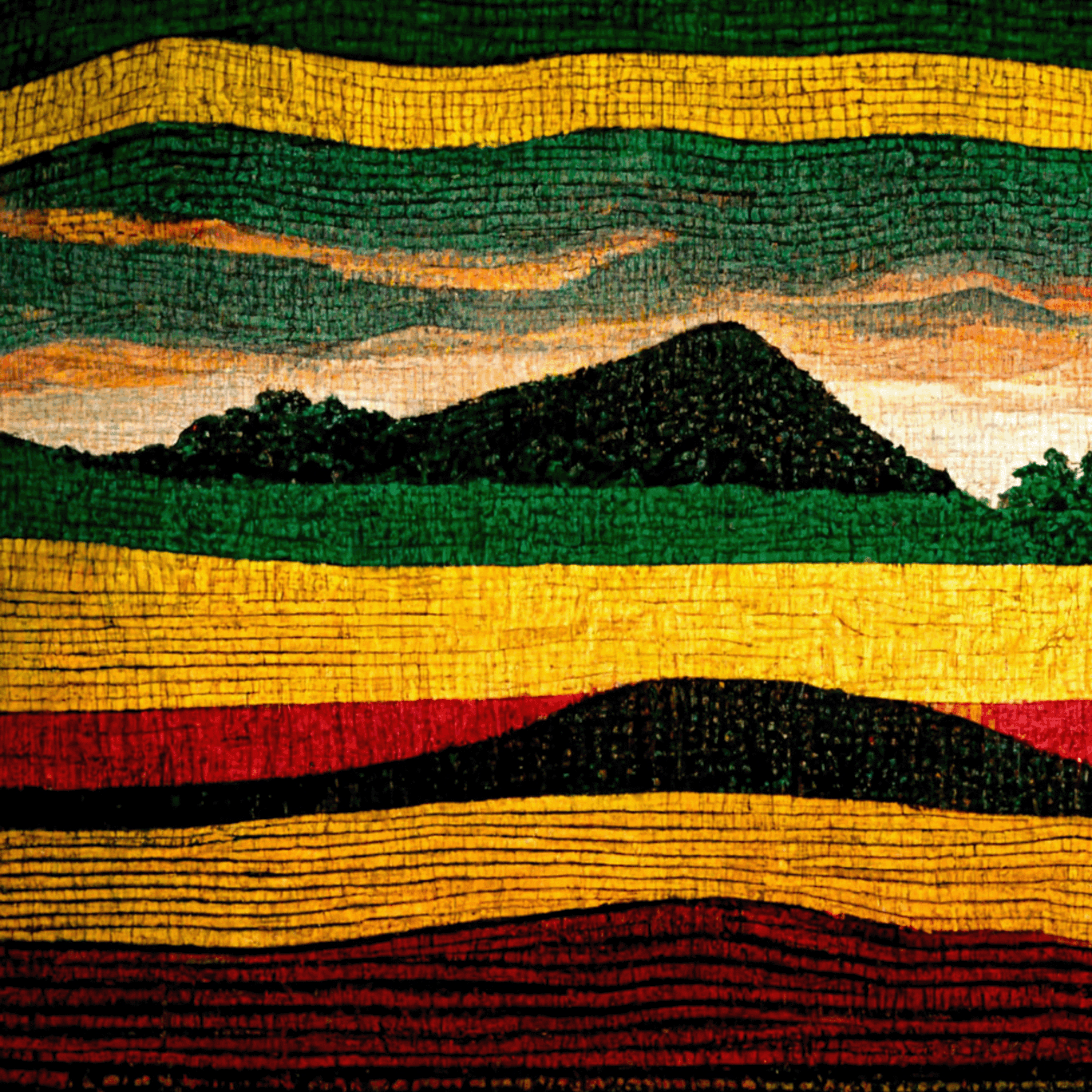
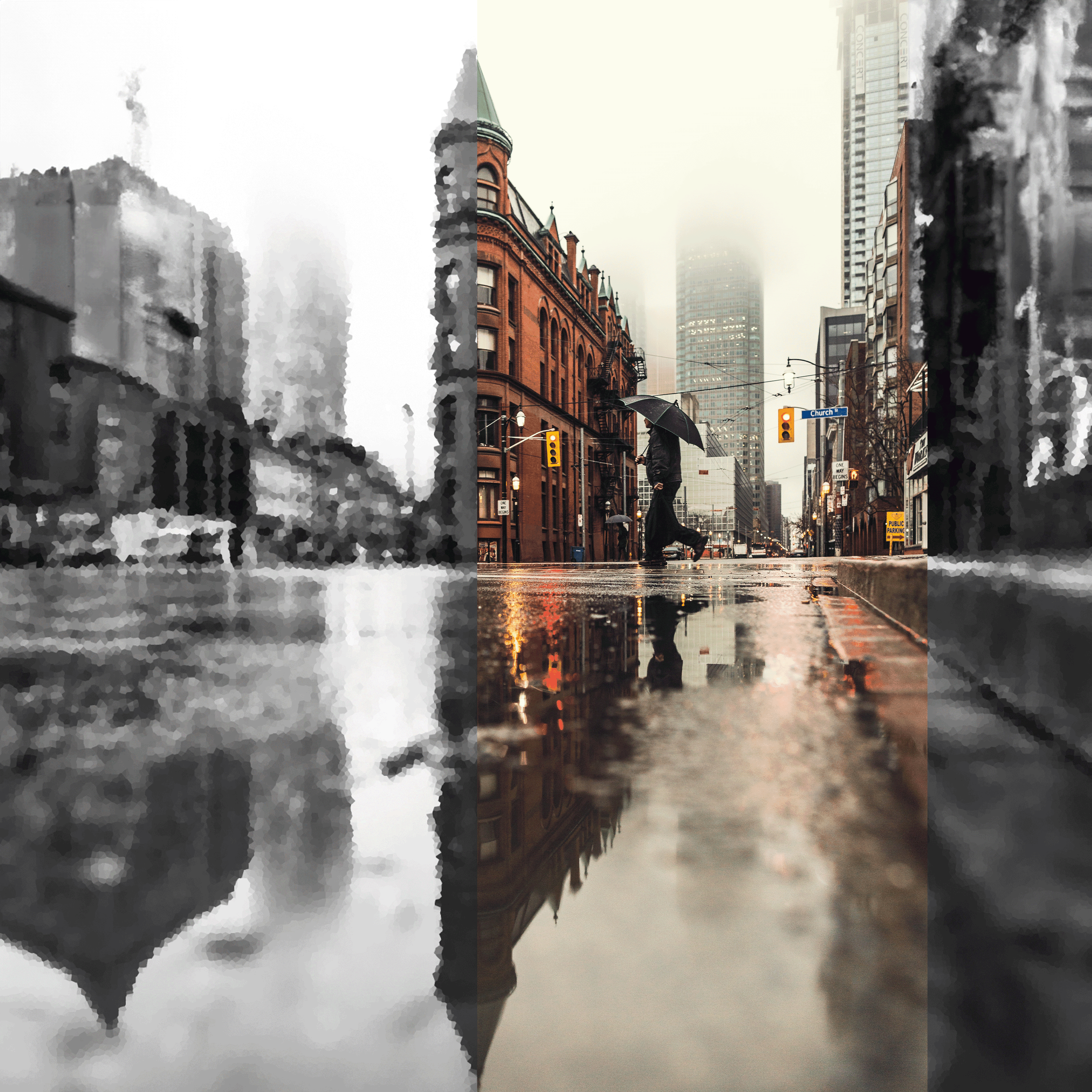
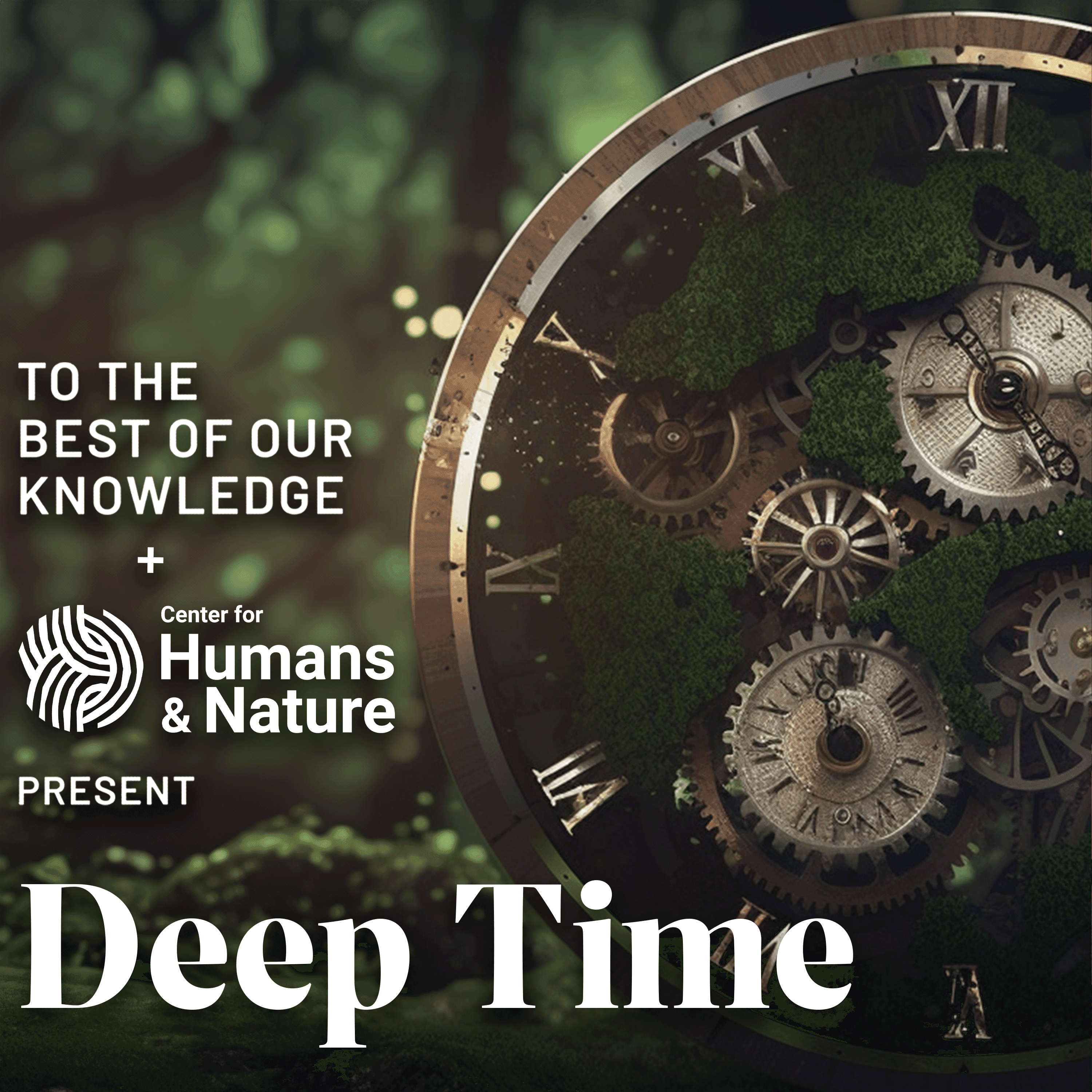
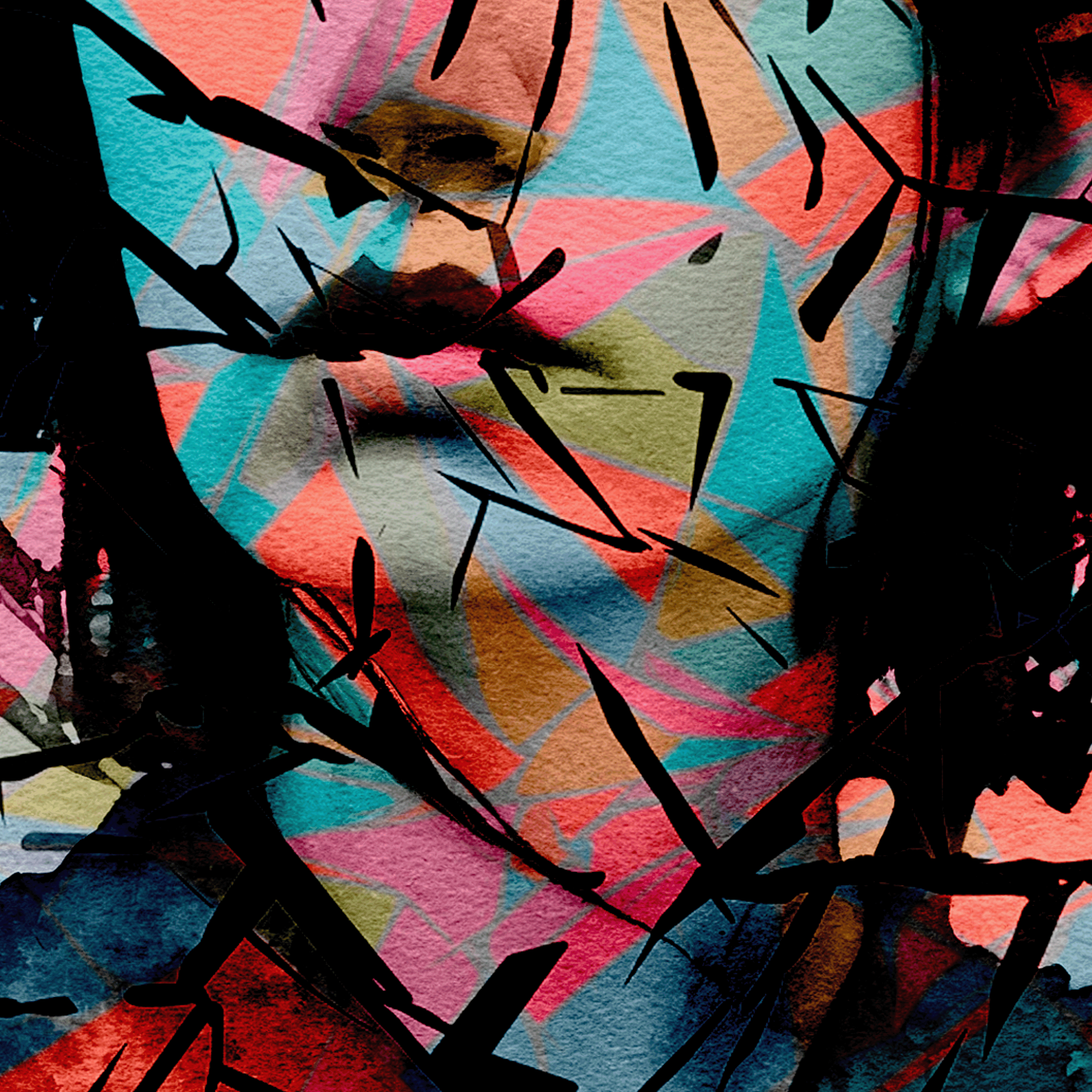

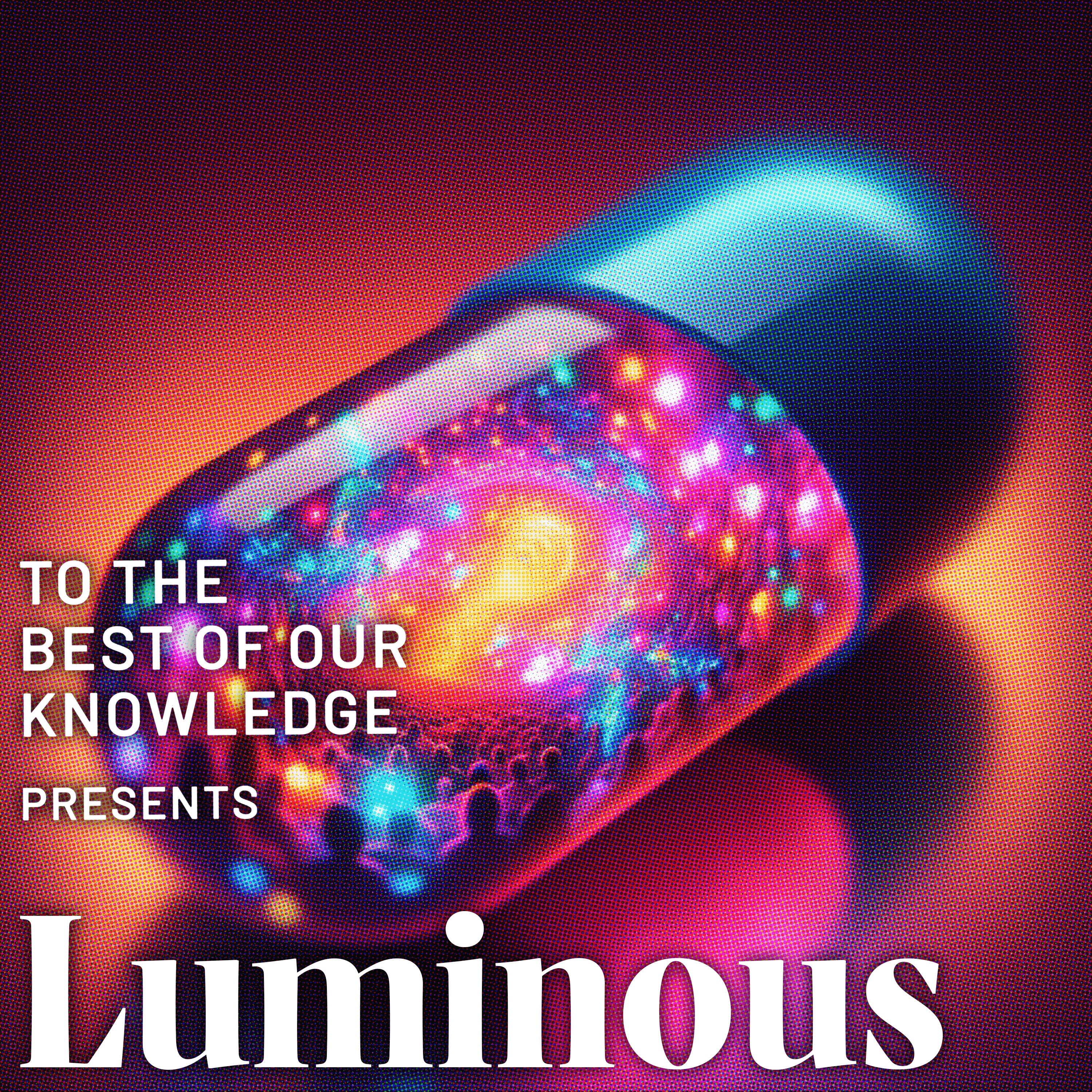
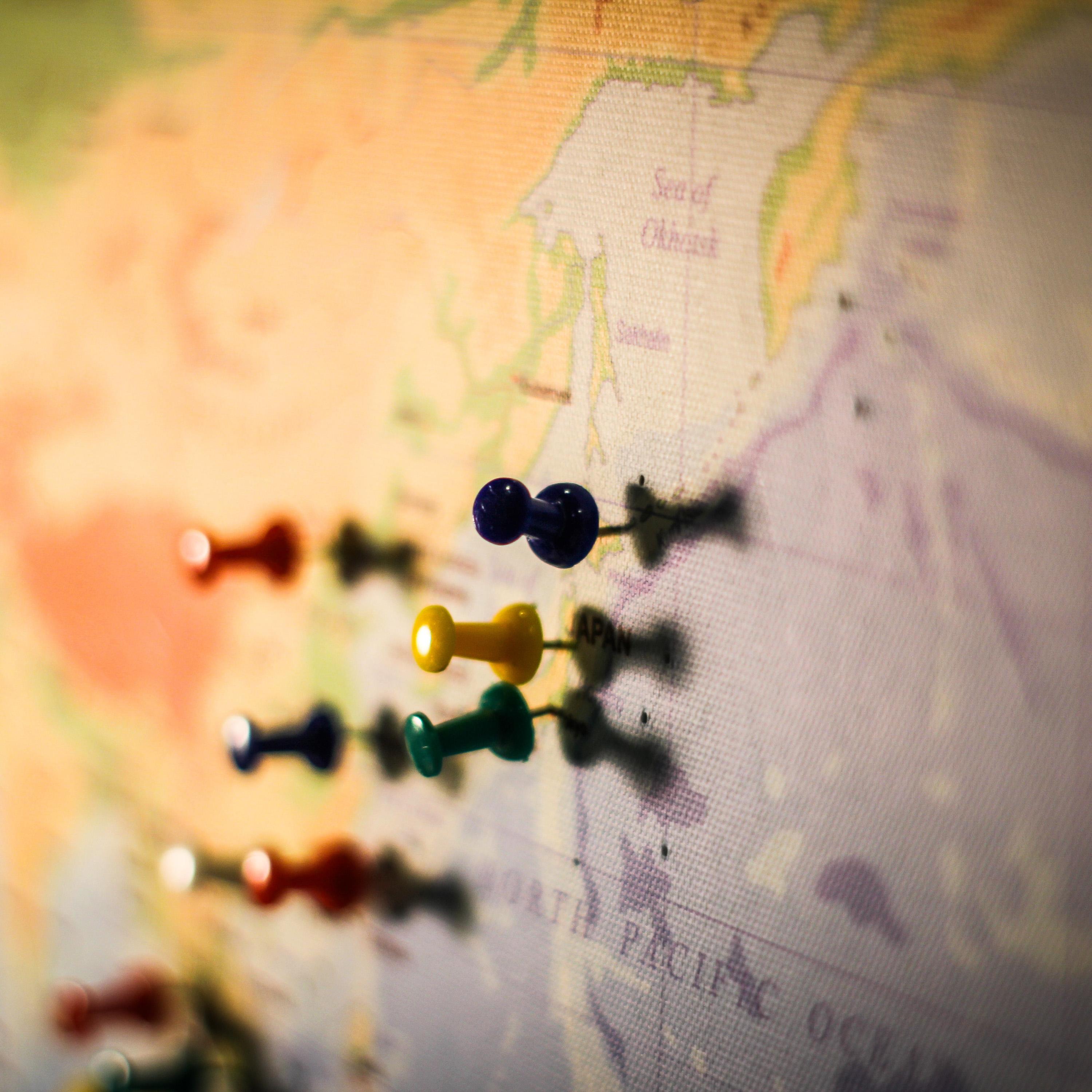
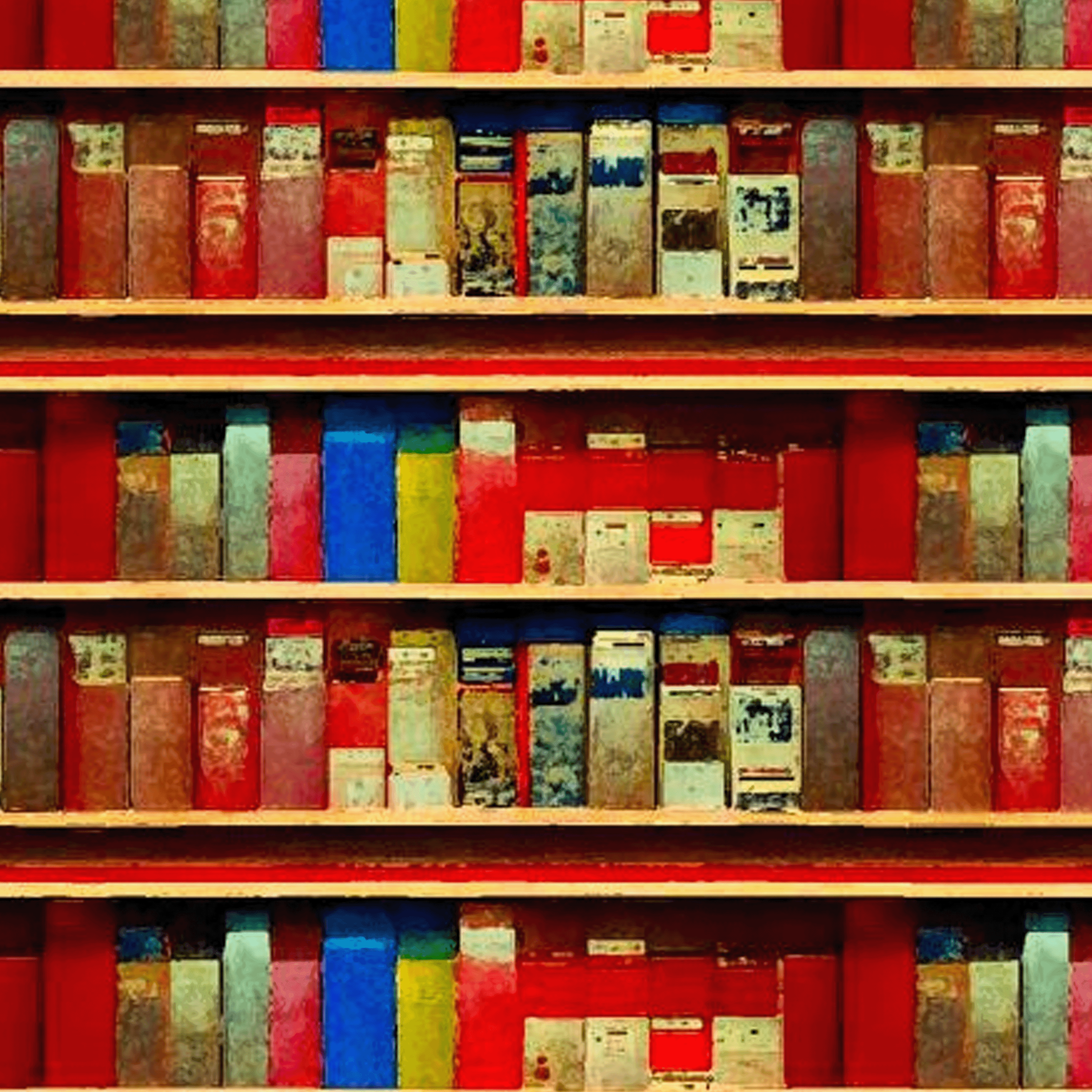
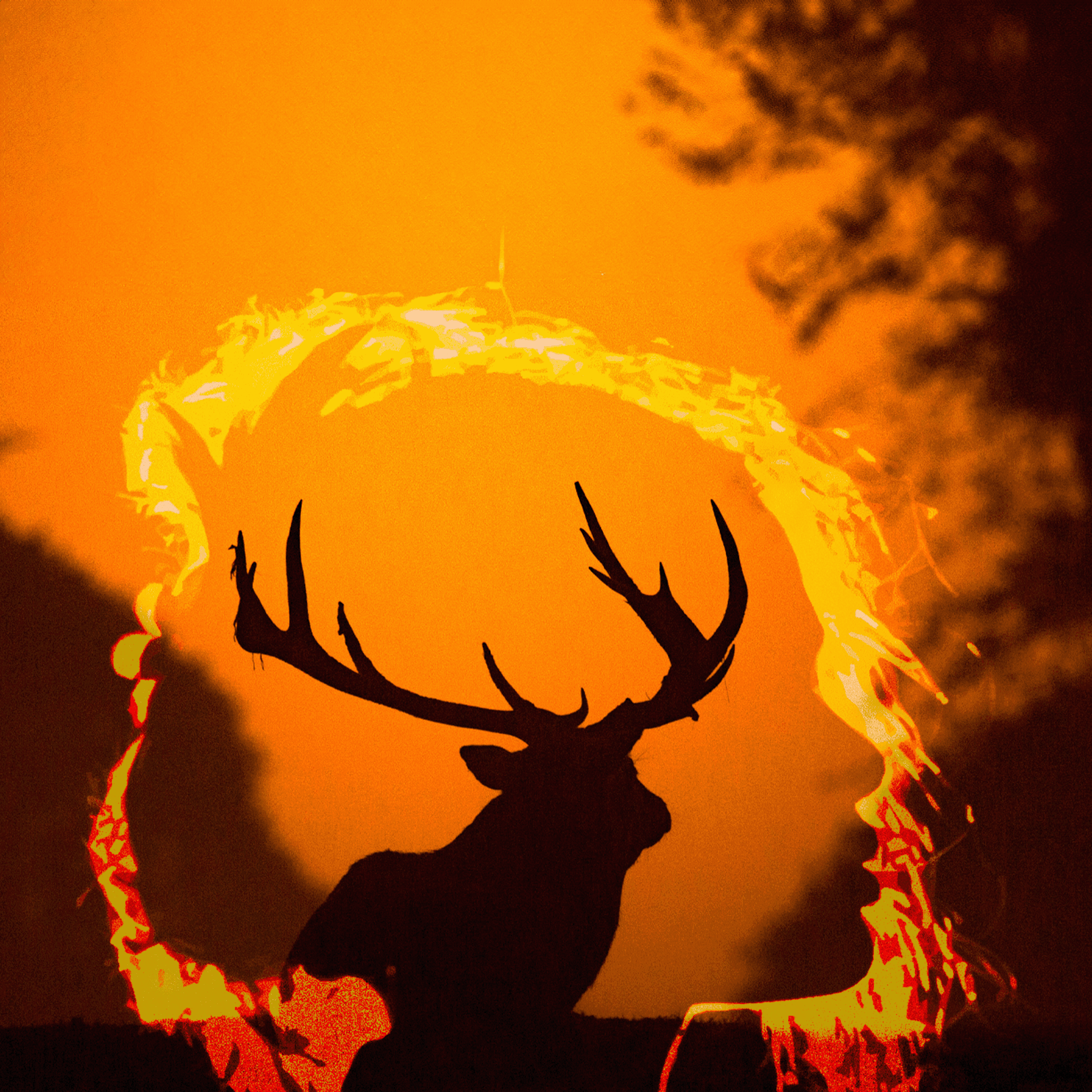
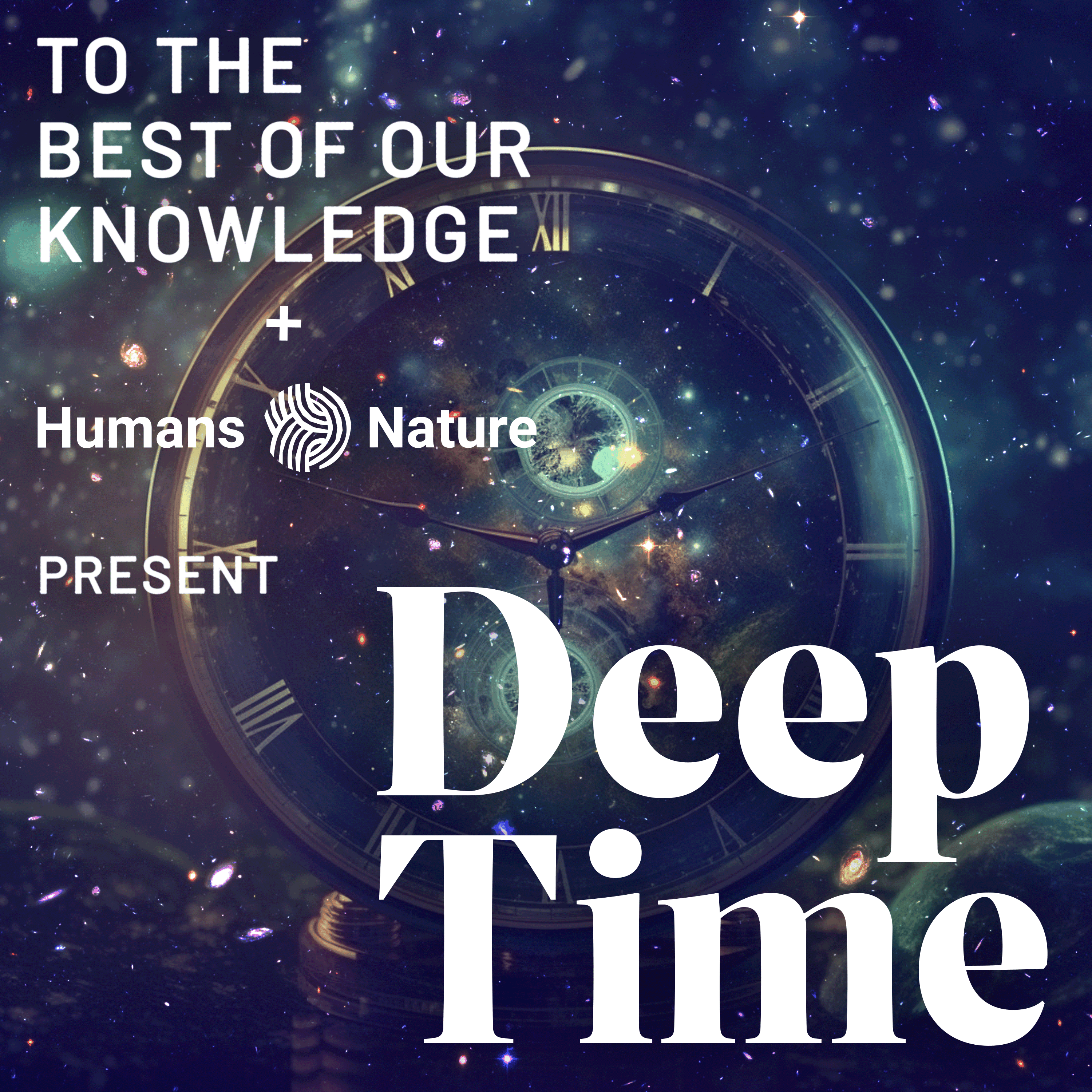
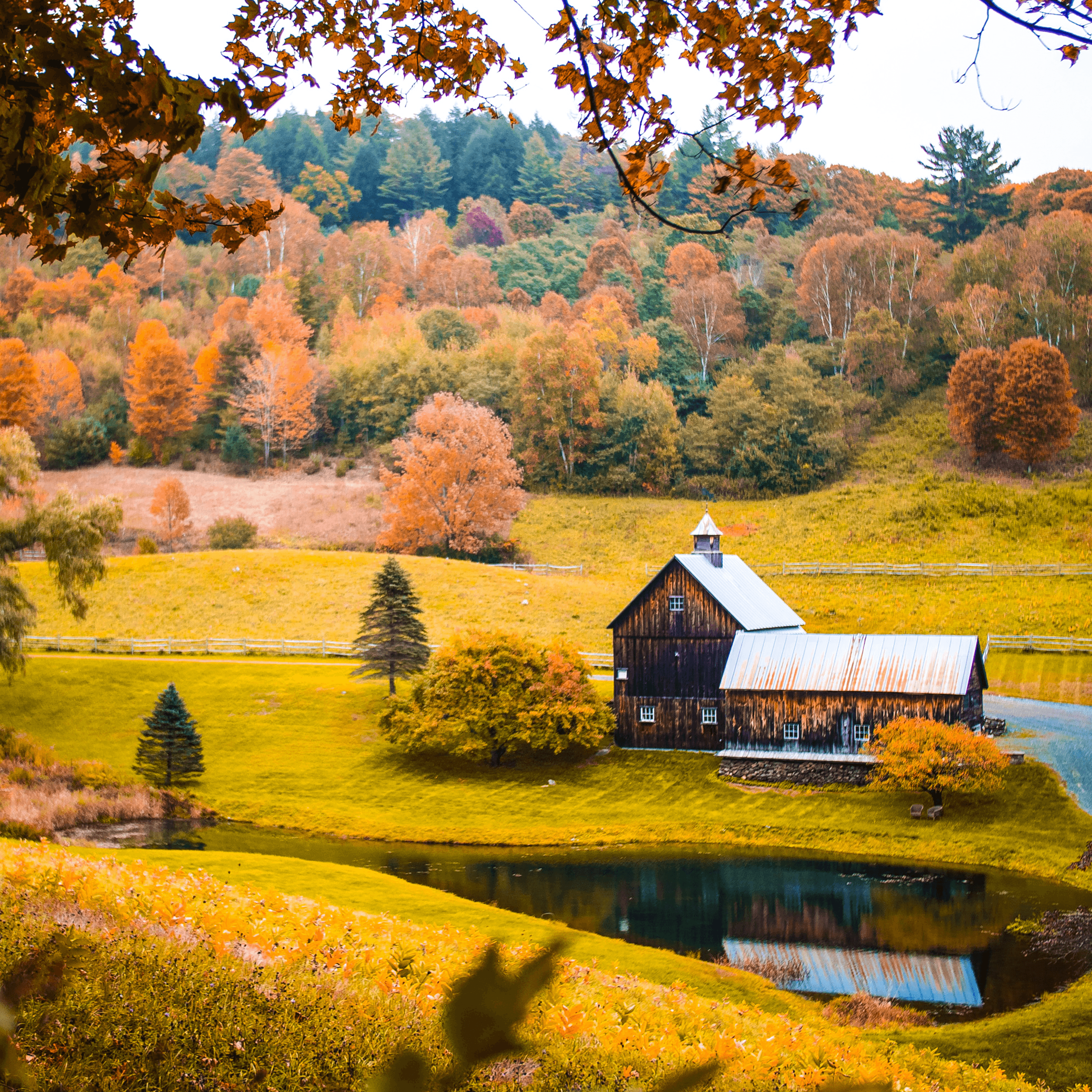
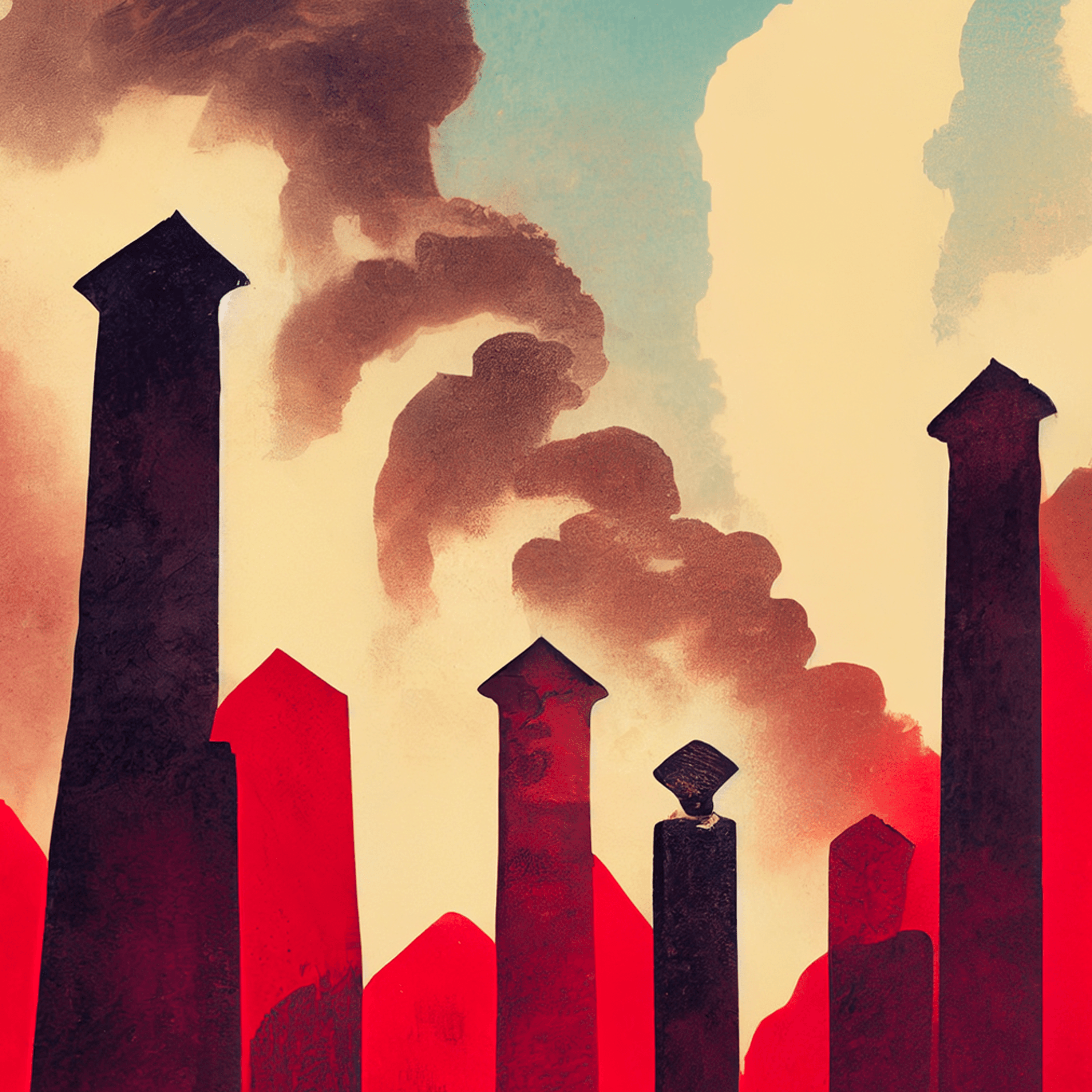
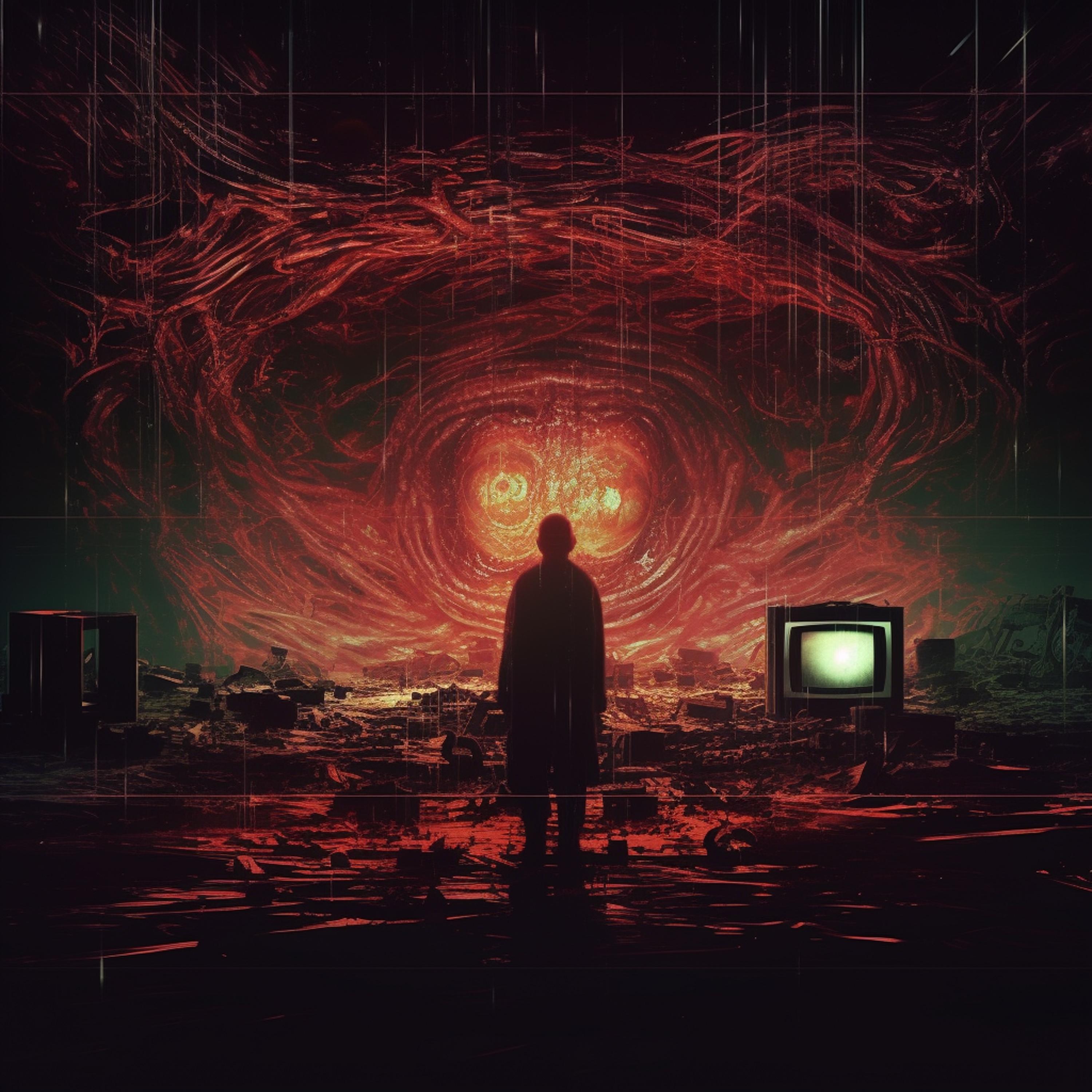

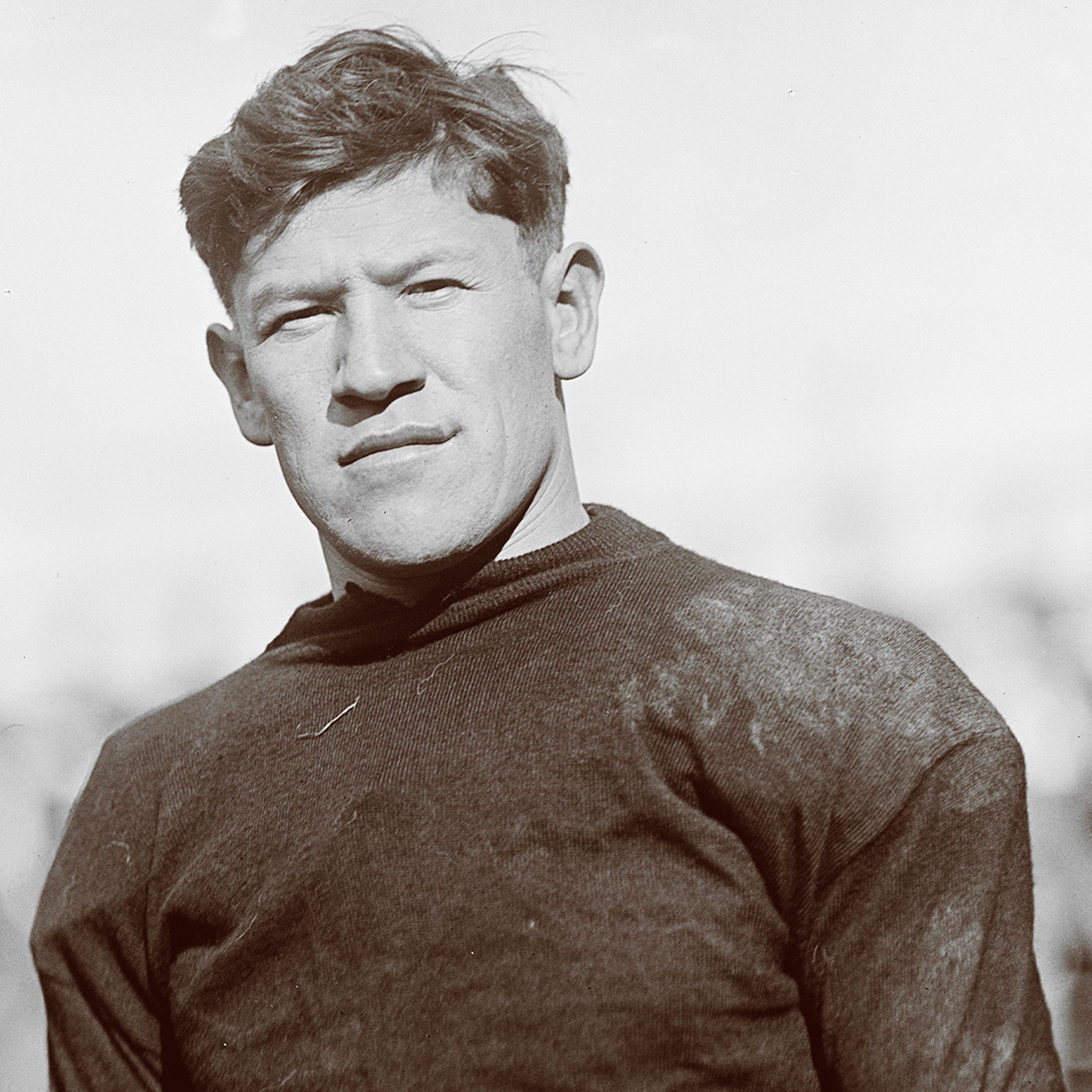
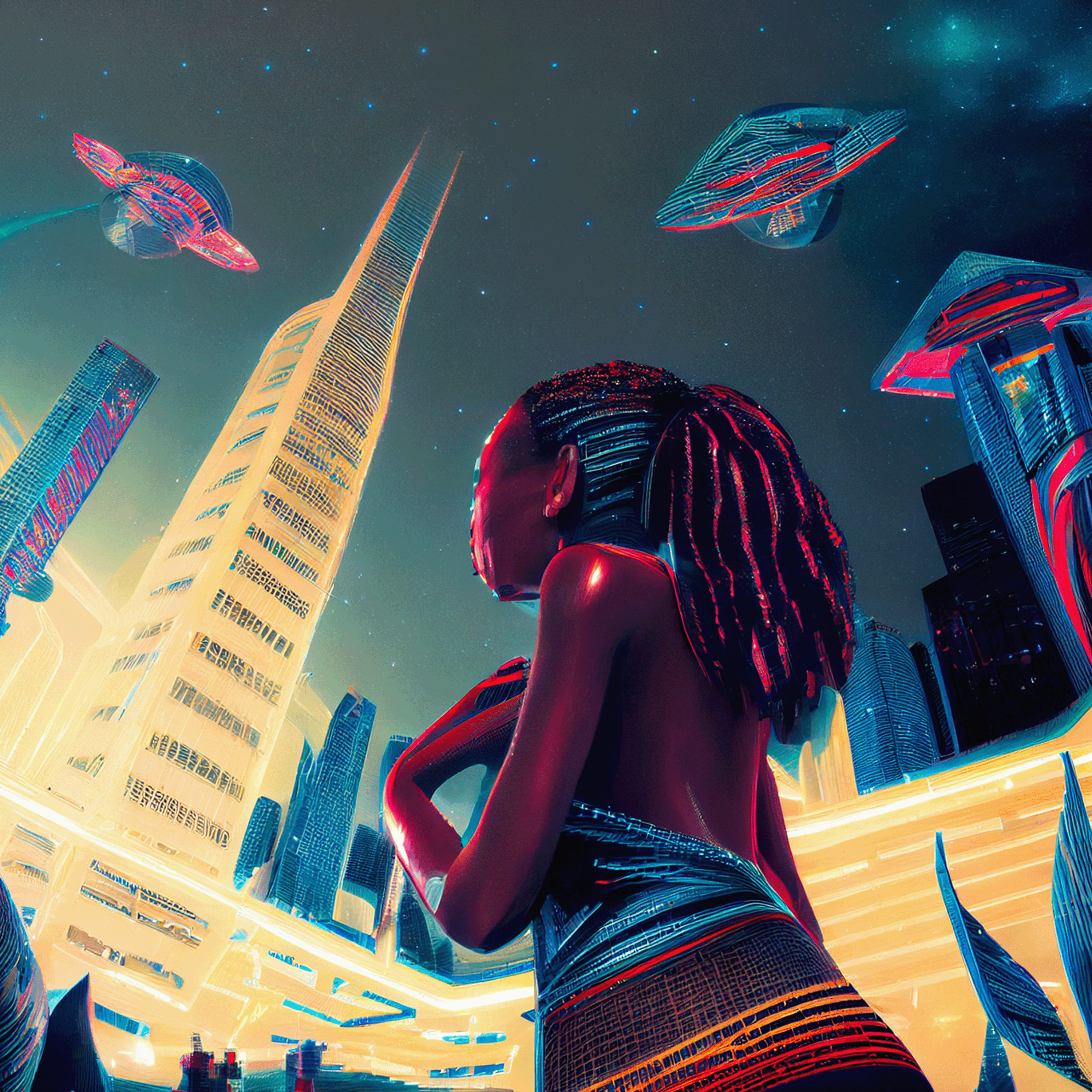

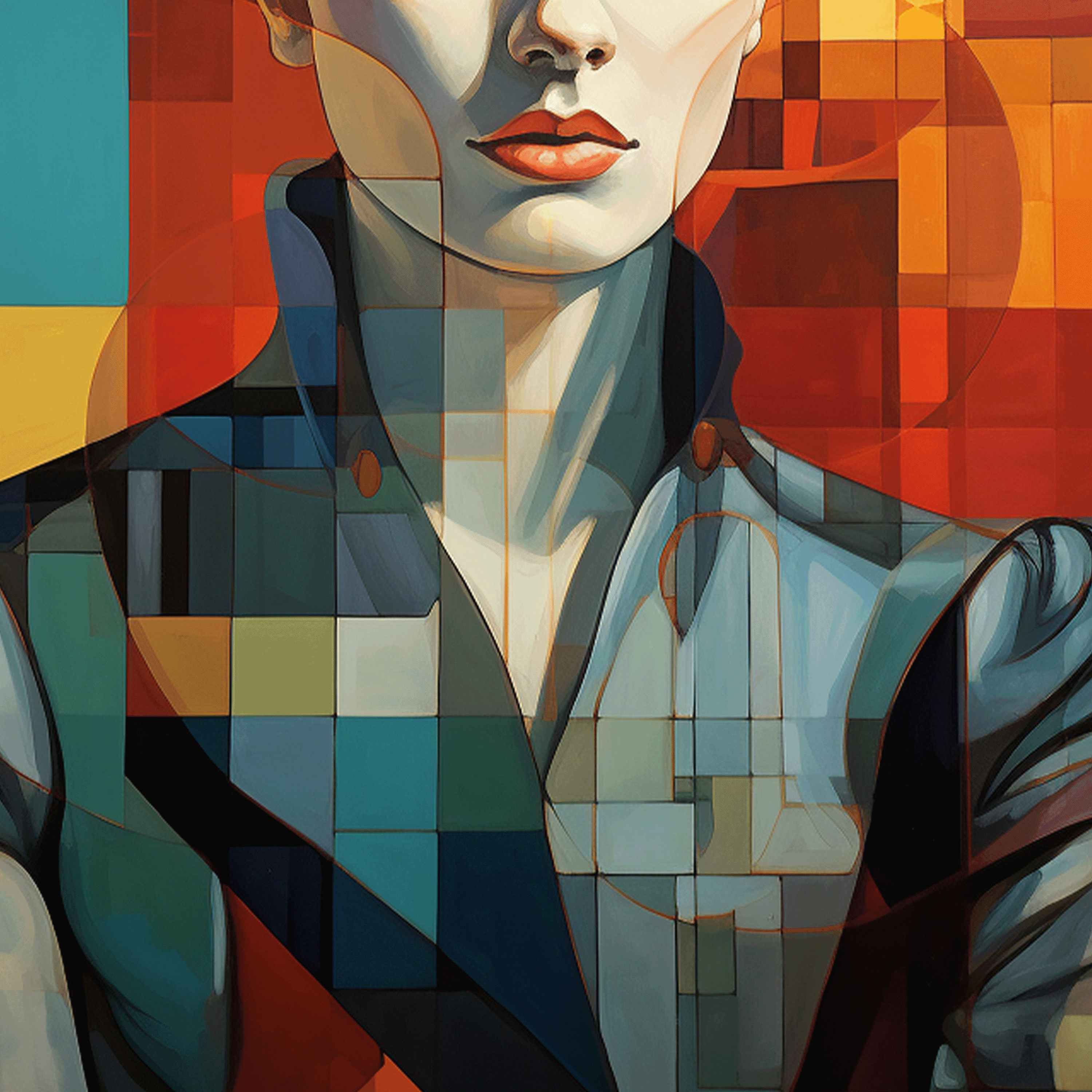



































































































































































































![Thumbnail for "In Search Of Real Food [Rebroadcast]". Thumbnail for "In Search Of Real Food [Rebroadcast]".](/_next/image?url=https%3A%2F%2Ff.prxu.org%2F120%2Fimages%2Ffa76f303-5812-41c1-8c79-5f3586593cf1%2FTTBOOK_Podcast_light_Final_01.png&w=3840&q=75)


![Thumbnail for "Giving Is Complicated [Rebroadcast]". Thumbnail for "Giving Is Complicated [Rebroadcast]".](/_next/image?url=https%3A%2F%2Ff.prxu.org%2F120%2Fimages%2Ffa76f303-5812-41c1-8c79-5f3586593cf1%2FTTBOOK_Podcast_light_Final_01.png&w=3840&q=75)

![Thumbnail for "Is Guilt A Wasted Emotion? [Rebroadcast]". Thumbnail for "Is Guilt A Wasted Emotion? [Rebroadcast]".](/_next/image?url=https%3A%2F%2Ff.prxu.org%2F120%2Fimages%2Ffa76f303-5812-41c1-8c79-5f3586593cf1%2FTTBOOK_Podcast_light_Final_01.png&w=3840&q=75)

![Thumbnail for "The Secret Language of Trees [Rebroadcast]". Thumbnail for "The Secret Language of Trees [Rebroadcast]".](/_next/image?url=https%3A%2F%2Ff.prxu.org%2F120%2Fimages%2Ffa76f303-5812-41c1-8c79-5f3586593cf1%2FTTBOOK_Podcast_light_Final_01.png&w=3840&q=75)


![Thumbnail for "If Your Clothes Could Talk [Rebroadcast]". Thumbnail for "If Your Clothes Could Talk [Rebroadcast]".](/_next/image?url=https%3A%2F%2Ff.prxu.org%2F120%2Fimages%2Ffa76f303-5812-41c1-8c79-5f3586593cf1%2FTTBOOK_Podcast_light_Final_01.png&w=3840&q=75)

![Thumbnail for "Your Miraculous And Mysterious Body [Rebroadcast]". Thumbnail for "Your Miraculous And Mysterious Body [Rebroadcast]".](/_next/image?url=https%3A%2F%2Ff.prxu.org%2F120%2Fimages%2Ffa76f303-5812-41c1-8c79-5f3586593cf1%2FTTBOOK_Podcast_light_Final_01.png&w=3840&q=75)

![Thumbnail for "What Sparks Creativity? [Rebroadcast]". Thumbnail for "What Sparks Creativity? [Rebroadcast]".](/_next/image?url=https%3A%2F%2Ff.prxu.org%2F120%2Fimages%2Ffa76f303-5812-41c1-8c79-5f3586593cf1%2FTTBOOK_Podcast_light_Final_01.png&w=3840&q=75)

![Thumbnail for "New Voices In Native American Writing [Rebroadcast]". Thumbnail for "New Voices In Native American Writing [Rebroadcast]".](/_next/image?url=https%3A%2F%2Ff.prxu.org%2F120%2Fimages%2Ffa76f303-5812-41c1-8c79-5f3586593cf1%2FTTBOOK_Podcast_light_Final_01.png&w=3840&q=75)
![Thumbnail for "What's Wrong With Work? [Rebroadcast]". Thumbnail for "What's Wrong With Work? [Rebroadcast]".](/_next/image?url=https%3A%2F%2Ff.prxu.org%2F120%2Fimages%2Ffa76f303-5812-41c1-8c79-5f3586593cf1%2FTTBOOK_Podcast_light_Final_01.png&w=3840&q=75)
![Thumbnail for "Should You Delete Your Facebook Account? [Rebroadcast]". Thumbnail for "Should You Delete Your Facebook Account? [Rebroadcast]".](/_next/image?url=https%3A%2F%2Ff.prxu.org%2F120%2Fimages%2Ffa76f303-5812-41c1-8c79-5f3586593cf1%2FTTBOOK_Podcast_light_Final_01.png&w=3840&q=75)


![Thumbnail for "Is Anger Useful? [Rebroadcast]". Thumbnail for "Is Anger Useful? [Rebroadcast]".](/_next/image?url=https%3A%2F%2Ff.prxu.org%2F120%2Fimages%2Ffa76f303-5812-41c1-8c79-5f3586593cf1%2FTTBOOK_Podcast_light_Final_01.png&w=3840&q=75)

![Thumbnail for "Writing Truth and Lies [Rebroadcast]". Thumbnail for "Writing Truth and Lies [Rebroadcast]".](/_next/image?url=https%3A%2F%2Ff.prxu.org%2F120%2Fimages%2Ffa76f303-5812-41c1-8c79-5f3586593cf1%2FTTBOOK_Podcast_light_Final_01.png&w=3840&q=75)

![Thumbnail for "Religion Without Doctrine [Rebroadcast]". Thumbnail for "Religion Without Doctrine [Rebroadcast]".](/_next/image?url=https%3A%2F%2Ff.prxu.org%2F120%2Fimages%2Ffa76f303-5812-41c1-8c79-5f3586593cf1%2FTTBOOK_Podcast_light_Final_01.png&w=3840&q=75)
![Thumbnail for "Pick Your Poison [Rebroadcast]". Thumbnail for "Pick Your Poison [Rebroadcast]".](/_next/image?url=https%3A%2F%2Ff.prxu.org%2F120%2Fimages%2Ffa76f303-5812-41c1-8c79-5f3586593cf1%2FTTBOOK_Podcast_light_Final_01.png&w=3840&q=75)

![Thumbnail for "The Ways We Are Born — Again and Again [Rebroadcast]". Thumbnail for "The Ways We Are Born — Again and Again [Rebroadcast]".](/_next/image?url=https%3A%2F%2Ff.prxu.org%2F120%2Fimages%2Ffa76f303-5812-41c1-8c79-5f3586593cf1%2FTTBOOK_Podcast_light_Final_01.png&w=3840&q=75)



![Thumbnail for "Loving Bees [Rebroadcast]". Thumbnail for "Loving Bees [Rebroadcast]".](/_next/image?url=https%3A%2F%2Ff.prxu.org%2F120%2Fimages%2Ffa76f303-5812-41c1-8c79-5f3586593cf1%2FTTBOOK_Podcast_light_Final_01.png&w=3840&q=75)
![Thumbnail for "Listening to the City [Rebroadcast]". Thumbnail for "Listening to the City [Rebroadcast]".](/_next/image?url=https%3A%2F%2Ff.prxu.org%2F120%2Fimages%2Ffa76f303-5812-41c1-8c79-5f3586593cf1%2FTTBOOK_Podcast_light_Final_01.png&w=3840&q=75)



![Thumbnail for "Making Waves: Live in Milwaukee [Rebroadcast]". Thumbnail for "Making Waves: Live in Milwaukee [Rebroadcast]".](/_next/image?url=https%3A%2F%2Ff.prxu.org%2F120%2Fimages%2Ffa76f303-5812-41c1-8c79-5f3586593cf1%2FTTBOOK_Podcast_light_Final_01.png&w=3840&q=75)

![Thumbnail for "Center of the World [Rebroadcast]". Thumbnail for "Center of the World [Rebroadcast]".](/_next/image?url=https%3A%2F%2Ff.prxu.org%2F120%2Fimages%2Ffa76f303-5812-41c1-8c79-5f3586593cf1%2FTTBOOK_Podcast_light_Final_01.png&w=3840&q=75)


![Thumbnail for "Being Sincere in a Cynical World [Rebroadcast]". Thumbnail for "Being Sincere in a Cynical World [Rebroadcast]".](/_next/image?url=https%3A%2F%2Ff.prxu.org%2F120%2Fimages%2Ffa76f303-5812-41c1-8c79-5f3586593cf1%2FTTBOOK_Podcast_light_Final_01.png&w=3840&q=75)


![Thumbnail for "Is Guilt A Wasted Emotion? [Rebroadcast]". Thumbnail for "Is Guilt A Wasted Emotion? [Rebroadcast]".](/_next/image?url=https%3A%2F%2Ff.prxu.org%2F120%2Fimages%2Ffa76f303-5812-41c1-8c79-5f3586593cf1%2FTTBOOK_Podcast_light_Final_01.png&w=3840&q=75)

![Thumbnail for "In Search of "Real" Food [Rebroadcast]". Thumbnail for "In Search of "Real" Food [Rebroadcast]".](/_next/image?url=https%3A%2F%2Ff.prxu.org%2F120%2Fimages%2Ffa76f303-5812-41c1-8c79-5f3586593cf1%2FTTBOOK_Podcast_light_Final_01.png&w=3840&q=75)
![Thumbnail for "Virtually Anywhere [Extra]". Thumbnail for "Virtually Anywhere [Extra]".](/_next/image?url=https%3A%2F%2Ff.prxu.org%2F120%2Fimages%2Ffa76f303-5812-41c1-8c79-5f3586593cf1%2FTTBOOK_Podcast_light_Final_01.png&w=3840&q=75)

![Thumbnail for "Women Who Rule [Rebroadcast]". Thumbnail for "Women Who Rule [Rebroadcast]".](/_next/image?url=https%3A%2F%2Ff.prxu.org%2F120%2Fimages%2Ffa76f303-5812-41c1-8c79-5f3586593cf1%2FTTBOOK_Podcast_light_Final_01.png&w=3840&q=75)
![Thumbnail for "What Can We Learn From Teenagers? [Rebroadcast]". Thumbnail for "What Can We Learn From Teenagers? [Rebroadcast]".](/_next/image?url=https%3A%2F%2Ff.prxu.org%2F120%2Fimages%2Ffa76f303-5812-41c1-8c79-5f3586593cf1%2FTTBOOK_Podcast_light_Final_01.png&w=3840&q=75)
![Thumbnail for "The Third Act [Rebroadcast]". Thumbnail for "The Third Act [Rebroadcast]".](/_next/image?url=https%3A%2F%2Ff.prxu.org%2F120%2Fimages%2Ffa76f303-5812-41c1-8c79-5f3586593cf1%2FTTBOOK_Podcast_light_Final_01.png&w=3840&q=75)
![Thumbnail for "Ending With A Flourish [Rebroadcast]". Thumbnail for "Ending With A Flourish [Rebroadcast]".](/_next/image?url=https%3A%2F%2Ff.prxu.org%2F120%2Fimages%2Ffa76f303-5812-41c1-8c79-5f3586593cf1%2FTTBOOK_Podcast_light_Final_01.png&w=3840&q=75)

![Thumbnail for "The Secret Language of Trees [Rebroadcast]". Thumbnail for "The Secret Language of Trees [Rebroadcast]".](/_next/image?url=https%3A%2F%2Ff.prxu.org%2F120%2Fimages%2Ffa76f303-5812-41c1-8c79-5f3586593cf1%2FTTBOOK_Podcast_light_Final_01.png&w=3840&q=75)



![Thumbnail for "We've Had 30 Years Of Prozac. Why Are We Still Depressed? [Rebroadcast]". Thumbnail for "We've Had 30 Years Of Prozac. Why Are We Still Depressed? [Rebroadcast]".](/_next/image?url=https%3A%2F%2Ff.prxu.org%2F120%2Fimages%2Ffa76f303-5812-41c1-8c79-5f3586593cf1%2FTTBOOK_Podcast_light_Final_01.png&w=3840&q=75)


![Thumbnail for "Even Stranger Things [Rebroadcast]". Thumbnail for "Even Stranger Things [Rebroadcast]".](/_next/image?url=https%3A%2F%2Ff.prxu.org%2F120%2Fimages%2Ffa76f303-5812-41c1-8c79-5f3586593cf1%2FTTBOOK_Podcast_light_Final_01.png&w=3840&q=75)
![Thumbnail for "Discovering America's Black DNA [Rebroadcast]". Thumbnail for "Discovering America's Black DNA [Rebroadcast]".](/_next/image?url=https%3A%2F%2Ff.prxu.org%2F120%2Fimages%2Ffa76f303-5812-41c1-8c79-5f3586593cf1%2FTTBOOK_Podcast_light_Final_01.png&w=3840&q=75)

![Thumbnail for "What's Wrong With Men? [Rebroadcast]". Thumbnail for "What's Wrong With Men? [Rebroadcast]".](/_next/image?url=https%3A%2F%2Ff.prxu.org%2F120%2Fimages%2Ffa76f303-5812-41c1-8c79-5f3586593cf1%2FTTBOOK_Podcast_light_Final_01.png&w=3840&q=75)

![Thumbnail for "Magical Thinking [Rebroadcast]". Thumbnail for "Magical Thinking [Rebroadcast]".](/_next/image?url=https%3A%2F%2Ff.prxu.org%2F120%2Fimages%2Ffa76f303-5812-41c1-8c79-5f3586593cf1%2FTTBOOK_Podcast_light_Final_01.png&w=3840&q=75)




![Thumbnail for "Could Psychedelic Drugs Save Your Life? [Rebroadcast]". Thumbnail for "Could Psychedelic Drugs Save Your Life? [Rebroadcast]".](/_next/image?url=https%3A%2F%2Ff.prxu.org%2F120%2Fimages%2Ffa76f303-5812-41c1-8c79-5f3586593cf1%2FTTBOOK_Podcast_light_Final_01.png&w=3840&q=75)
![Thumbnail for "The Einstein You Don't Know [Extra]". Thumbnail for "The Einstein You Don't Know [Extra]".](/_next/image?url=https%3A%2F%2Ff.prxu.org%2F120%2Fimages%2Ffa76f303-5812-41c1-8c79-5f3586593cf1%2FTTBOOK_Podcast_light_Final_01.png&w=3840&q=75)




![Thumbnail for "Jeff Kripal at the Edge of Belief [Extra]". Thumbnail for "Jeff Kripal at the Edge of Belief [Extra]".](/_next/image?url=https%3A%2F%2Ff.prxu.org%2F120%2Fimages%2Ffa76f303-5812-41c1-8c79-5f3586593cf1%2FTTBOOK_Podcast_light_Final_01.png&w=3840&q=75)
![Thumbnail for "Mind of a Terrorist [Rebroadcast]". Thumbnail for "Mind of a Terrorist [Rebroadcast]".](/_next/image?url=https%3A%2F%2Ff.prxu.org%2F120%2Fimages%2Ffa76f303-5812-41c1-8c79-5f3586593cf1%2FTTBOOK_Podcast_light_Final_01.png&w=3840&q=75)
![Thumbnail for "Worshipping Waterfalls: The Evolution of Belief [Rebroadcast]". Thumbnail for "Worshipping Waterfalls: The Evolution of Belief [Rebroadcast]".](/_next/image?url=https%3A%2F%2Ff.prxu.org%2F120%2Fimages%2Ffa76f303-5812-41c1-8c79-5f3586593cf1%2FTTBOOK_Podcast_light_Final_01.png&w=3840&q=75)
![Thumbnail for "When Is A Road Trip Something More? [Rebroadcast]". Thumbnail for "When Is A Road Trip Something More? [Rebroadcast]".](/_next/image?url=https%3A%2F%2Ff.prxu.org%2F120%2Fimages%2Ffa76f303-5812-41c1-8c79-5f3586593cf1%2FTTBOOK_Podcast_light_Final_01.png&w=3840&q=75)


![Thumbnail for "Beyond the Echo Chamber [REBROADCAST]". Thumbnail for "Beyond the Echo Chamber [REBROADCAST]".](/_next/image?url=https%3A%2F%2Ff.prxu.org%2F120%2Fimages%2Ffa76f303-5812-41c1-8c79-5f3586593cf1%2FTTBOOK_Podcast_light_Final_01.png&w=3840&q=75)

![Thumbnail for "Center of the World [REBROADCAST]". Thumbnail for "Center of the World [REBROADCAST]".](/_next/image?url=https%3A%2F%2Ff.prxu.org%2F120%2Fimages%2Ffa76f303-5812-41c1-8c79-5f3586593cf1%2FTTBOOK_Podcast_light_Final_01.png&w=3840&q=75)
![Thumbnail for "What is School For? [REBROADCAST]". Thumbnail for "What is School For? [REBROADCAST]".](/_next/image?url=https%3A%2F%2Ff.prxu.org%2F120%2Fimages%2Ffa76f303-5812-41c1-8c79-5f3586593cf1%2FTTBOOK_Podcast_light_Final_01.png&w=3840&q=75)




























































































































































































































































































































Going for Broke: Making Up Our Minds

How we live is indelibly intertwined with the care and empathy we give to each other. What if we put care into helping Americans find homes and build dwellings, into keeping their bodies and minds sound, and finding meaningful and well-paid work? In this three part series, "To The Best Of Our Knowledge" and the Economic Hardship Reporting Project bring you real life stories about economic struggle in our time, as well as ideas for solutions.
Post-traumatic stress disorder and other mental health challenges can push people into poverty. Meanwhile, the experience of financial desperation can also create even more trauma, even more suffering. How do you break the cycle? How do we truly care for people mentally and financially?
If you or someone you know are having mental health struggles, we wanted to make sure you are aware of some resources. The National Suicide and Crisis Lifeline is available 24 hours a day by calling 9-8-8. The National Alliance on Mental Illness reminds us that one in five people in the US has a mental health concern every year. You can find support and education at their web site, nami.org.
Original Air Date: November 12, 2022
Interviews In This Hour:
Trauma and poverty: The perfect storm experienced by U.S. veterans — Learning to cope when mental health care feels out of reach — More than one way to treat a mind — How harm reduction disrupts painful cycles of addiction
Guests:
Alex Miller, Katie Prout, Daniel Bergner, Maia Szalavitz
Never want to miss an episode? Subscribe to the podcast.
Want to hear more from us, including extended interviews and favorites from the archive? Subscribe to our newsletter.